
News
Back Results for: Research

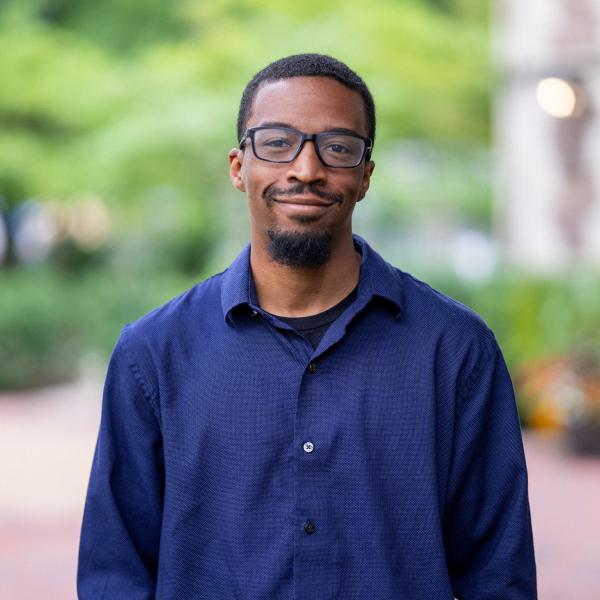
Bringing expansion microscopy to plants
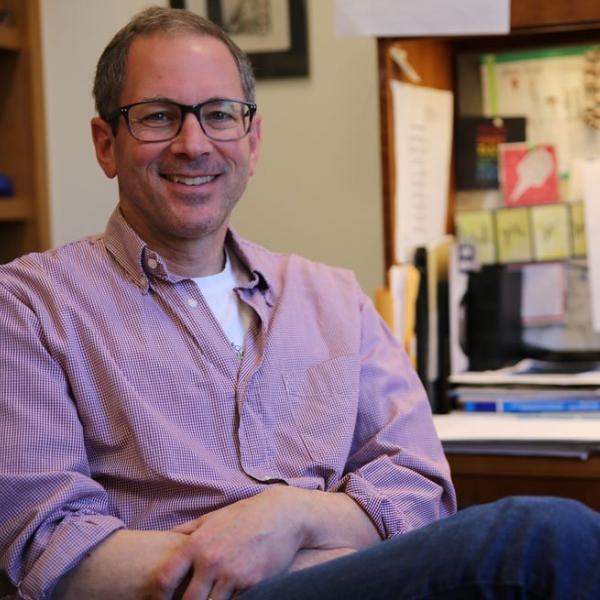
WashU Expert: The disruptions of daylight saving time
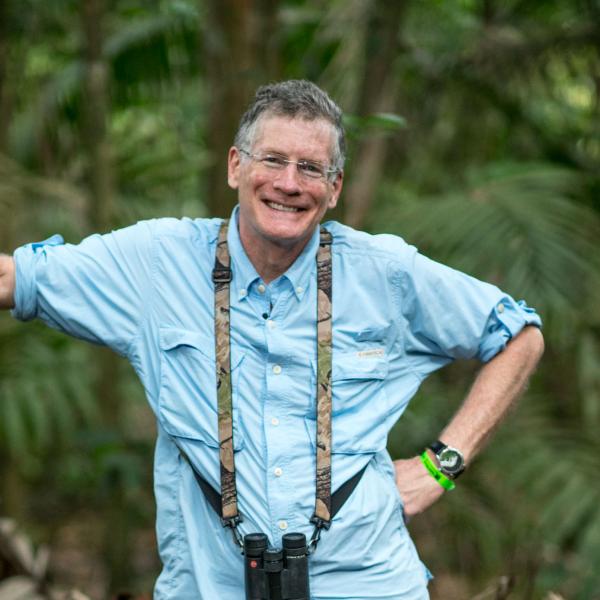
Why do cats have 'toe beans'?
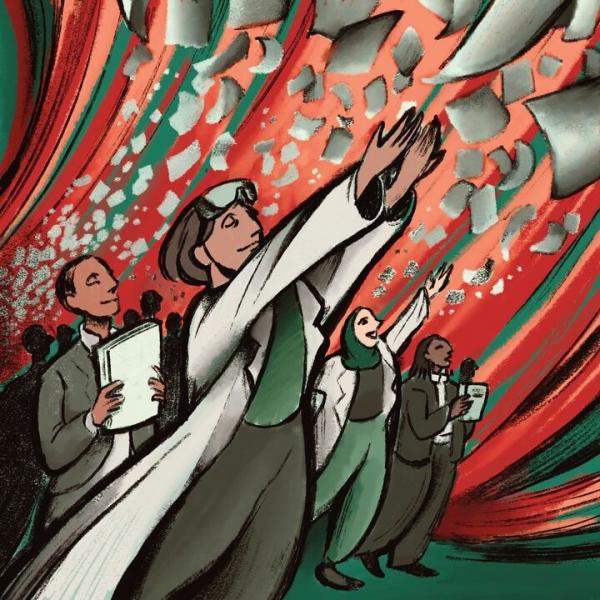
WUJUR: Fostering engagement with undergraduate research
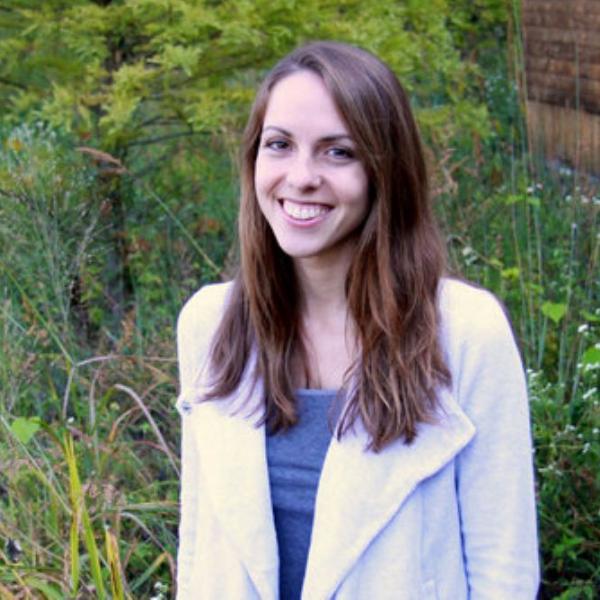
Invasive longhorned tick discovered in St. Louis County

A Living Earth Collaborative-funded team studies how foraged foods can combat malnutrition
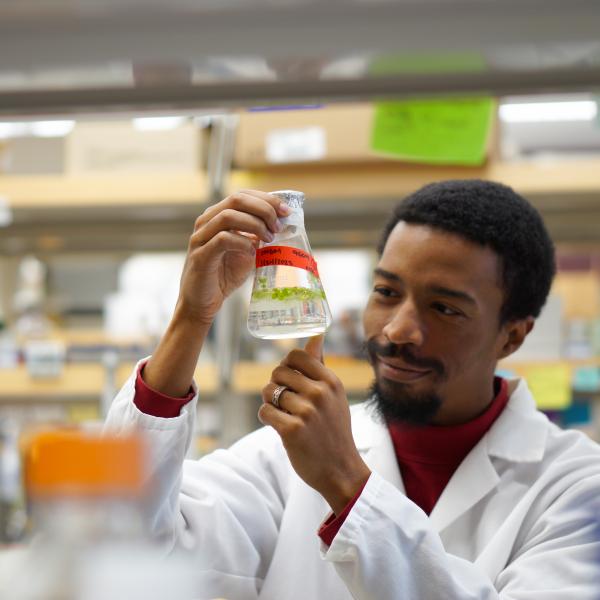
Faculty Spotlight: New Assistant Professor Kevin Cox

Lady in red: WashU research reveals function of red stigmas in wind-pollinated flowers
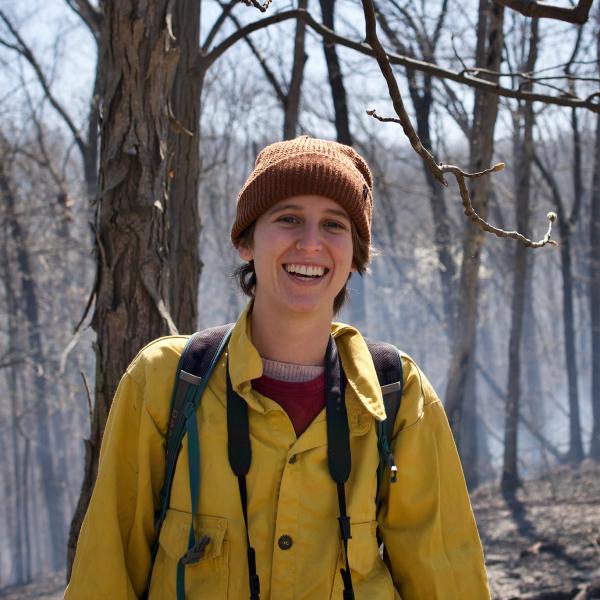
Paw Paw Randomness-Listen to the Podcast
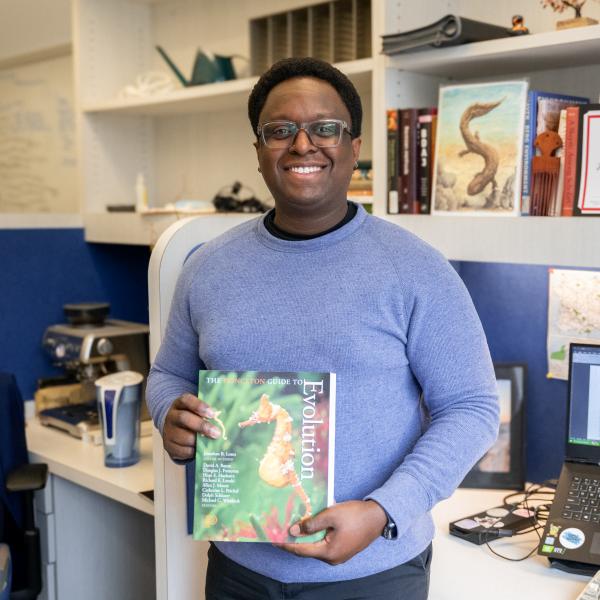
Jhan Carlos Salazar explores the peaks and valleys of evolution

Why do some cats have orange fur? New hue clues in an old mystery.
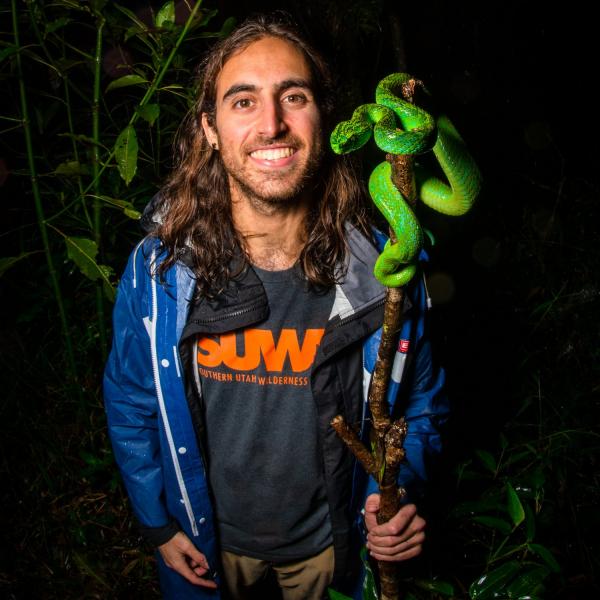
Probable Destinies: The organic evolution of HonduHerp, a conservation organization
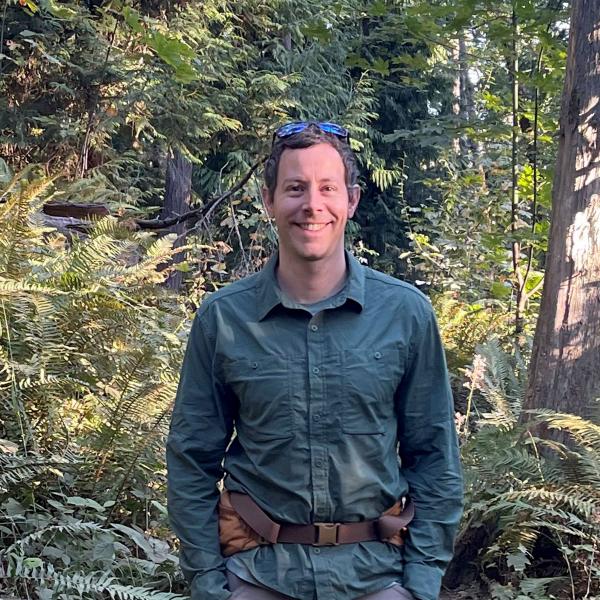
Biology Department welcomes Assistant Professor Andreas Kautt

Biology Department welcomes Assistant Professor Kevin Cox
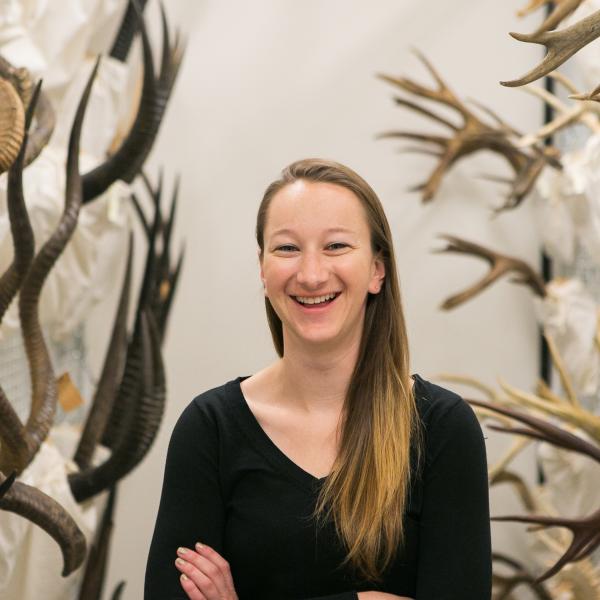
Coyote genes may show urban evolution at work

Nothin’ but pawpaws in the pawpaw patch
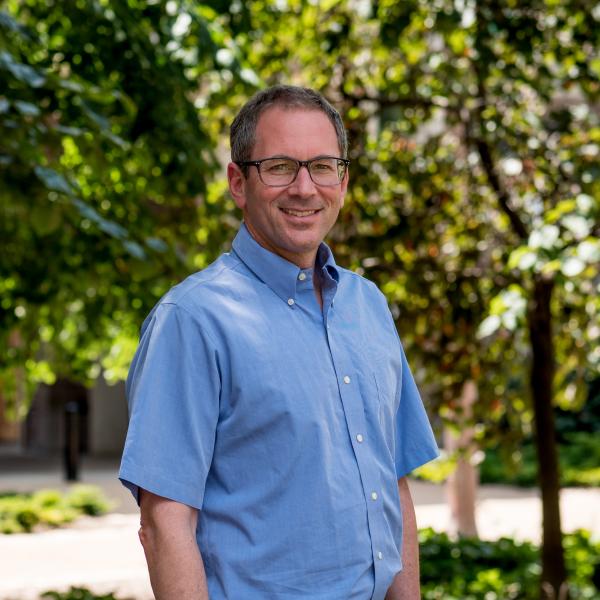
Engineering better sleep
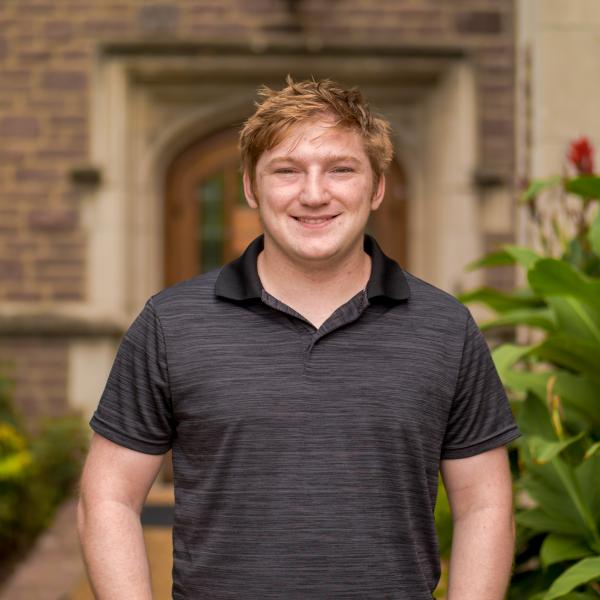
Across southeastern US, weedy rice steals herbicide resistance from crop rice
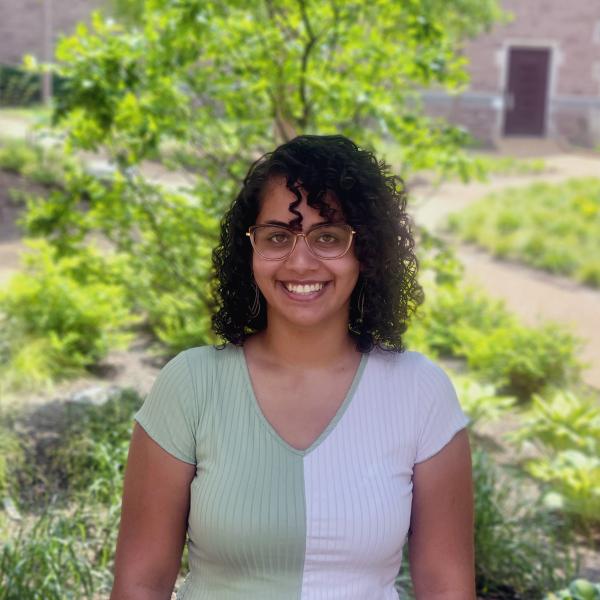
Brain tumors hijack circadian clock to grow
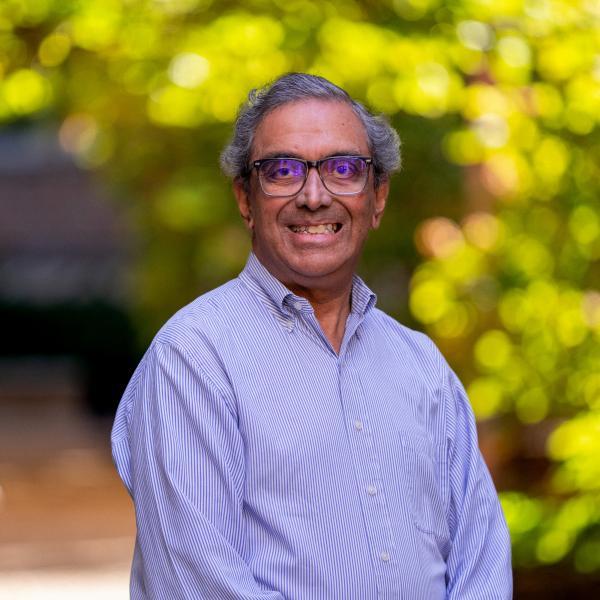
Researchers aim to develop space biomanufacturing from carbon dioxide, astronaut wastes
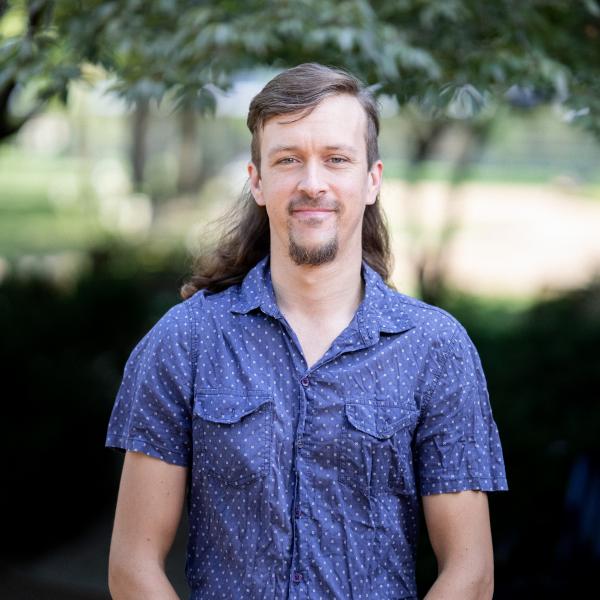
Island biodiversity rides on the wings of birds
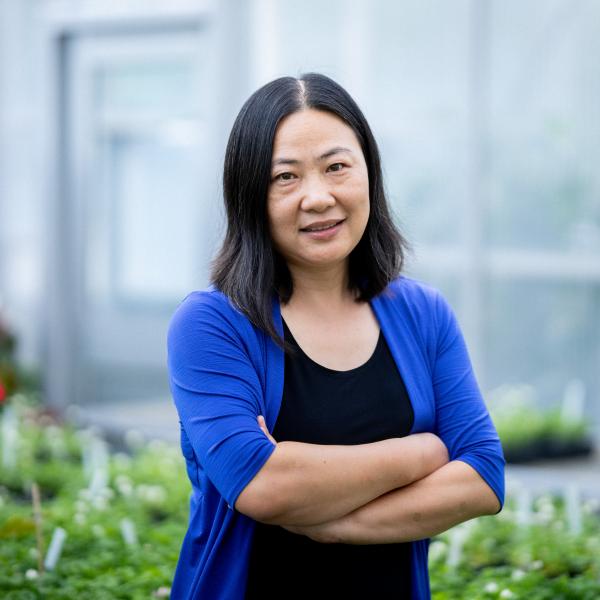
Plants use DNA duplication to increase their resilience
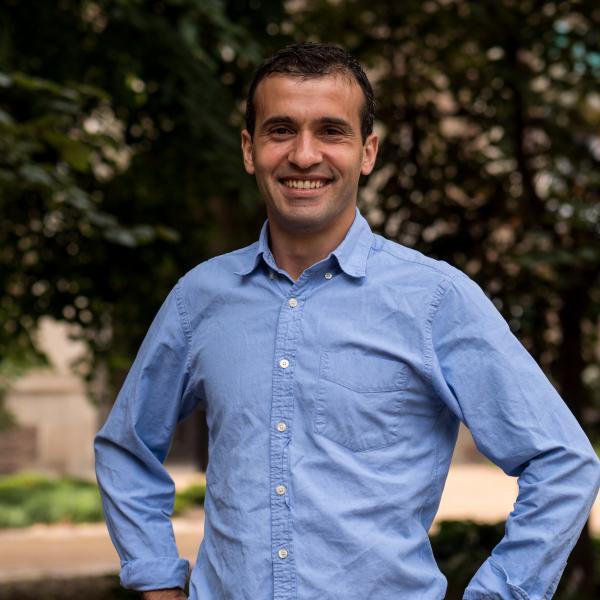
New study in Molecular Cell reveals inner workings of cellular alarm system
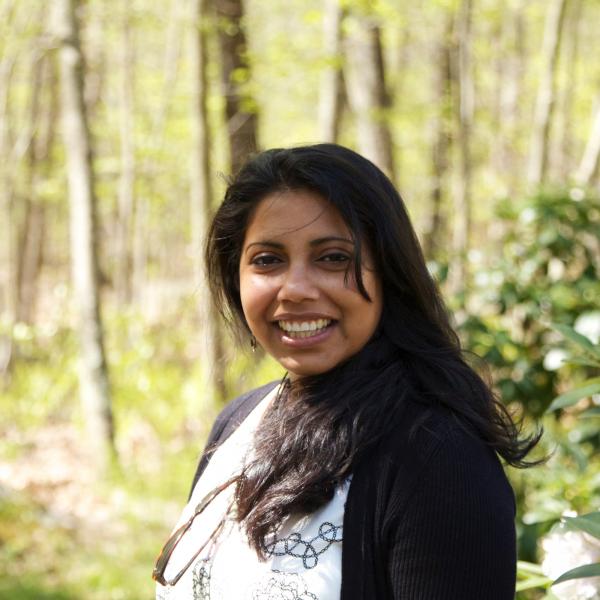
Opinion COP29: Doomism is turning audiences off climate action - so let’s share the success stories
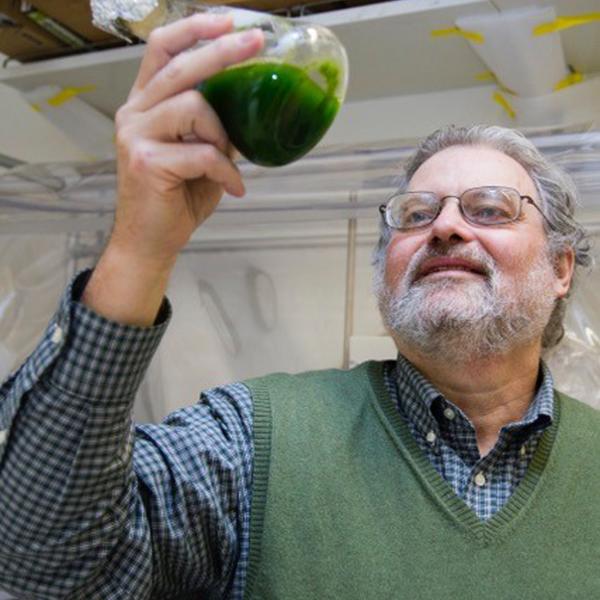
Future proofing photosynthesis

From lab to land: Crop modifications are fortifying our food supply against climate change
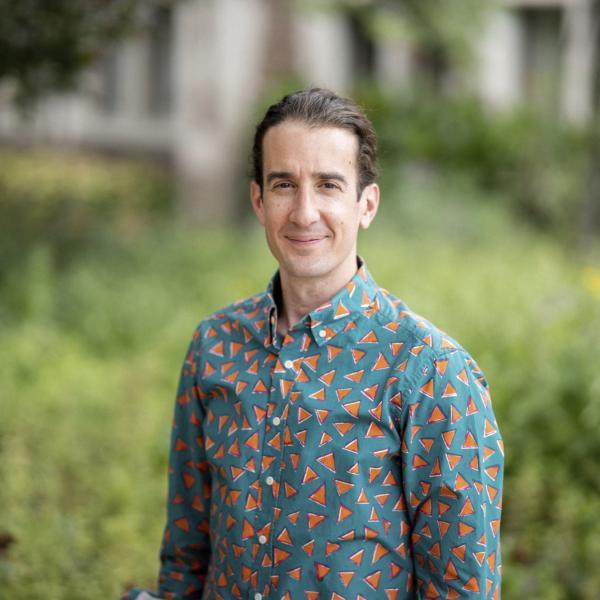
Hengen Lab explores connections between disease and neural teamwork in new Neuron study
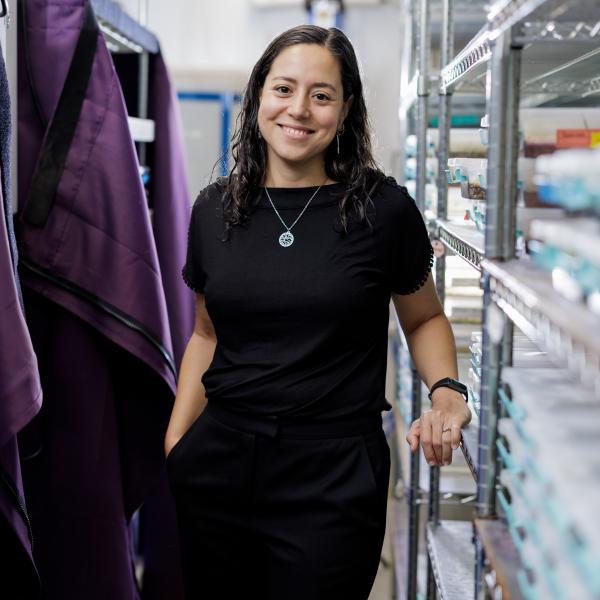
Understanding the mechanics of regeneration
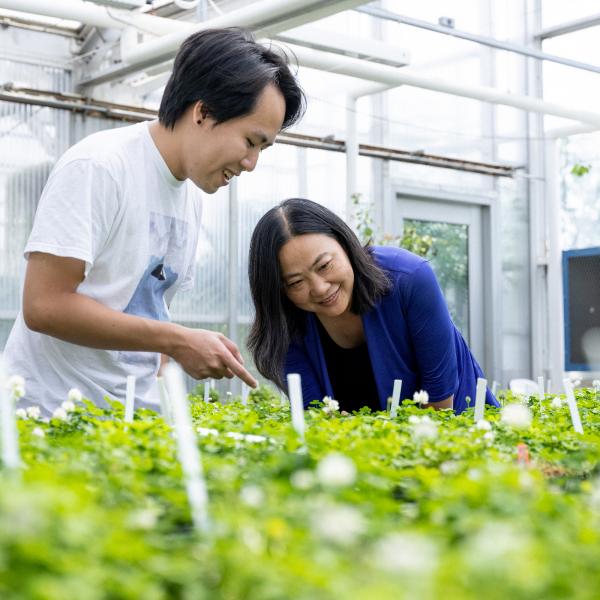
How plants evolved multiple ways to override genetic instructions

It's a worm's world: regeneration and regrowth in the Özpolat Lab

Does climate change impact fall foliage?

Why do cats 'chatter'?
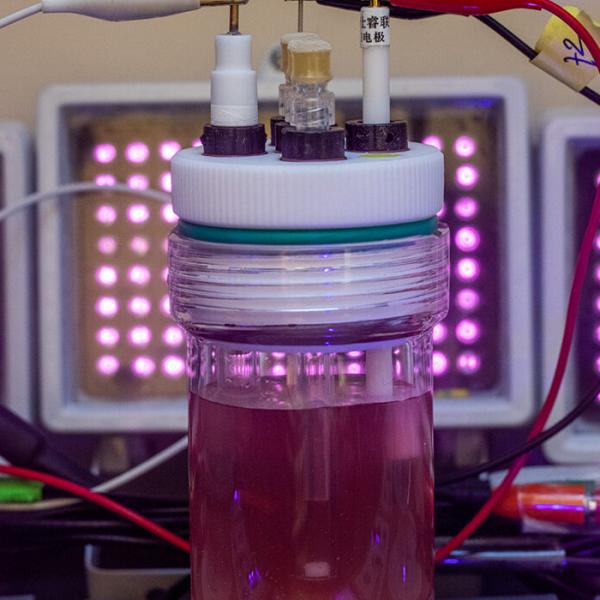
The future is purple

So why does Mr. Whiskers meow?
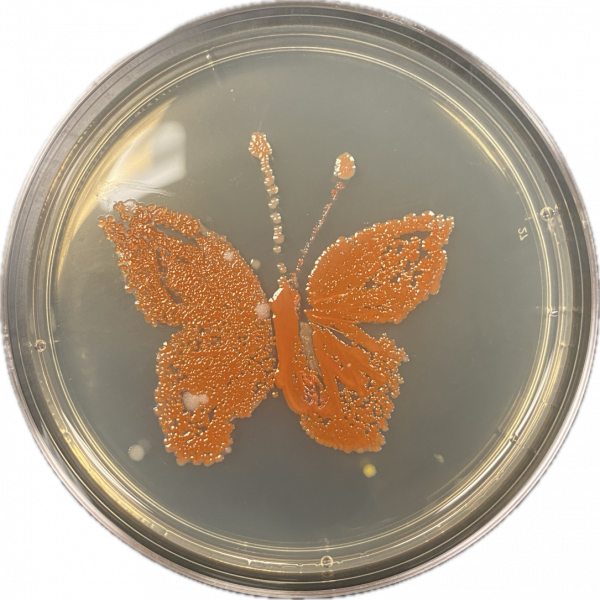
Fun Times with WU-ASM: Excitement That’s Infectious!
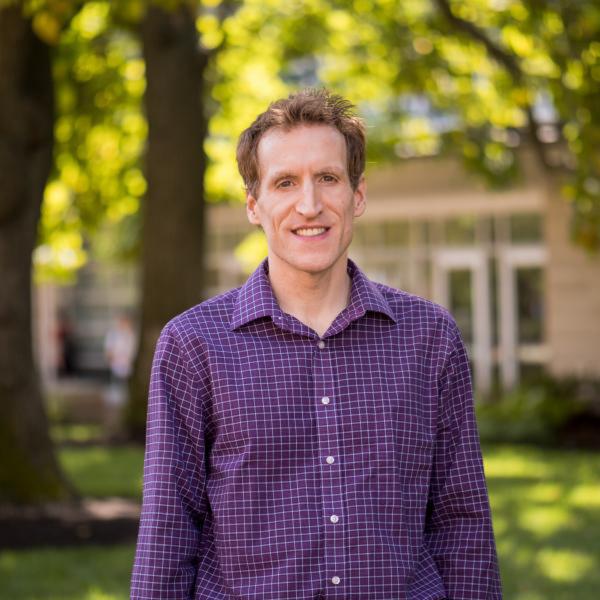
Biology Research Ambassador Program

Could our plastic soon be made by this purple bacteria?

Purple bacteria offer path to more sustainable plastic

NSF The Discovery Files: Bioplastics
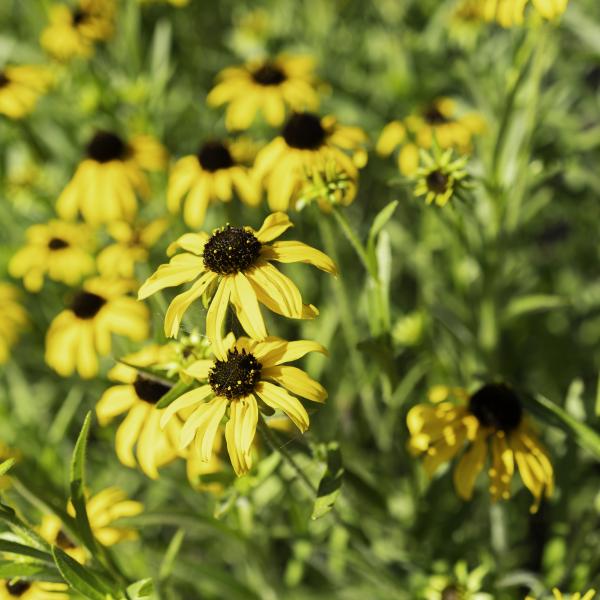
Climate change is super-charging St. Louis wildflowers

30-Year Friendship Finds a Research Home Through Department of Energy’s Visiting Faculty Program

Game-changing purple bacteria can become bioplastic factories

Scientists Discover Purple Bacteria That Could Revolutionize Bioplastics Production

Green Plastics from Purple Bacteria

Bakterien werden zu Biokunststofffabriken

Un avenir sans plastique polluant grâce aux bactéries pourpres ?

Engineering Purple Bacteria for Enhanced Bioplastic Synthesis
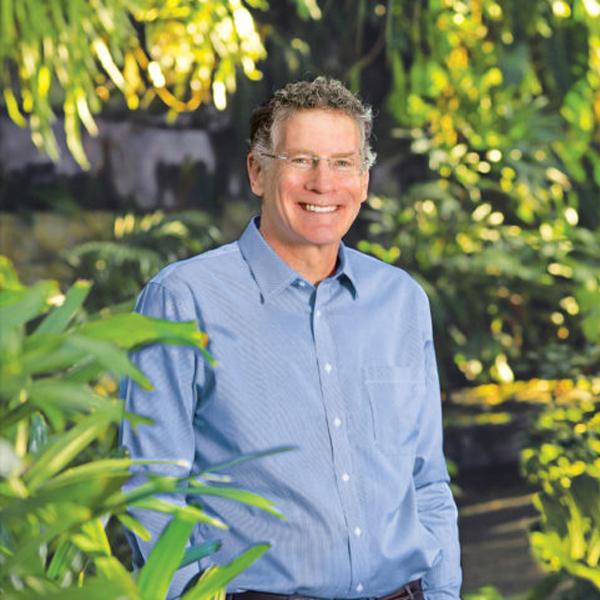
Love for cats lures students into this course, which uses feline research to teach science

Turning bacteria into bioplastic factories

Wake Up Call 'The Science Of Cats' Course Finds Popularity Among College Students
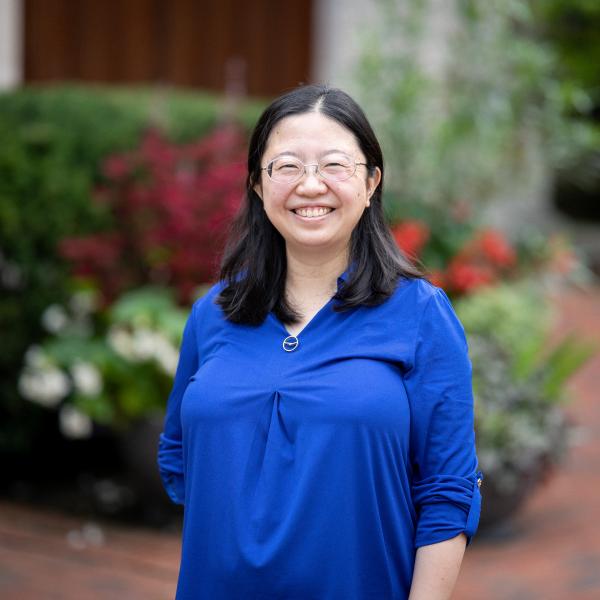
Three facts that led to Jennifer Wang’s interest in biological research
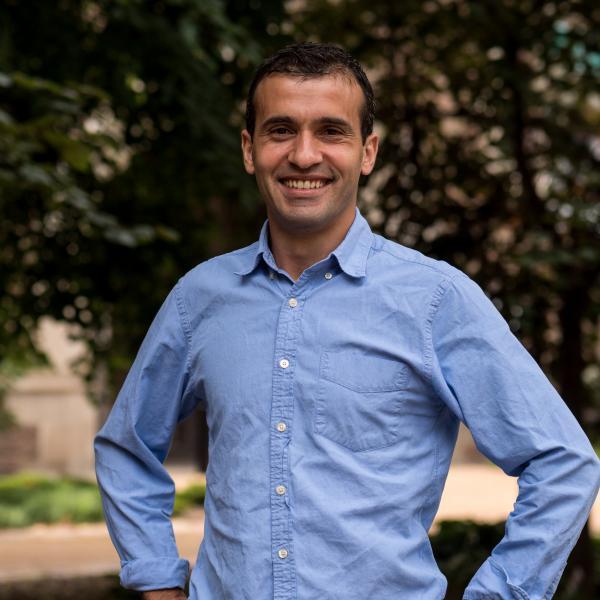
Zaher Lab’s surprise discovery about ribosome speed and stress response

Daily rhythms depend on receptor density in biological clock
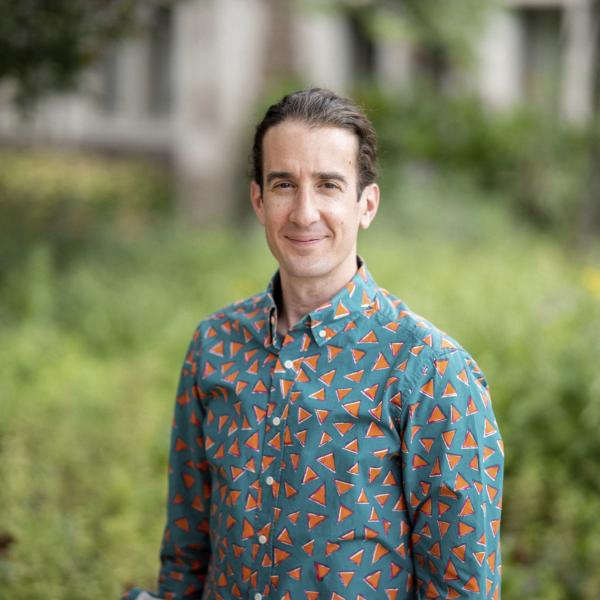
Micro-naps in the brain: Some regions sleep while others stay awake
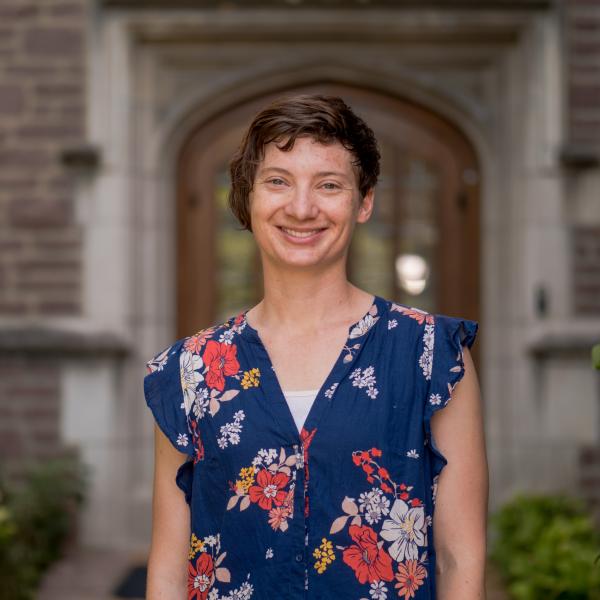
Plant diseases flourish in city landscapes
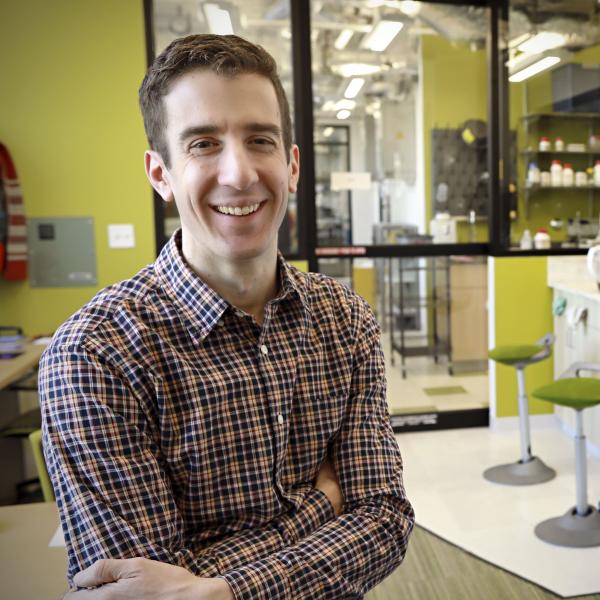
Scientists find that small regions of the brain can take micro-naps while the rest of the brain is awake and vice versa
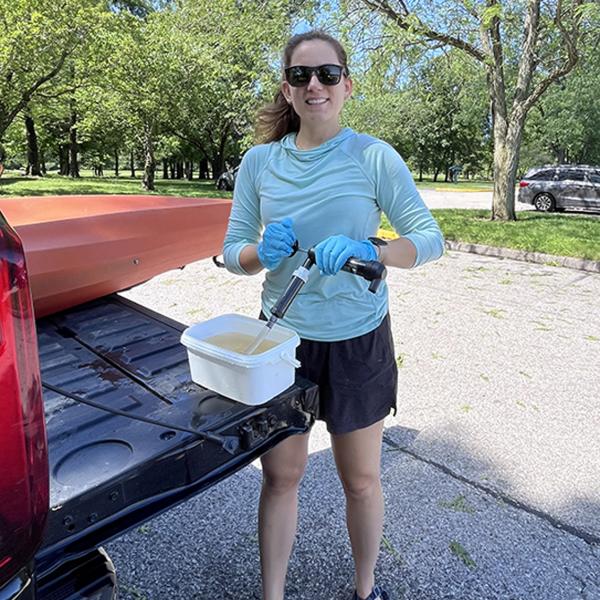
Sampling eDNA for global biodiversity census

Why some plant diseases thrive in urban environments

New research from Zaher Lab takes a closer look at stress response in cells

New study from Pakrasi Lab sheds light on how conflicting processes occur within a single cell
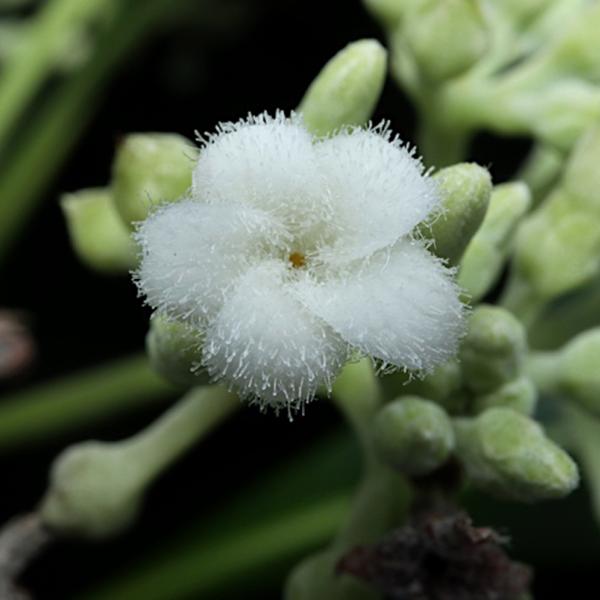
Scientists repot flowering plants’ tree of life—and find it has tangled roots

Chemo for glioblastoma enhanced by tapping into cell’s daily rhythms
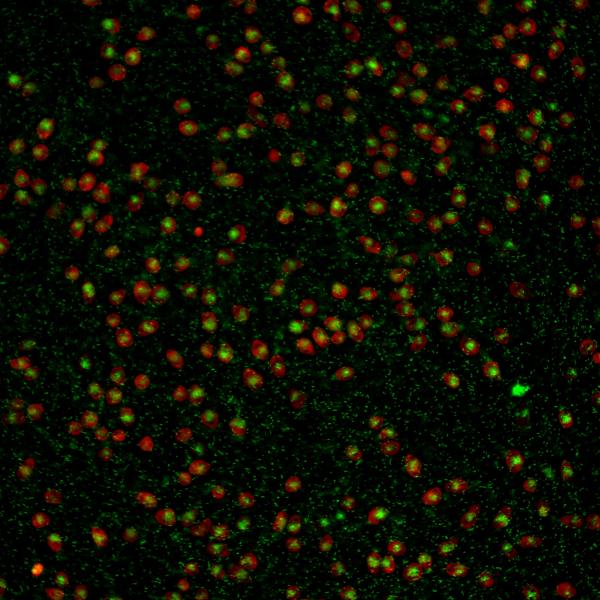
The predator's dilemma
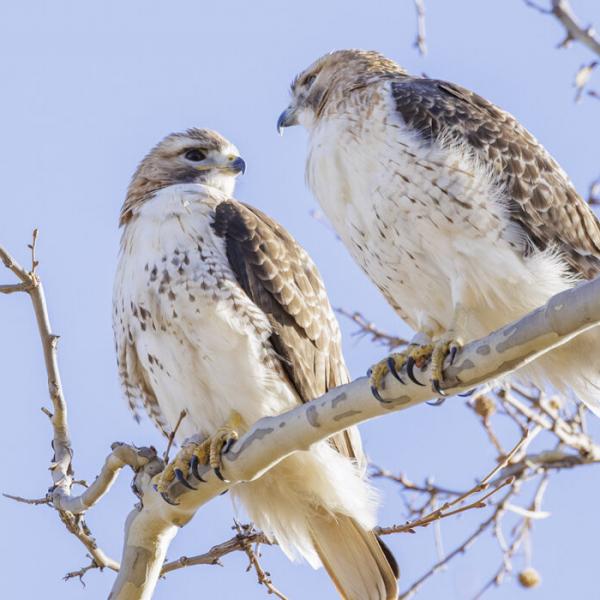
Scientists track red-tailed hawks nesting near WashU campus
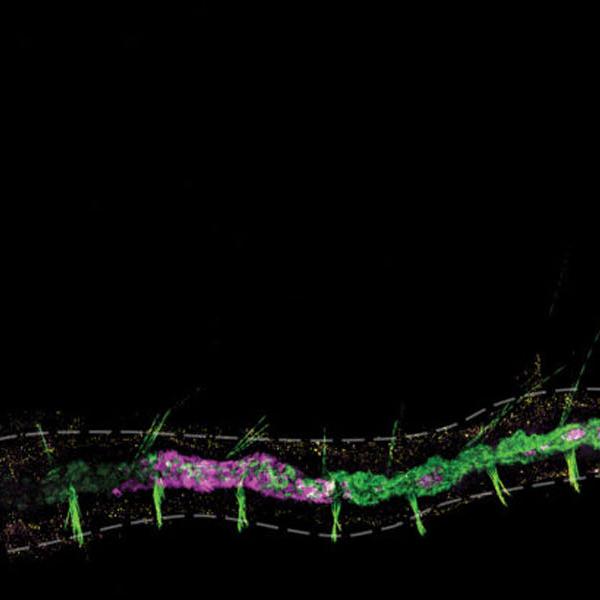
Unlocking the ‘chain of worms’
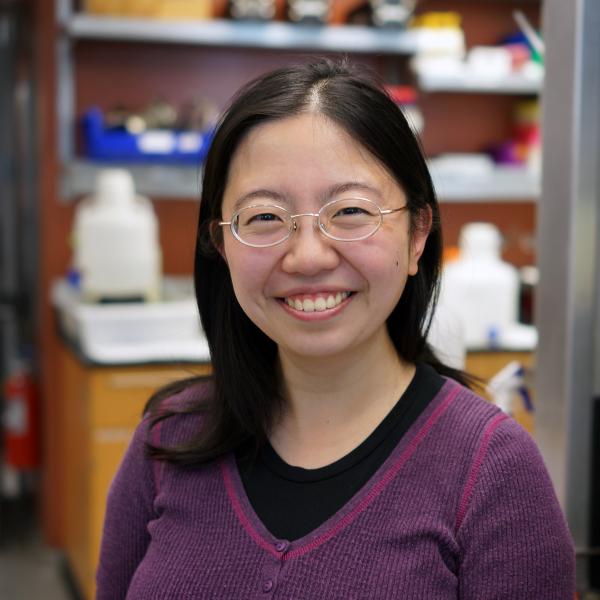
Faculty Spotlight: Assistant Professor Jennifer Wang

Award of up to $31 million supports development of osteoarthritis treatment
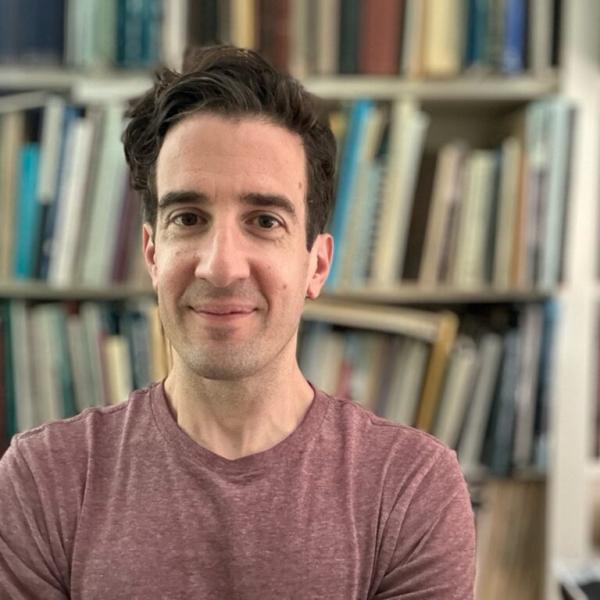
Keith Hengen, Washington University St. Louis – Sleep Resets the Brain’s Operating System
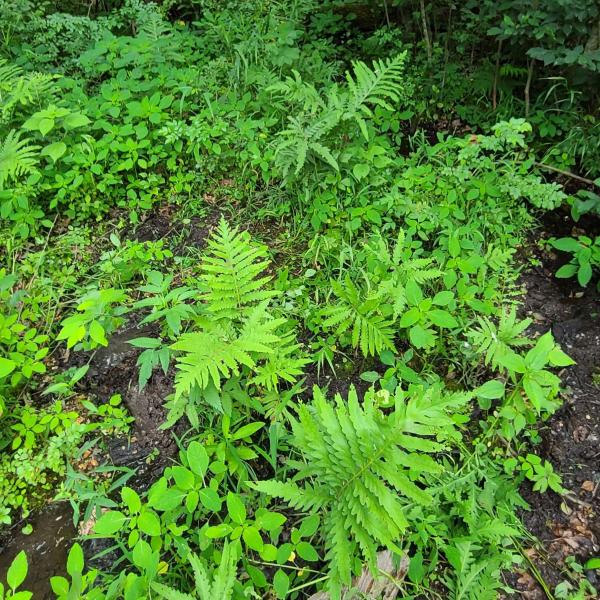
Here and Next grant funds researchers seeking to use microbiome to restore soil health in Missouri

New research offers insights into the inner workings of DNA methylation

Most Missouri voters are tired of changing clocks every spring and fall
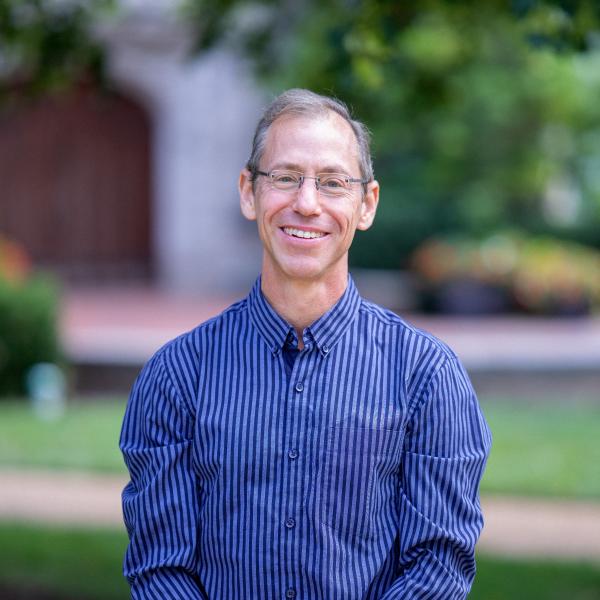
Biologist Olsen helps launch global wild rice alliance

DNA study reveals secrets of weedy rice invasion

New insight into orchid origins
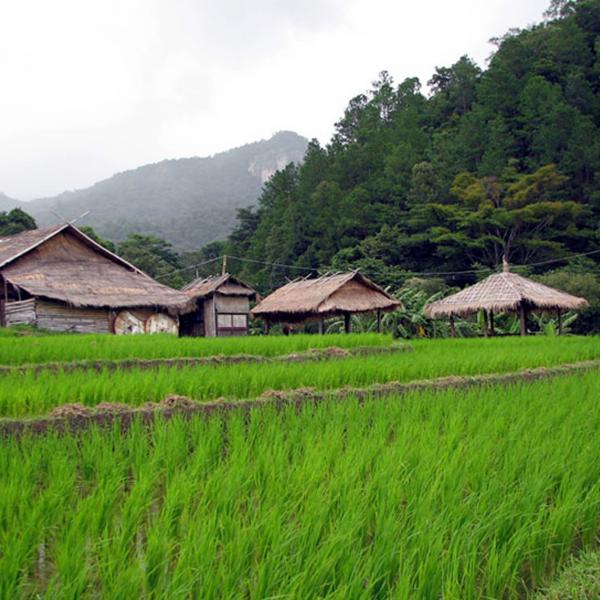
Weedy rice gets competitive boost from its wild neighbors
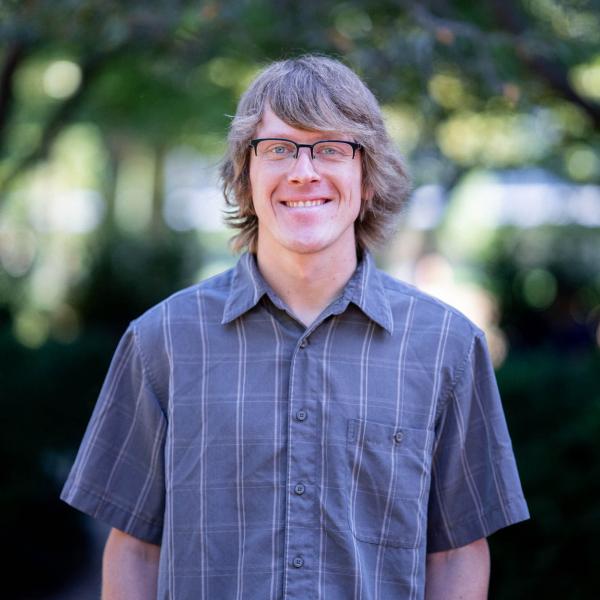
Benjamin Wolf returns to the WashU Biology Department as Greenhouse Manager
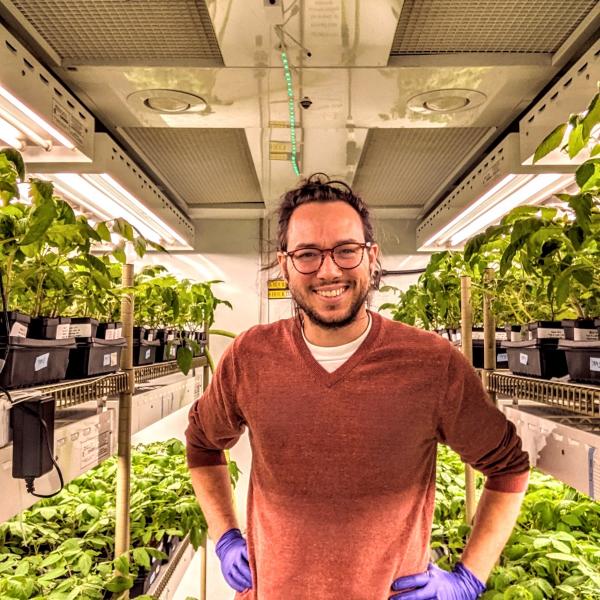
From the back yard to the lab: Ben Mansfeld talks about his path to plant science

Why do we sleep? Wash U has a lead

Old research, new readers: A closer look at some of the most-read research stories from years past

Evolution: Fast or Slow? Lizards Help Resolve a Paradox.
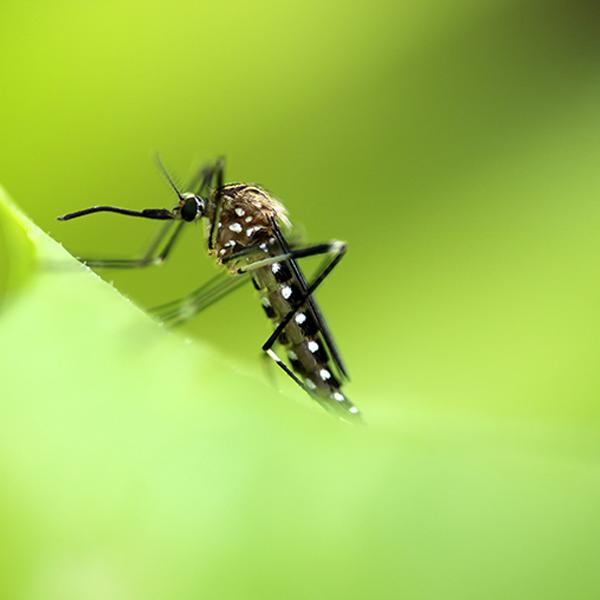
Some mosquitoes like it hot

Why do we sleep? Researchers propose an answer to this age-old question
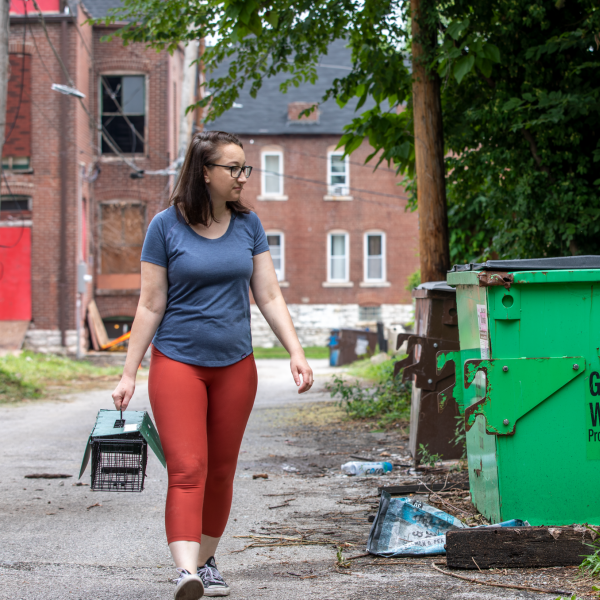
Beyond the lab: squirrels, urban landscapes, and the joy of research

Washington University professor explains the 'Science of Cats'
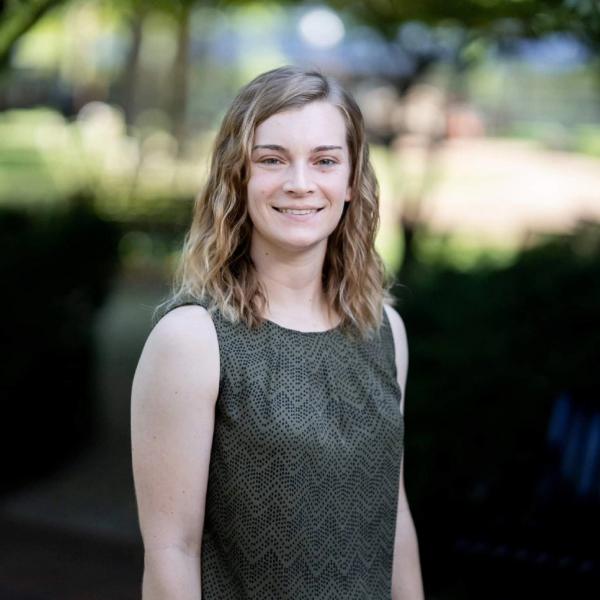
St. Louis groups hope to inspire students to become scientists through 'living lab'

How to keep wildcats wild: ancient DNA offers fresh insights
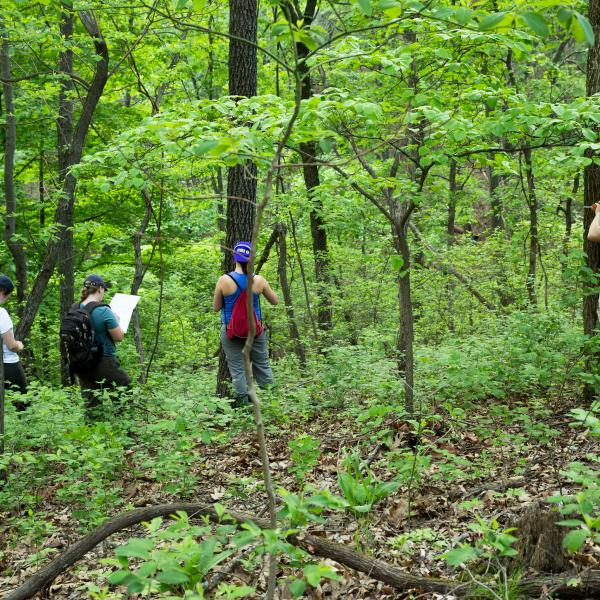
Roots of diversity: How underground fungi shape forests
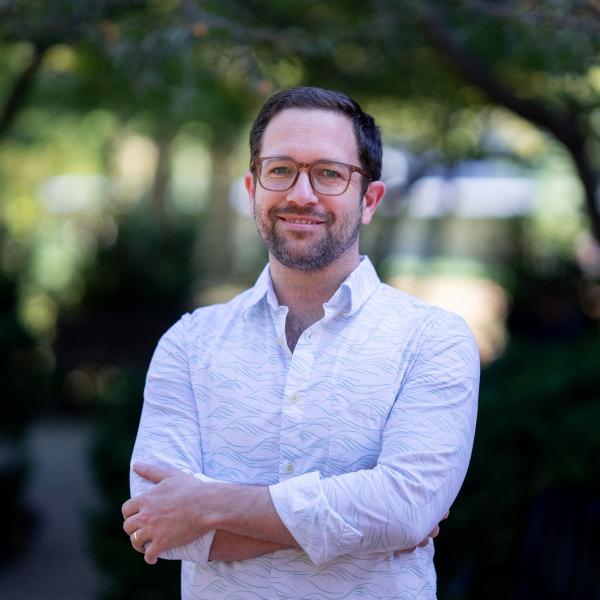
WashU team to study virus transmission, human-wildlife interaction
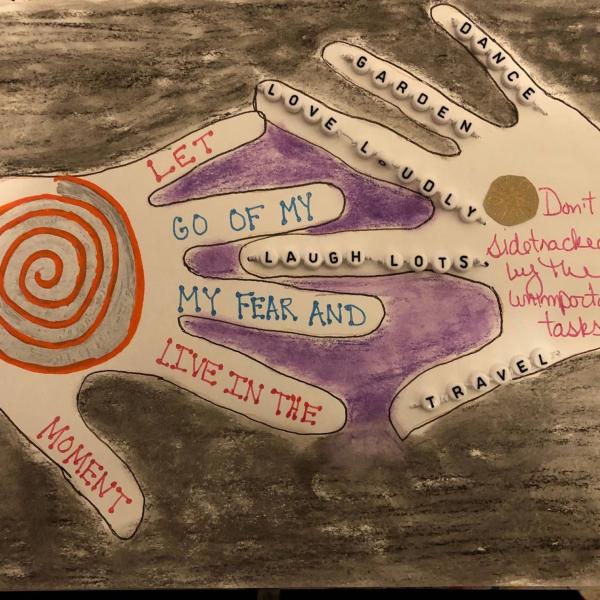
The art and science of cancer care

It's Time to Stop Daylight Saving Time Forever, Says Wash U Expert

House Cats Will Rule the World: Domestic cats may evolve into the alpha predators of the future.
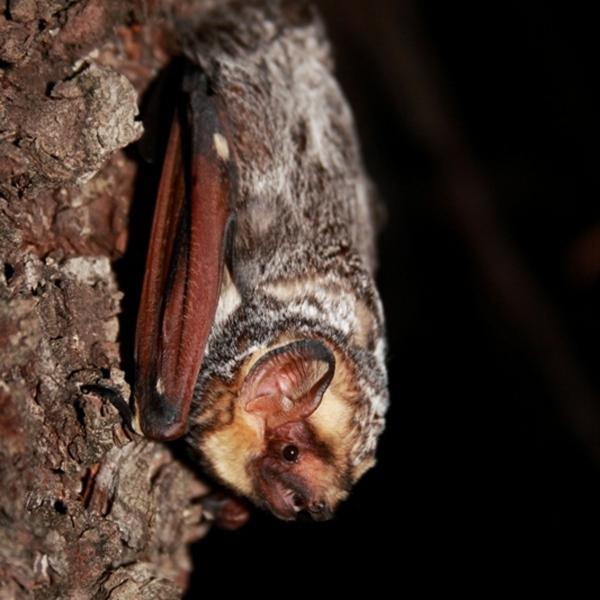
Not-so-spooky sounds: Audio recordings help ID urban bats
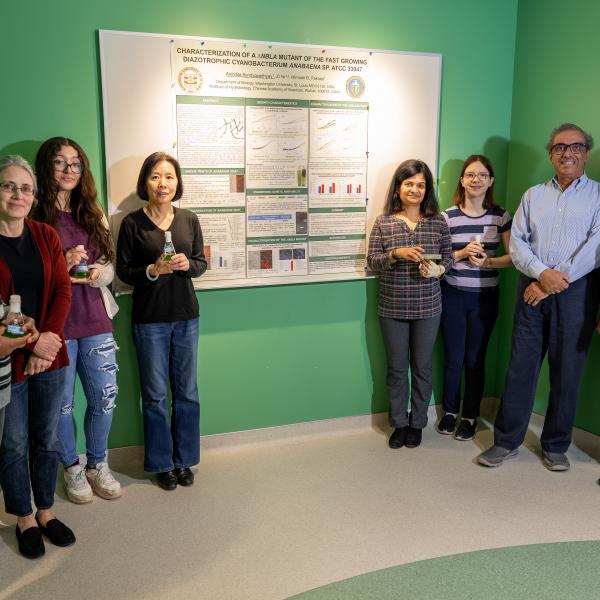
Grant funds green fertilizer research at WashU

Engineers to build cyborg locusts, study odor-guided navigation
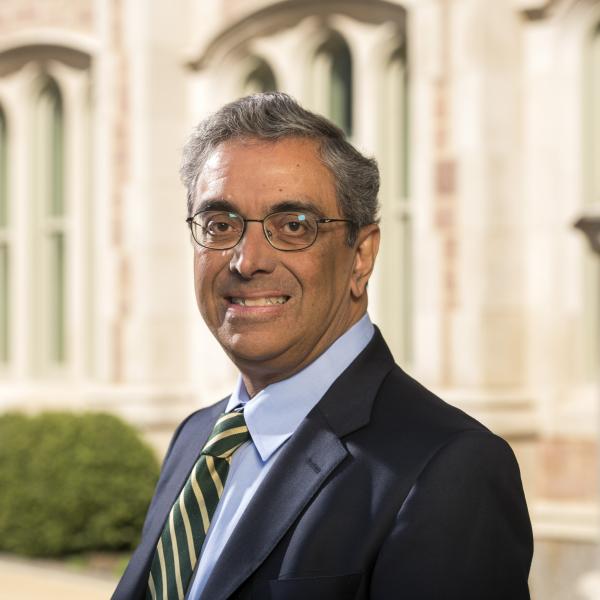
WashU students contribute to biomanufacturing in space

No lizard is an island

Birds have more than one way of adapting to extreme temperatures

Tony Smith talks about Undergraduate Research in Biology
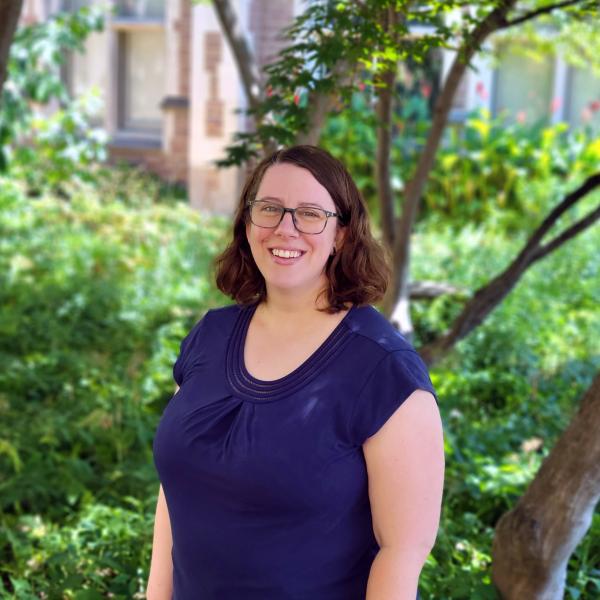
Want a healthy gut? Exposures in first year of life have long-lasting effects
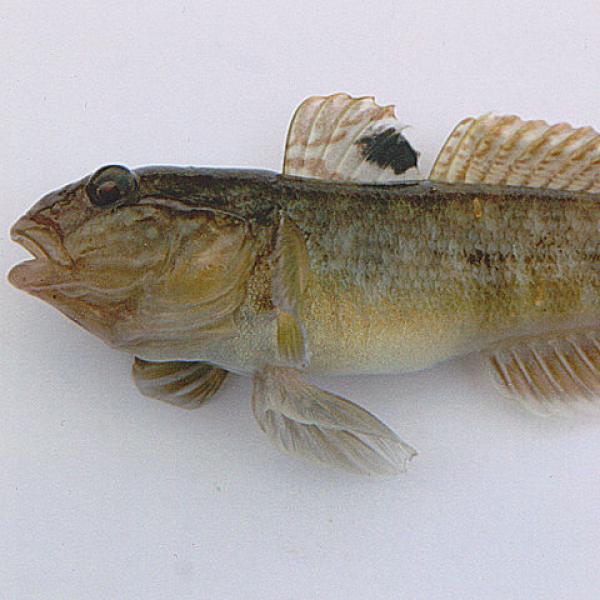
Environmental DNA could revolutionize monitoring of fish and wildlife

You Believe Your Cat Loves You. Now Science Has Proof.
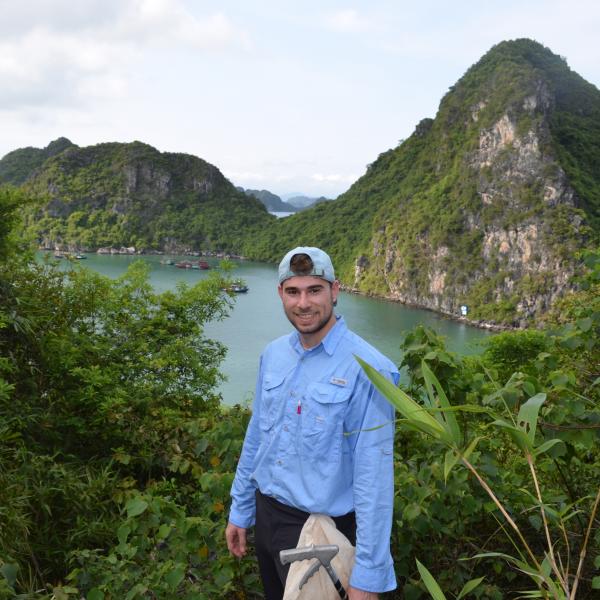
Frogs have been trying to mate with odd things for 220 million years

What an evolutionary biologist got wrong about cats
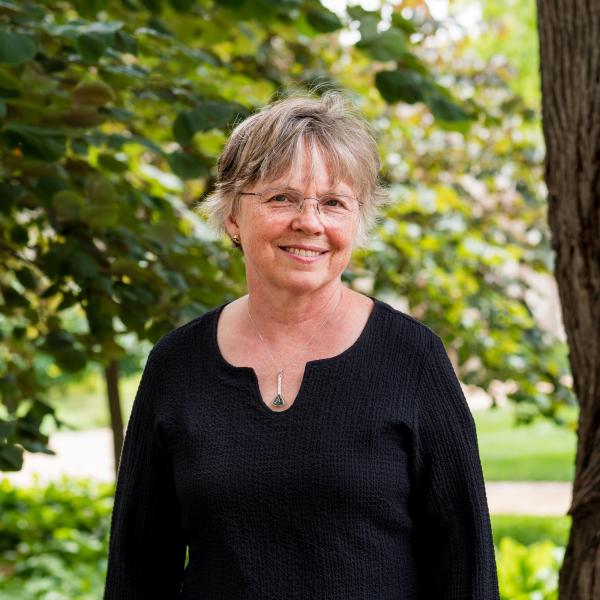
Watching Birds Is Study-Proven To Dramatically Lower Stress Hormone Levels — The New Bird Feeders That Make It Easy!

New Center for the Environment begins work
Life Can’t Get Much Hotter Than This The world’s most heat-adapted creatures could be subverting their own evolution.

Race-based variations in gut bacteria emerge by 3 months of age

Cats first finagled their way into human hearts and homes thousands of years ago – here’s how
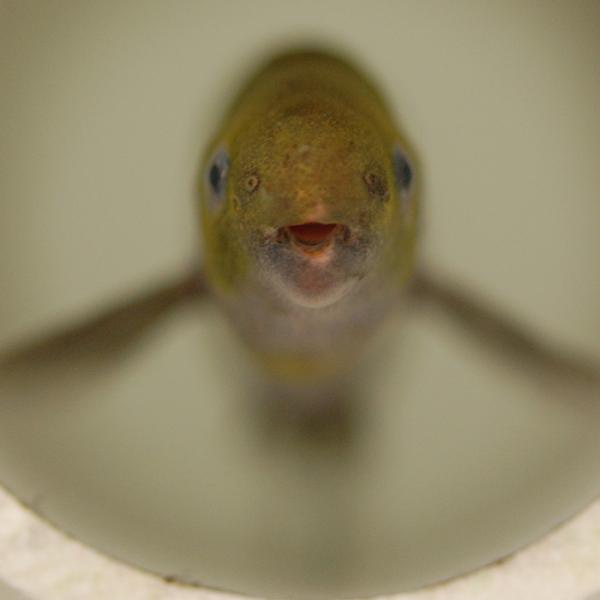
Hormone alters electric fish’s signal-canceling trick
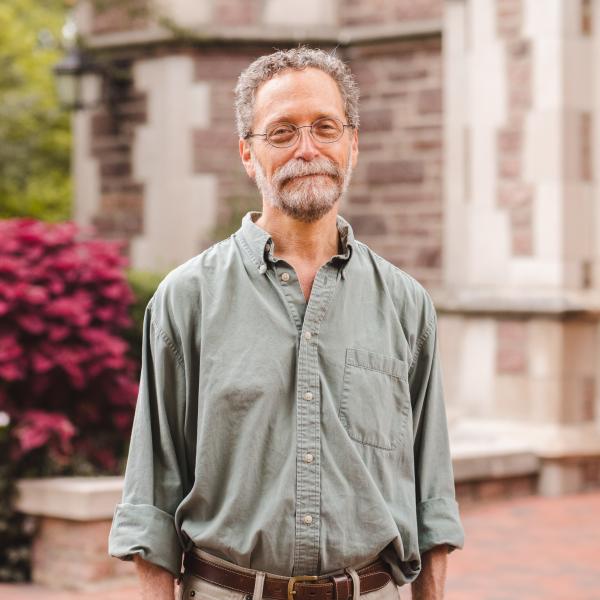
Fossil skulls alone cannot predict if animal was warm blooded

Relationships Between Temperature and Animals’ Sizes Has Been Clarified

How birds adapt to extreme temperatures: Hint: There’s more than one way to cope

The secret lives of cats, past and present

Study looks at summer solstice effect
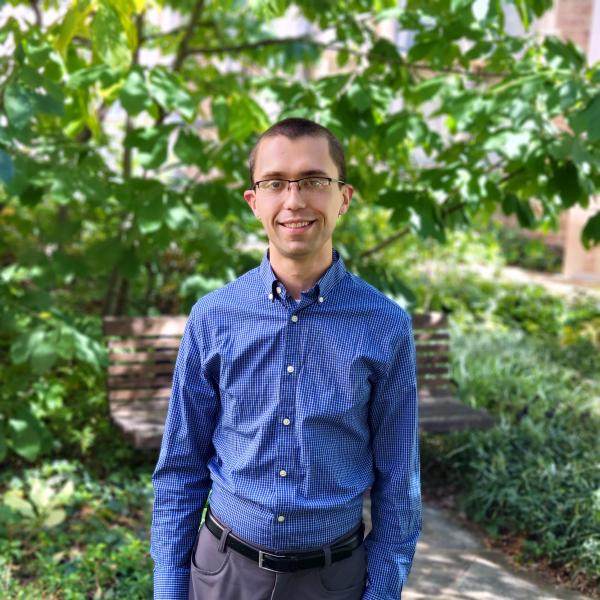
Missouri native is flowering earlier due to climate change
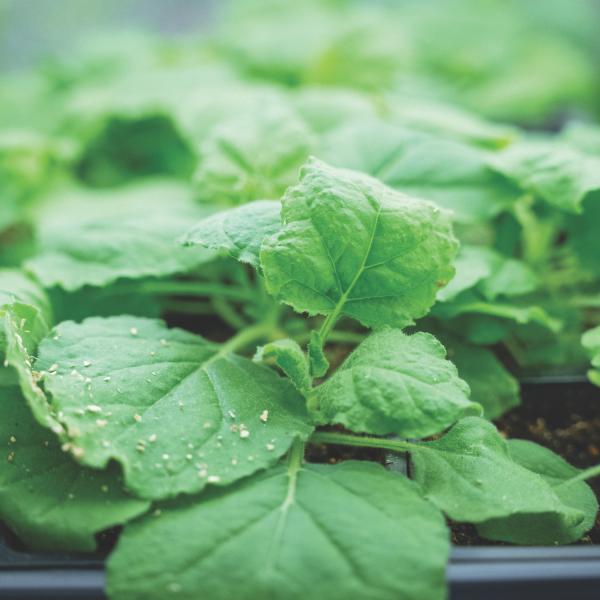
A plant research powerhouse
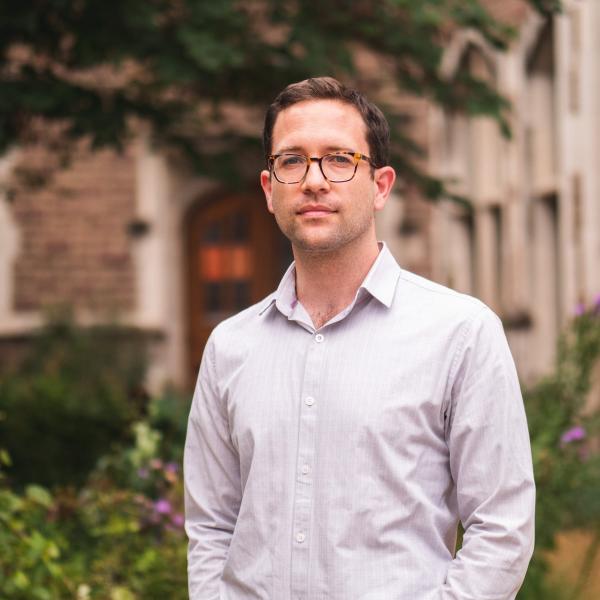
Butterfly beginnings: Butterfly tree of life reveals an origin in North America

Biologist Jonathan Losos on ‘How Cats Evolved from the Savanna to Your Sofa’
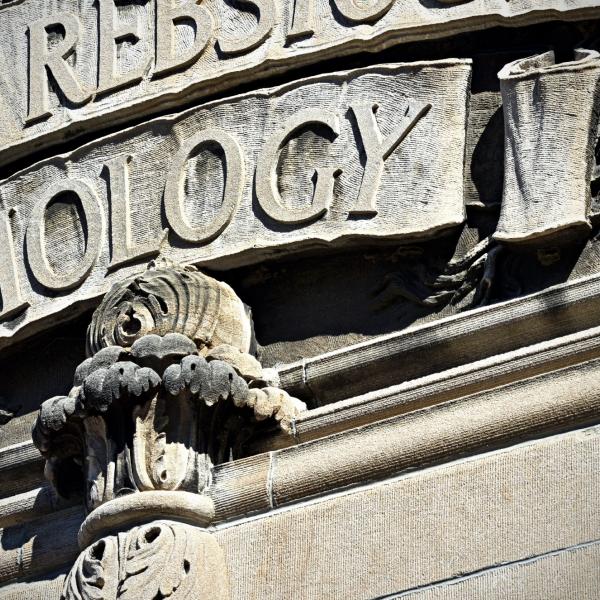
WU Office of Provost: Pulse Survey 2023-LB News Undergraduate students present their work at research symposium

Genomics expands the mammalverse
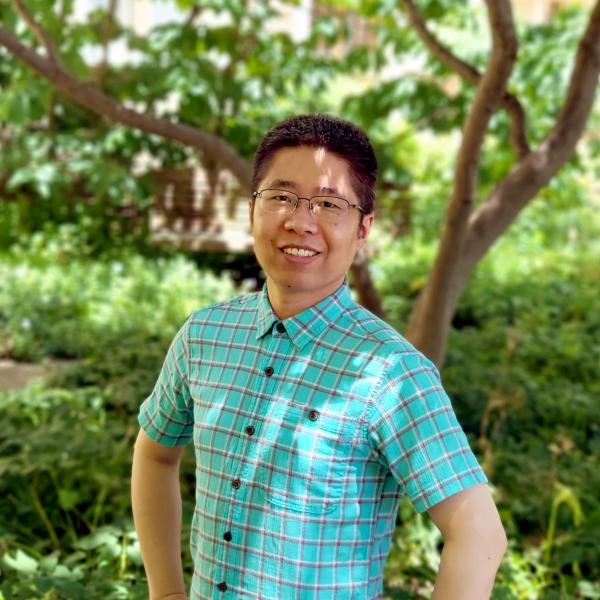
Depositing centromere repeats induces heritable intragenic heterochromatin establishment and spreading in Arabidopsis
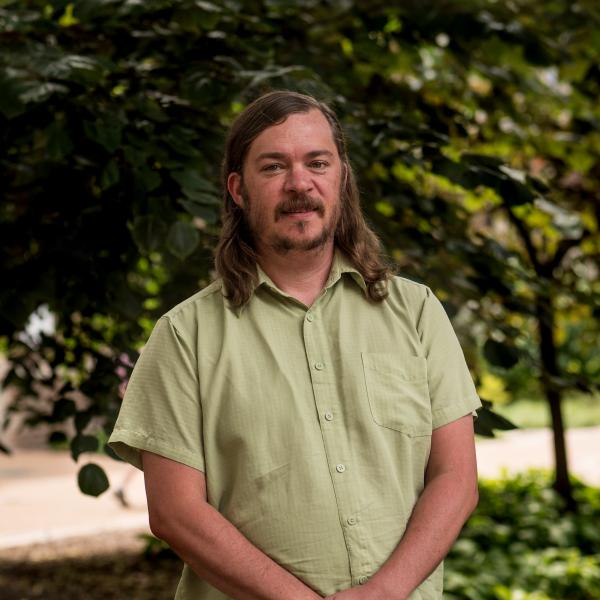
Integrating neuroplasticity and evolution
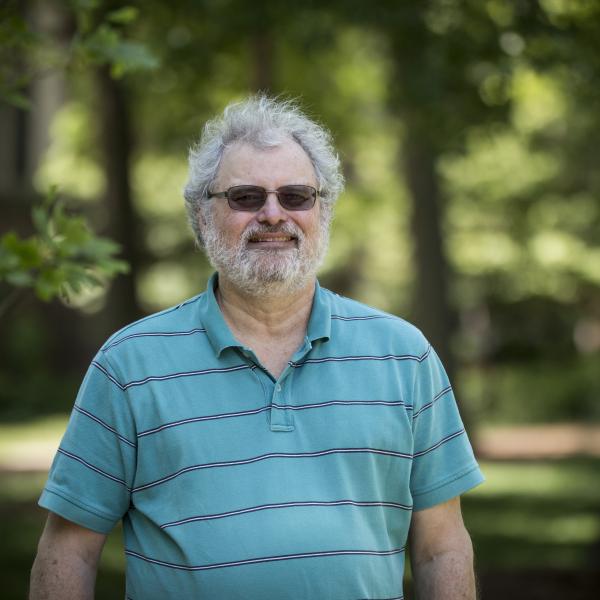
Scientists engineer the first light-powered yeast

Our future hangs in the balance: climate change and biodiversity loss

‘Mussel Grubbing’ video screened at World Water Film Festival

Biofuels as petroleum alternatives: Closing the carbon cycle with bacteria
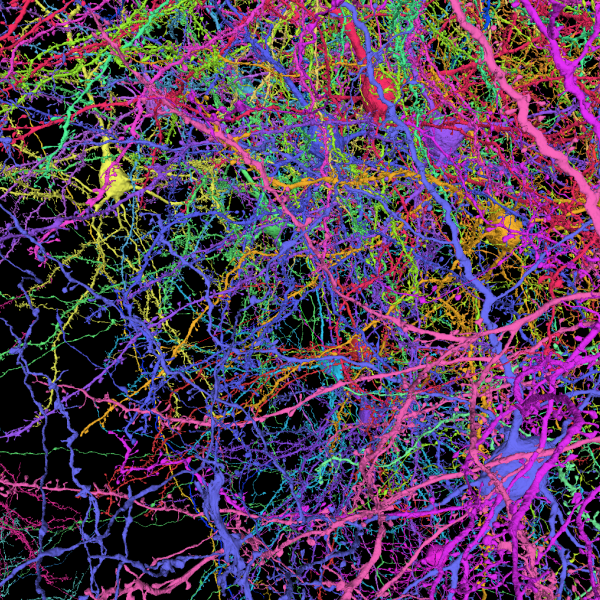
Decoding the chaos of cognition

Hummingbirds use torpor in varying ways to survive cold temps
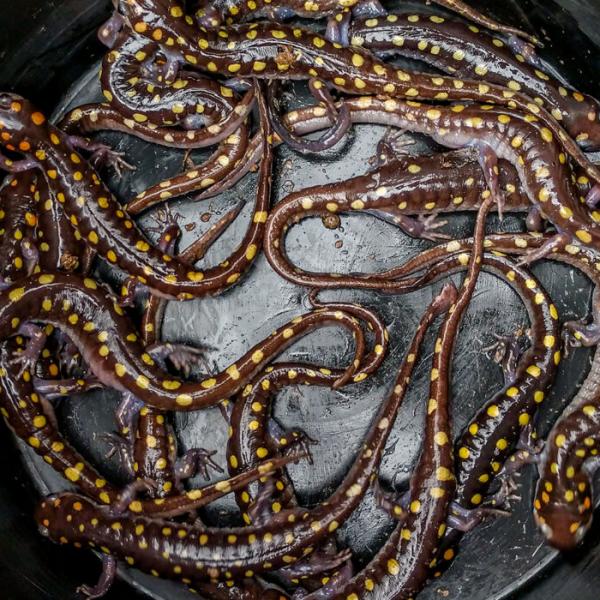
Secret lives of salamanders

Small flowers focus of big climate research at Missouri Botanical Garden

Bioplastics and back: Bacterial construction and degradation methods
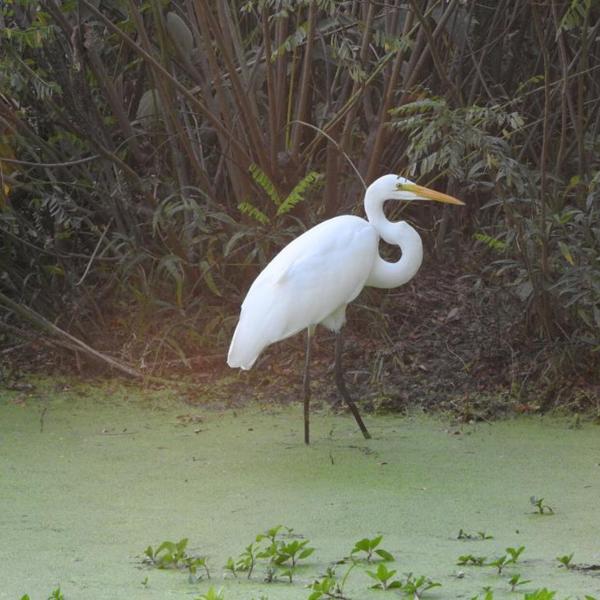
How GPS tracking is helping expand our understanding of Forest Park
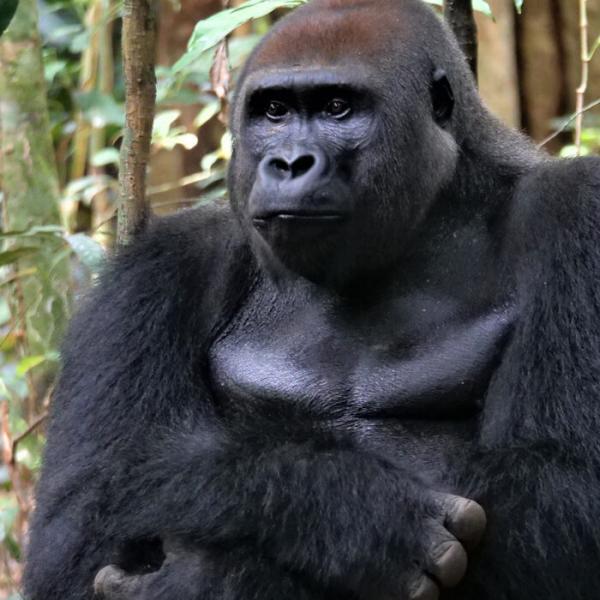
WashU great ape, biodiversity research informs decision to expand Congolese park

Office of Undergraduate Research relaunches with more opportunities for students
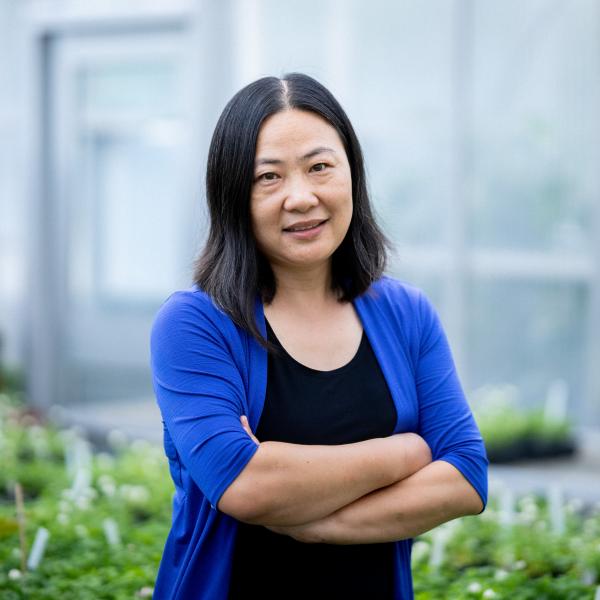
Plant-specific histone deacetylases associate with ARGONAUTE4 to promote heterochromatin stabilization and plant heat tolerance

When bugs swipe left

Microbes on a chip: How microfluidics can help us better understand and engineer electroactive microbes
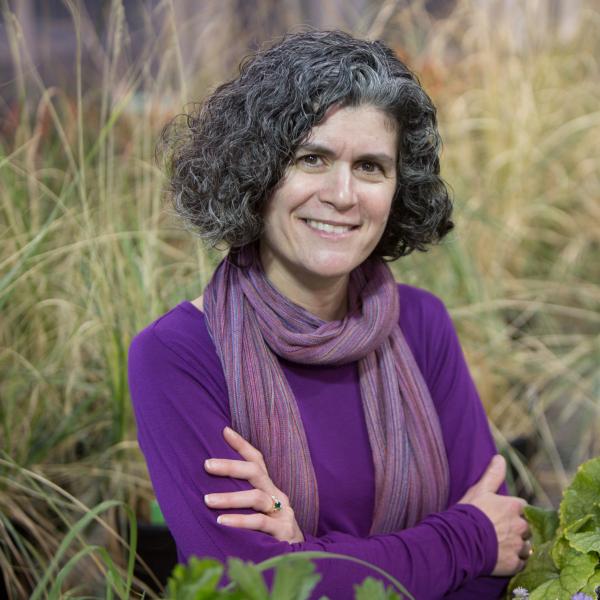
Beyond the average cell: Molecular biologists want to know what’s really happening inside individual living cells, not just how the mythical 'average' cell lives
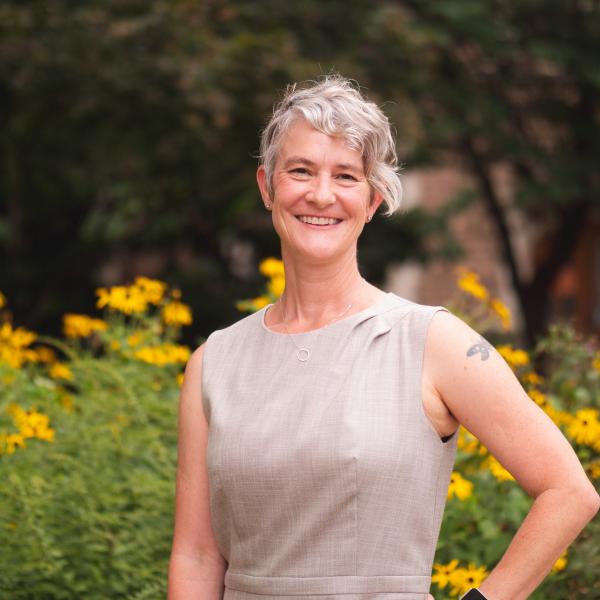
The mystery of the mimic plant
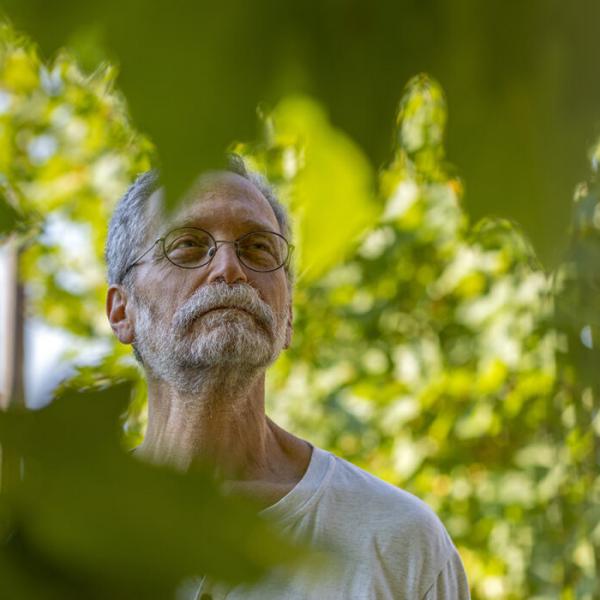
Planting for the future: Arboretum curator Stan Braude shares his goal for the campus landscape as well as for those who enjoy it.
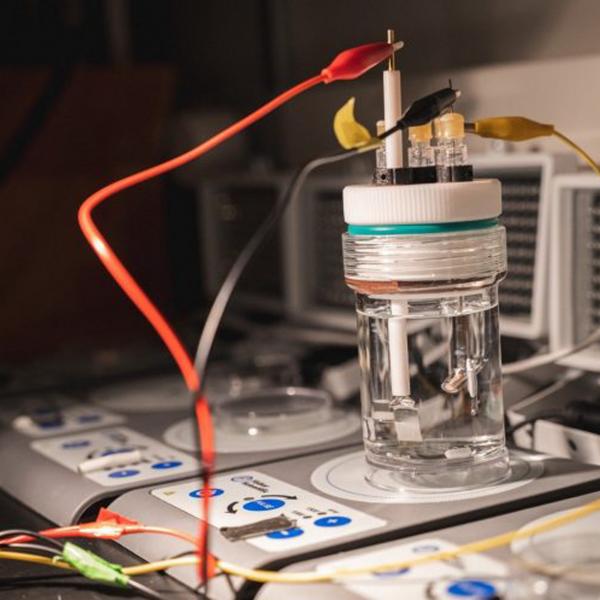
Synthetic biology and microbial electrosynthesis
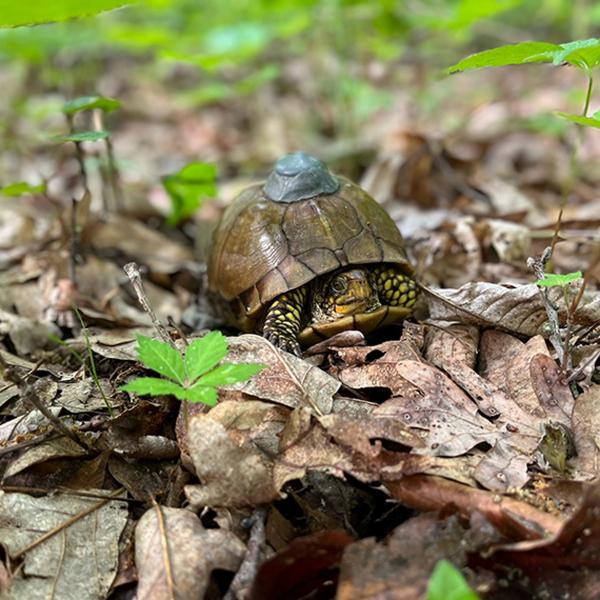
Forest Park Living Lab: St. Louis scientists collaborate on new study of wildlife in one of America’s greatest urban parks
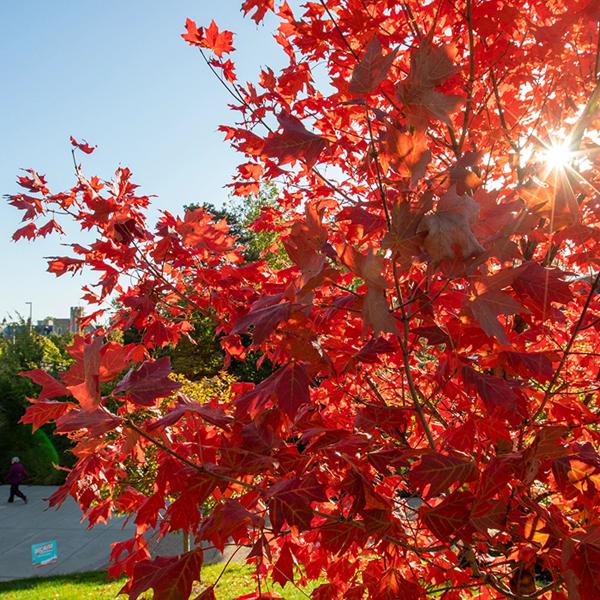
Displays of Fall Leaves Won’t Change Much with Climate Change, But Leaves May Become Less Brilliant
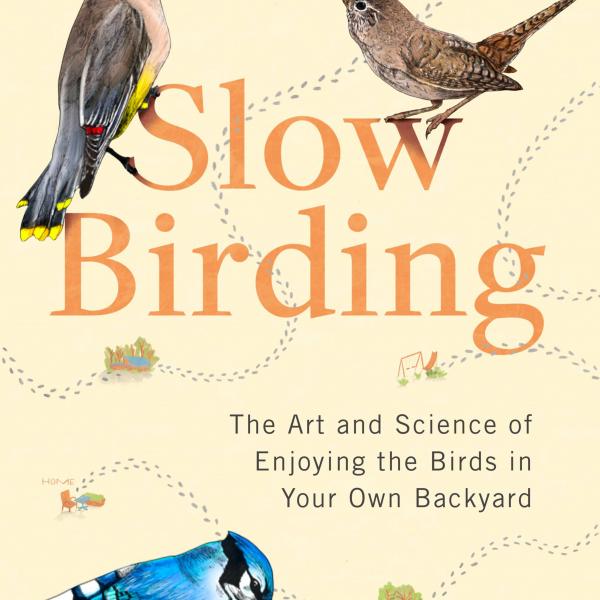
Birdwatching Has Big Mental-Health Benefits. Here’s How to Start

Slow Birding

Keeping creativity at the heart of science

Kranz laboratory biologists report structure of heme transporter
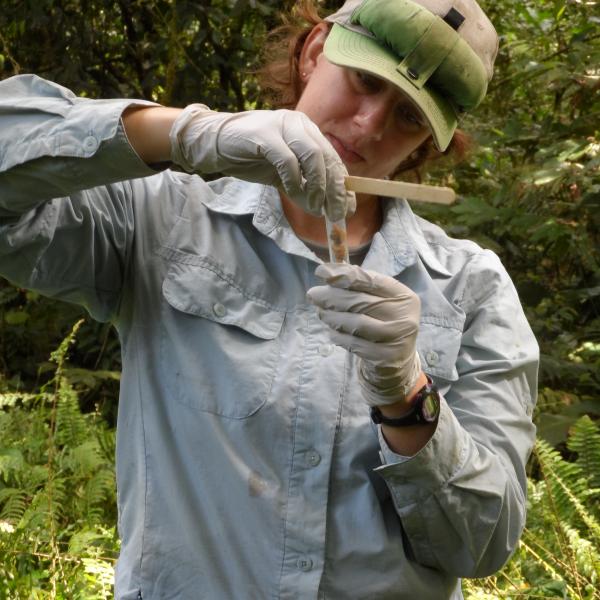
Mallott's path to microbiome research

Why Fall Color Will Fade

Really watching those birds: ‘slow birding,’ with joan strassmann

Humans Are Hardwired to Cheat. Here’s How We Stop Ourselves.

Diversity Feeds Discovery: Spotlight on Arpita Bose

A disordered domain plays a key role in cell division

Life & Work with Joan Strassmann

Biologist Wang to explore formation and regulation of key organizing complex in animal cells
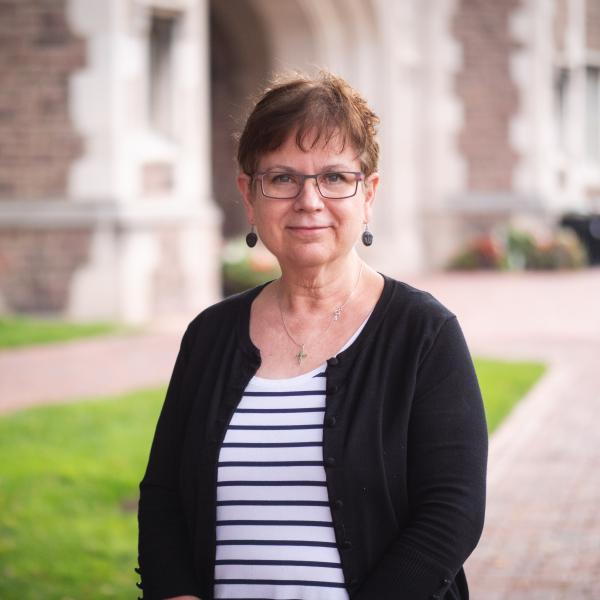
Spotlight on the Biology Imaging Facility and Director Dianne Duncan
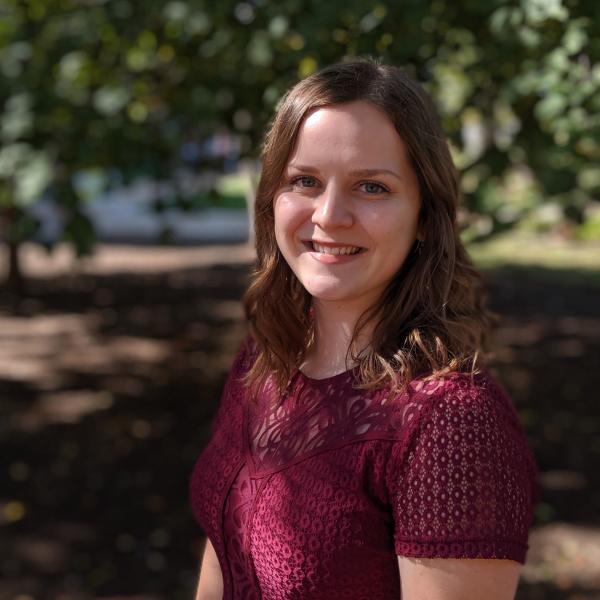
Student-led biotech consulting group brings science beyond the bench
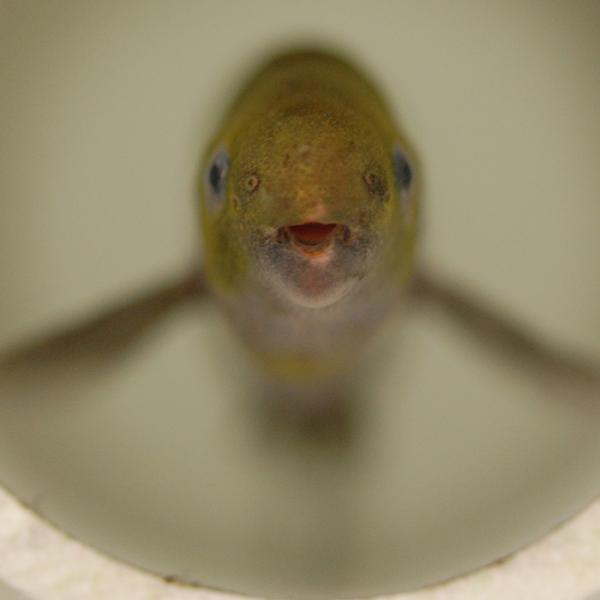
Using electric fish, biologist Carlson to study neuroplasticity and behavioral evolution

Hidden microbiome fortifies animals, plants too

The icing on the cake: Biologist applies epigenetics to challenges in medicine, agriculture

No, autumn leaves are not changing color later because of climate change
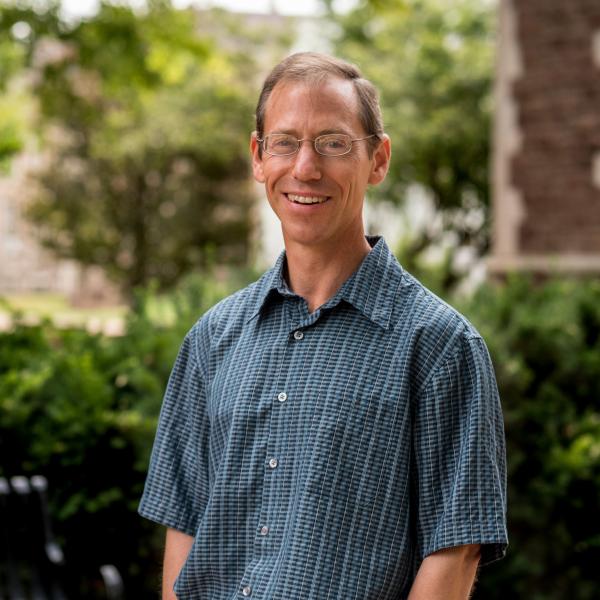
Rice Growers Continue to Battle Weedy Enemy
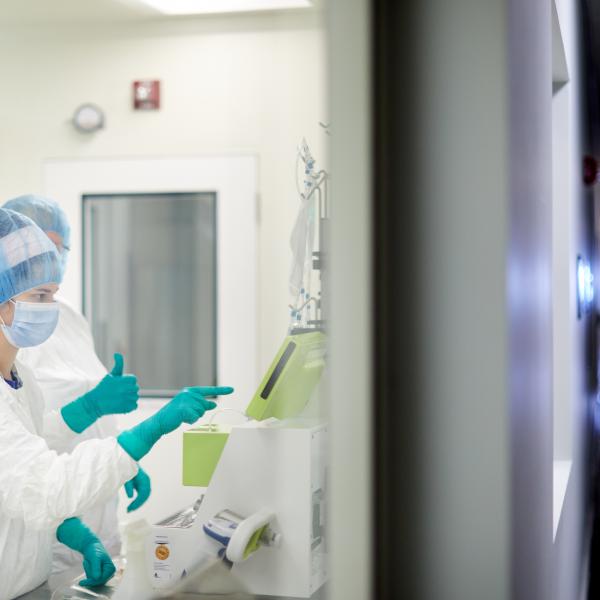
Vagelos Fellowship established to support undergraduate research in biology at WUSTL

Weedy rice has become herbicide resistant through rapid evolution

Sound may be key to separating molecules, cells

Modified nucleotides used in COVID-19 vaccines work as designed

Improving microbial electrosynthesis with novel cathode modifications

Evolution Only Thinks About One Thing, and It’s Crabs
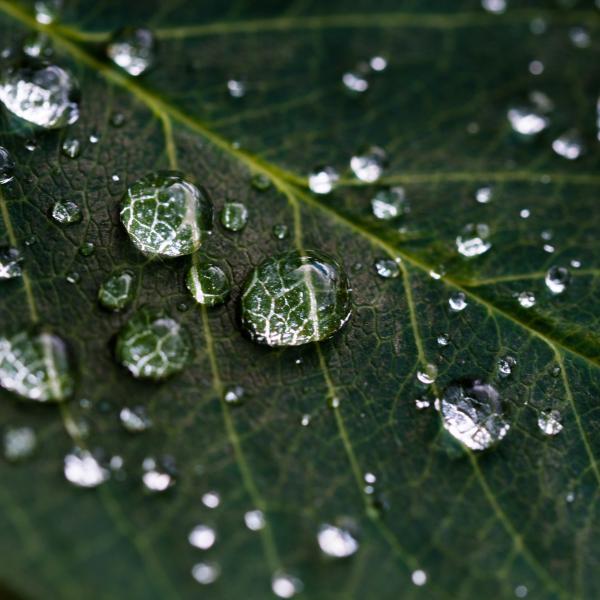
Science research roundup: July and August 2022

Squirrels and the city
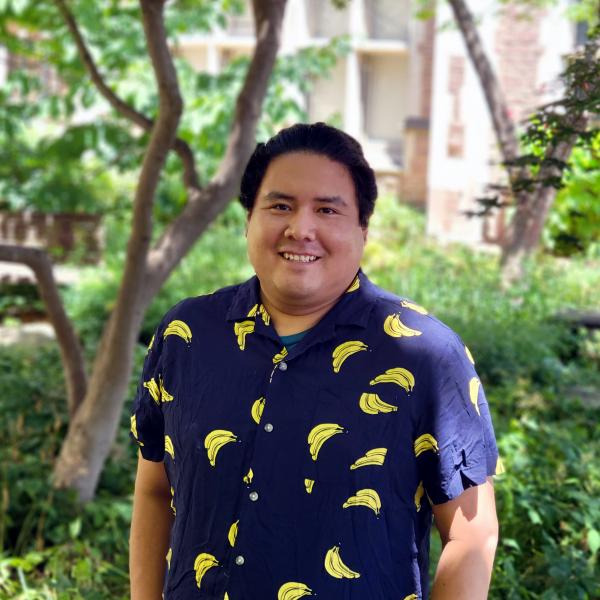
A Navajo scientist couldn't translate his work to his family. Now, because of a UW-Madison project he co-founded, he can.
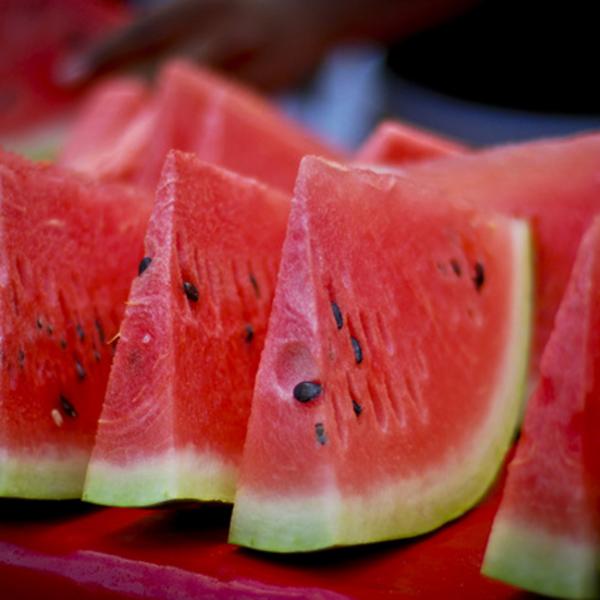
Seedy, not sweet: Ancient melon genome from Libya yields surprising insights into watermelon relative

Retraction with honor
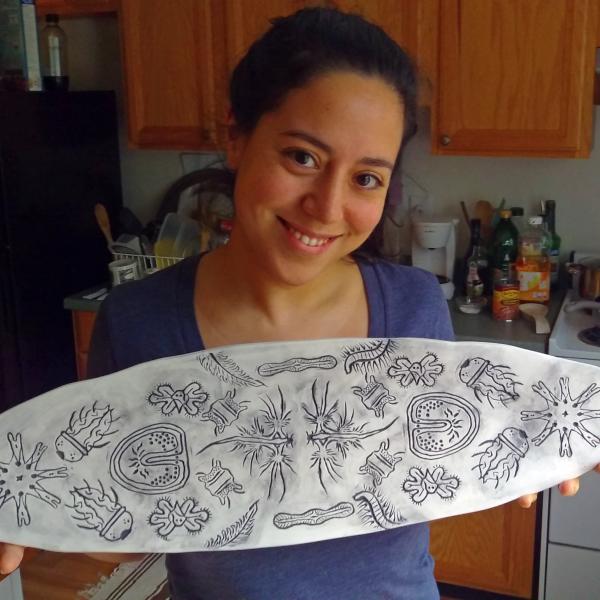
Özpolat talks about regeneration research and science-inspired pottery
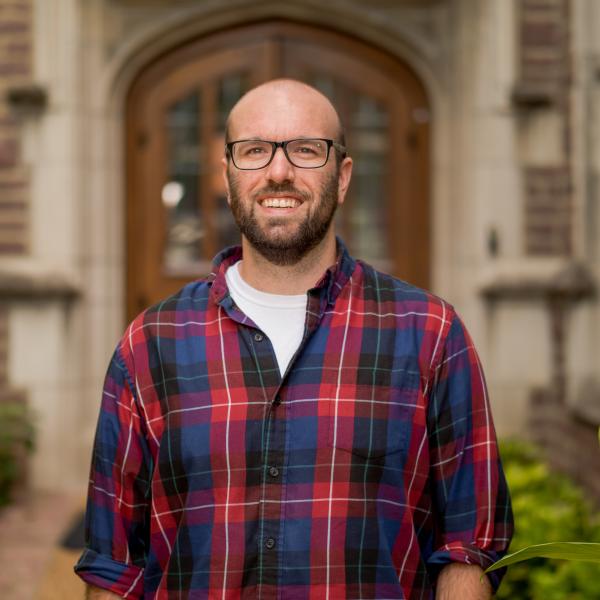
The birds and the bees — and the temperature gauge
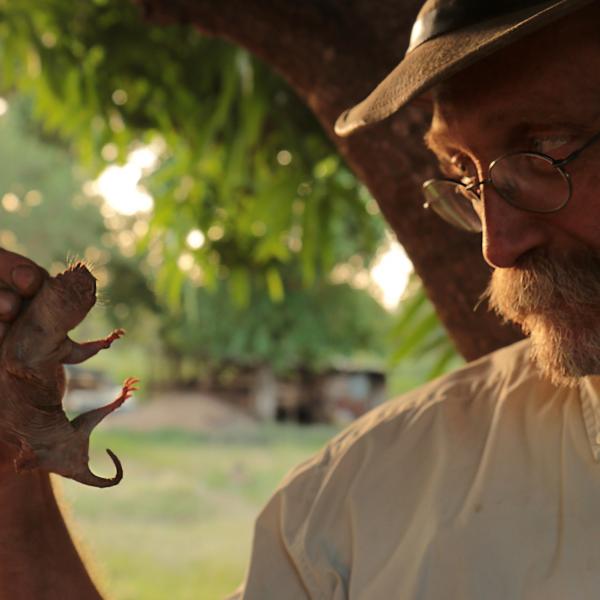
Does this gopher ‘farm’ the roots it eats?: Root-cropping behavior may represent a kind of husbandry

A bacterium that is not a microbe

Zhong Lab's review article featured in Current Opinion in Plant Biology

Zhong Lab's paper featured in Nature Communications
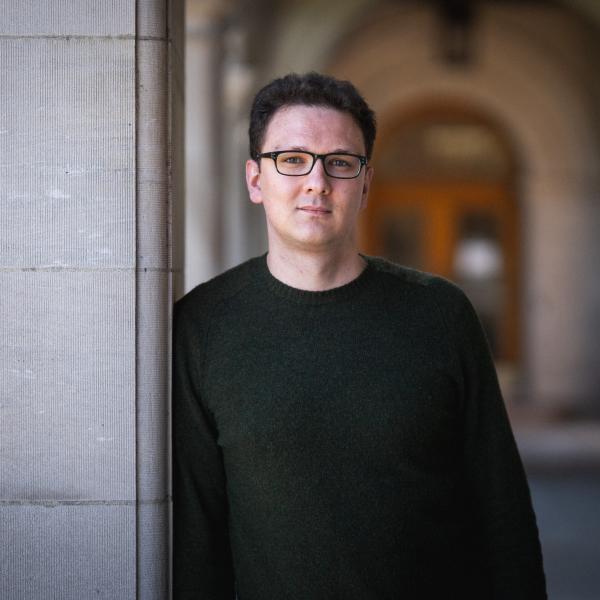
Best offense is a great defense for some carnivorous plants
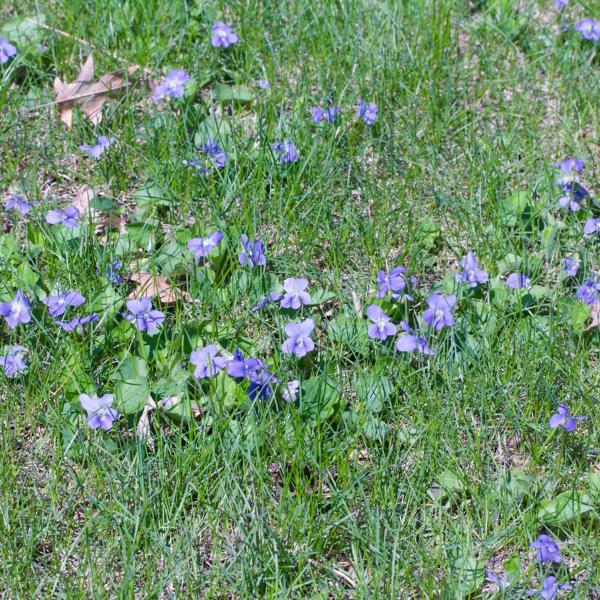
Study: Climate change improves violet blooms, but there’s a hitch
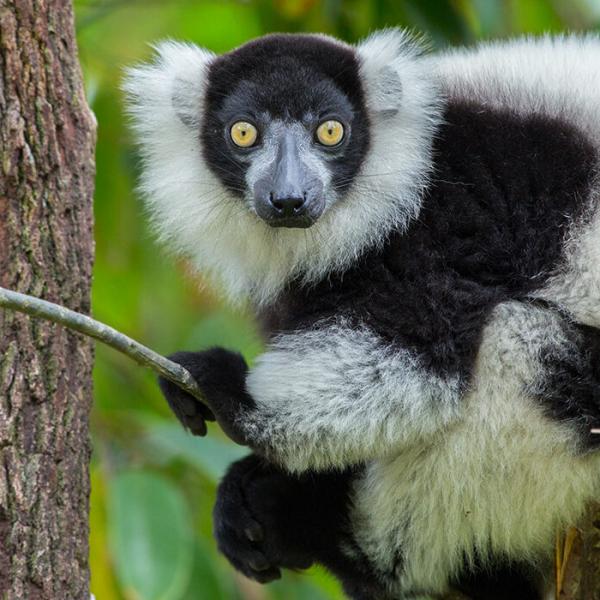
Endangered species need help: No biology expertise required
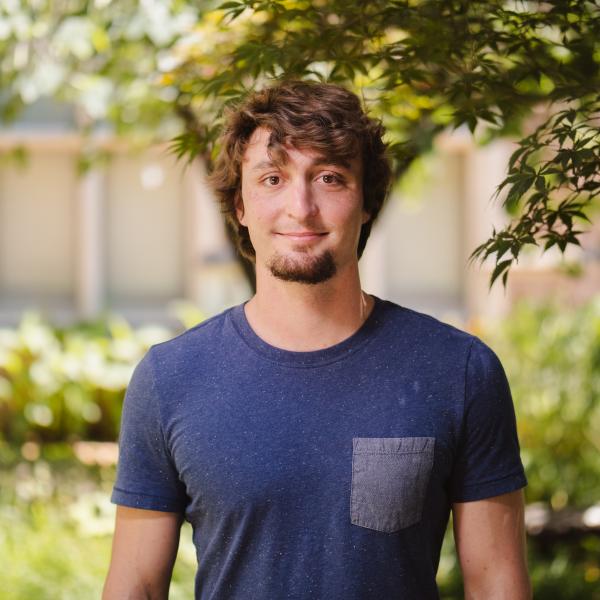
Study points to Armenian origins of ancient crop with aviation biofuel potential
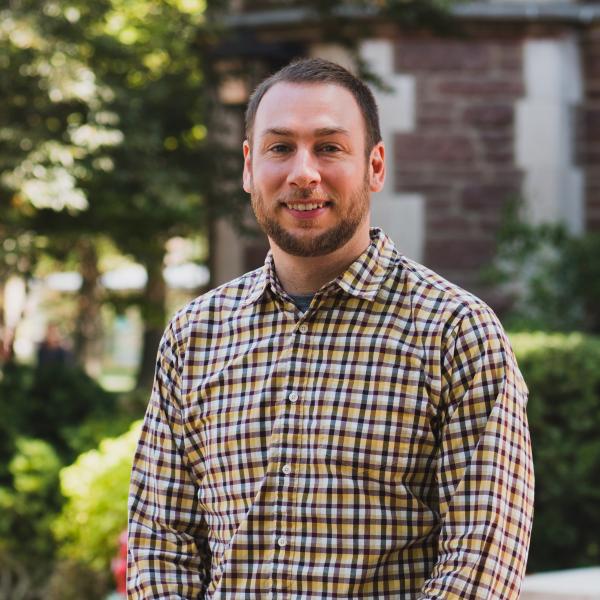
Spatial aspects of biodiversity important for healthy forests

World’s biggest bacterium found in Caribbean mangrove swamp

Climate Change and Common Violets

A piece of the puzzle into climate research: freshwater wetlands microbes
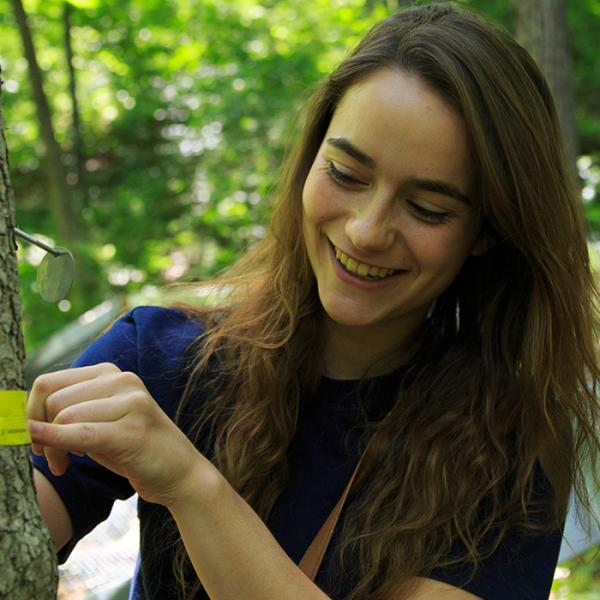
The space between us Missouri Ozarks study narrows in on spatial aspects of biodiversity, homogenization threat to forest ecosystems

Flight, Feathers, and Freedom: What birds mean to us and why we should treat them better.
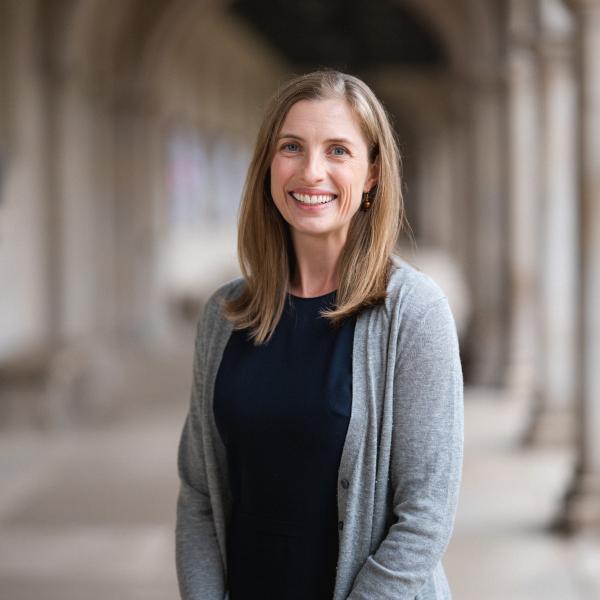
Nonlethal parasites reduce how much their wild hosts eat, leading to ecosystem effects
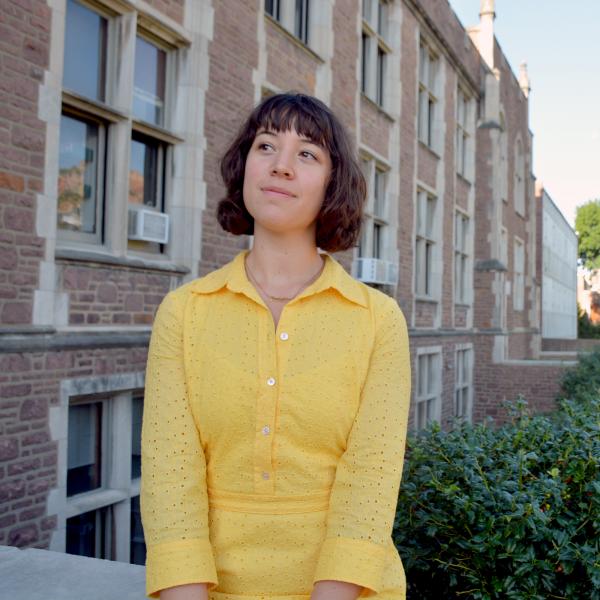
Could soil microbes be a solution to the climate crisis?
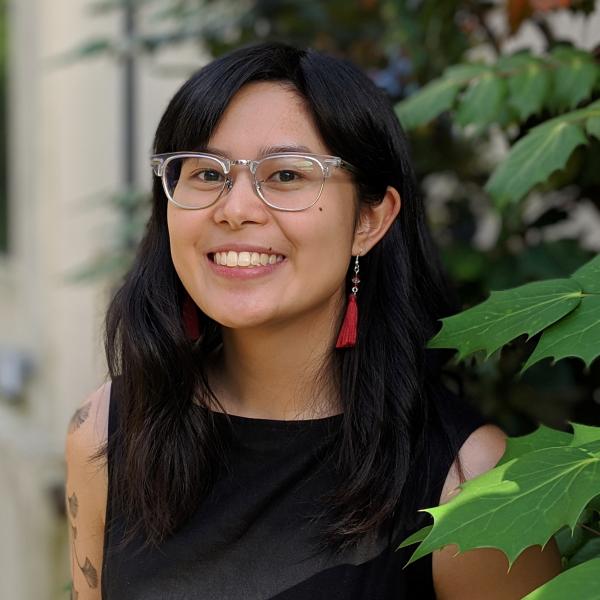
More than a lab coat: how Project Biodiversify strives to humanize biology
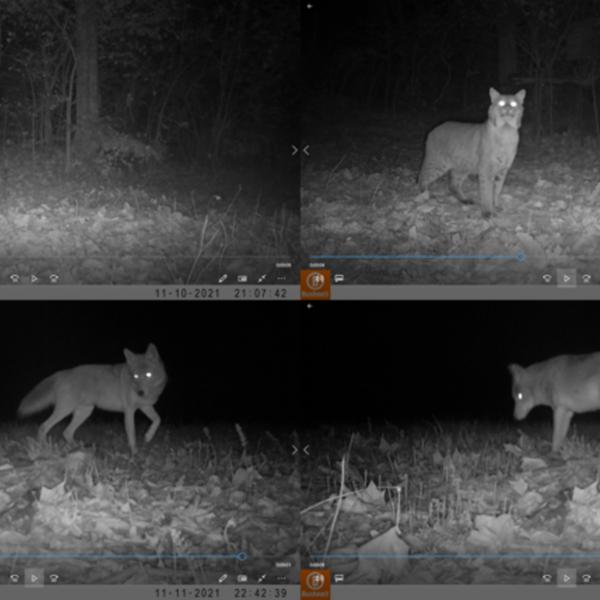
Canid conservation program launched
Climate Change Is Shrinking Animals, Especially Bird-Brained Birds
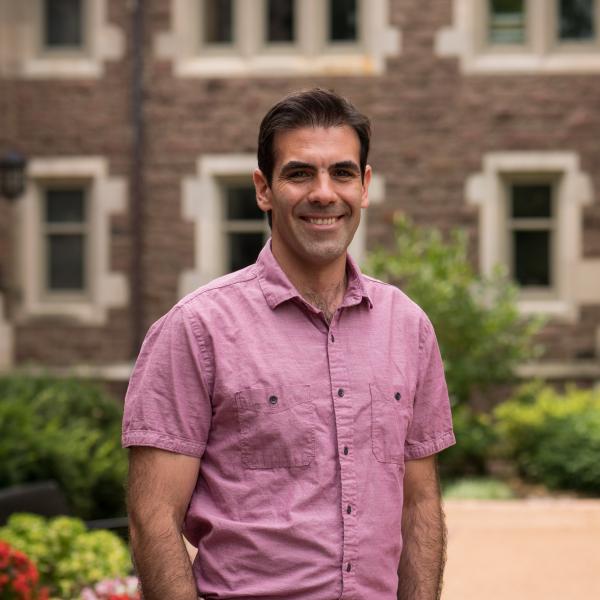
Brains and brawn helped crows and ravens take over the world
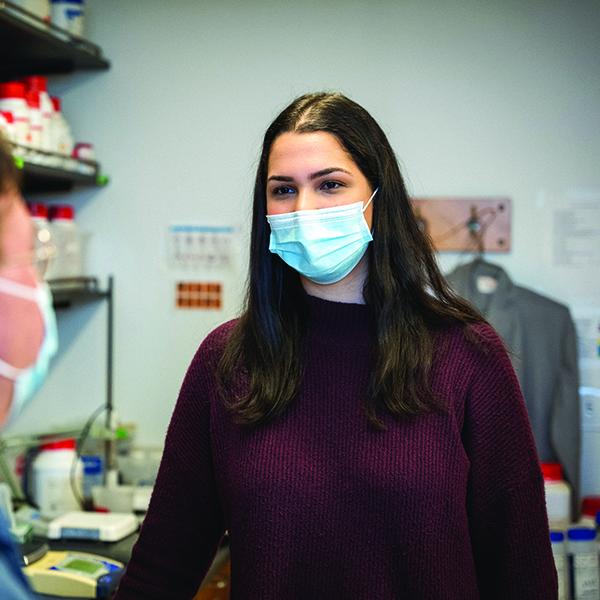
Biotech and beyond

From rare soil microbe, a new antibiotic candidate
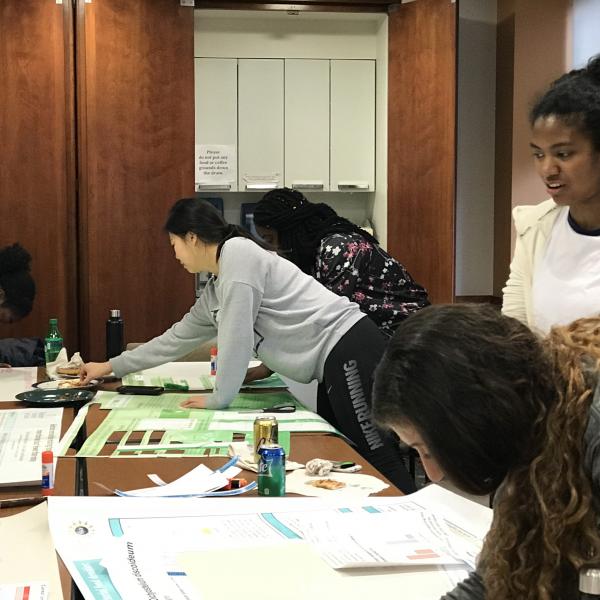
Biology instructors bring the Undergraduate Research Symposium to the classroom

Into the wild

Big-Brained Birds Aren't Shrinking As Much With Climate Change
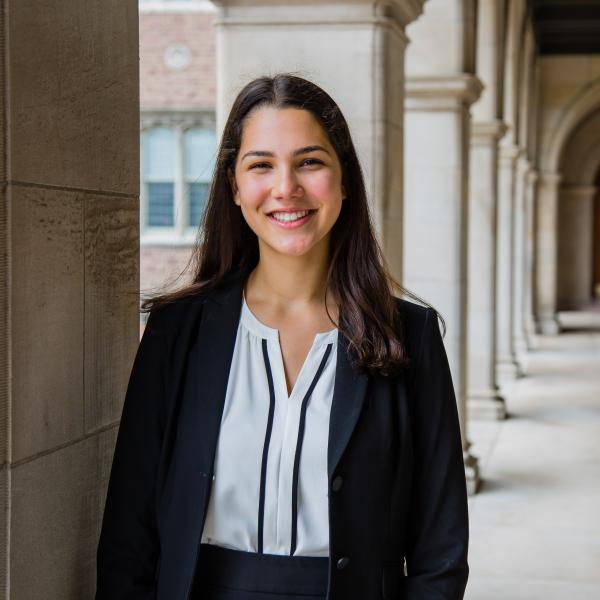
Smith talks about engaging in research and presenting at the Undergraduate Research Symposium
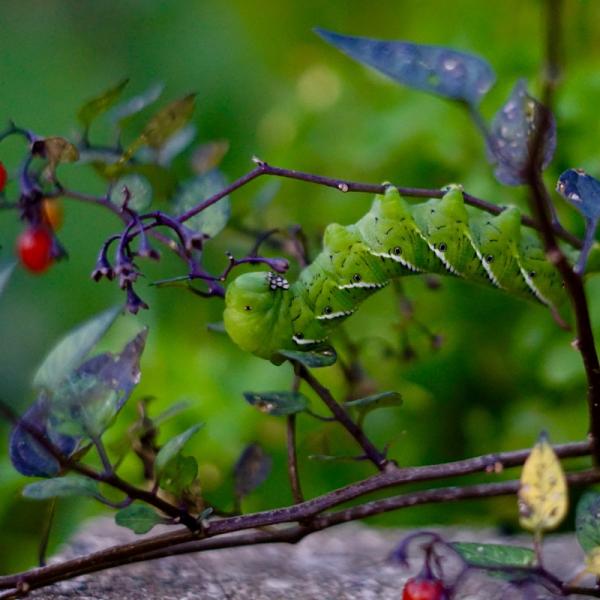
Environmental researchers celebrate Earth Month all year
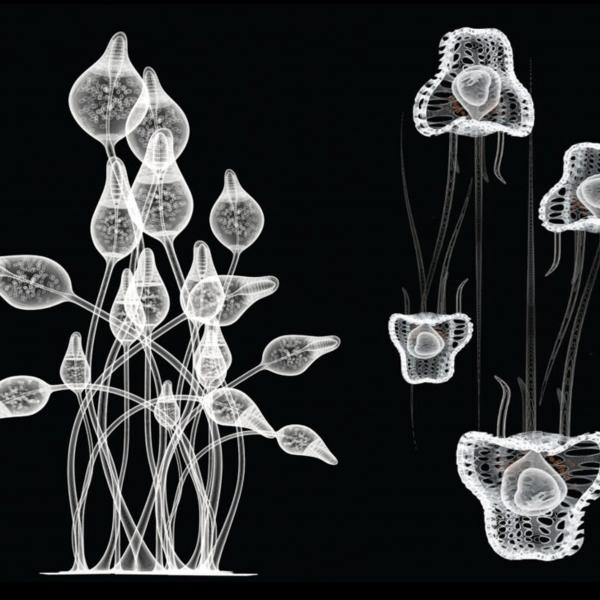
Architecture, biology and ‘Cellular Transformations’
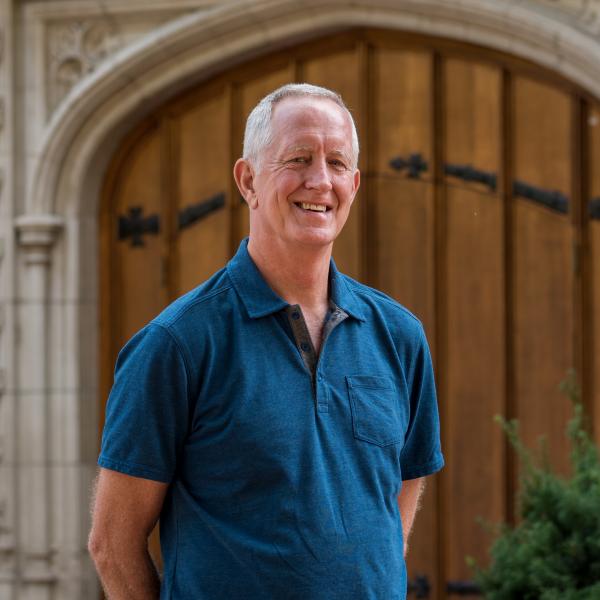
Molecular ‘blueprint’ illuminates how plants perceive light

Daylight saving time year-round would make our lives worse, Wash U expert says

Renner edits special issue on separate sexes in plants
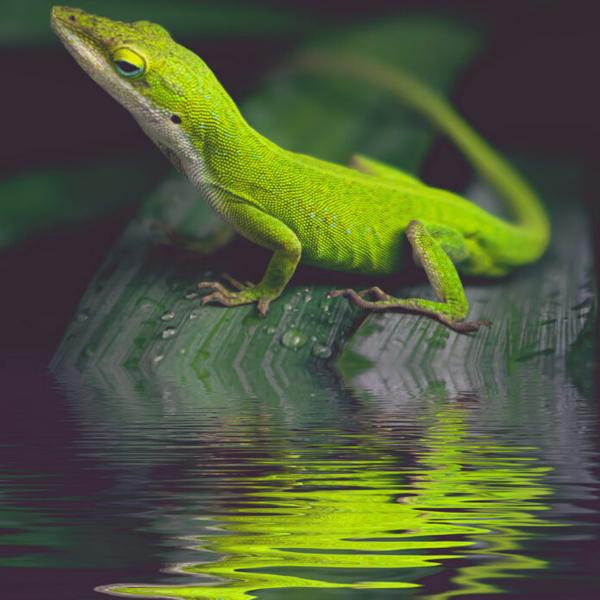
New model predicts how geographic features influence evolutionary outcomes

The Senate Just Voted for You to Get Less Sleep, Expert Says

The NYC Squirrel Census is back with new results — and a toll-free number
Smaller-brained birds shrink in response to climate change, Wash U study finds

Why Do Lizards Do Pushups? 7 Strange Facts You Didn't Know About the Reptiles

A predator could have sent hundreds of blackbirds crashing to their death in Mexico
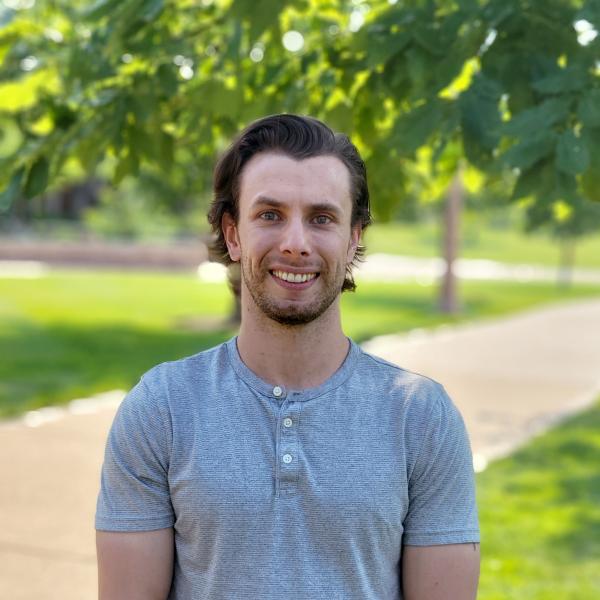
Decarbonization with microbial electrosynthesis
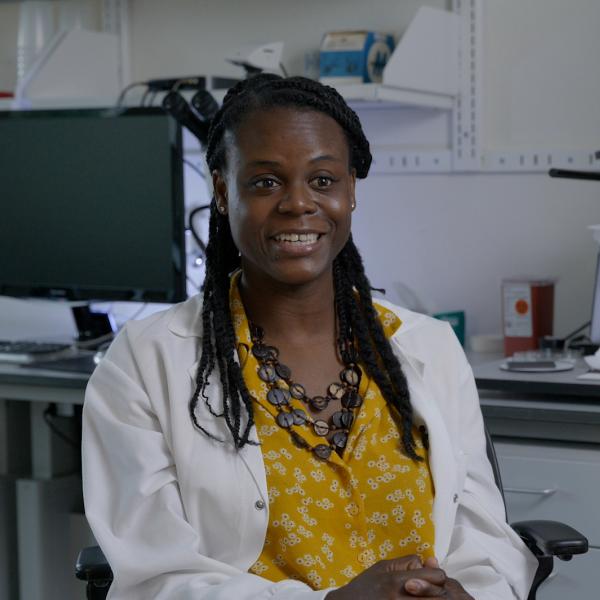
Sneaky male guppies affect food web dynamics
How birds are adapting to climate crisis-CNN
Brainy birds may fare better under climate change

Herzog to test how cortical neurons, hormones regulate daily patterns of behavior

Seed production, recruitment affect how trees are migrating due to climate change
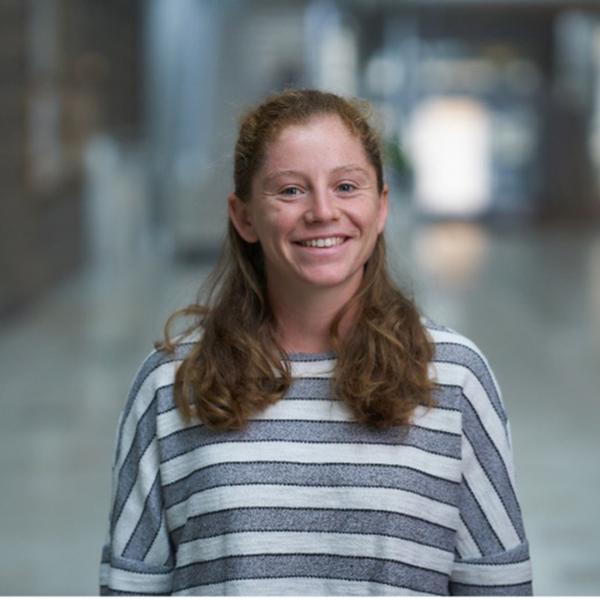
Student of sleep: A profile of Lizzie Tilden

From Microbes to the Climate Crisis: An Interview with Microbiology Professor Arpita Bose

Microbial electrosynthesis for sustainable bioproduction
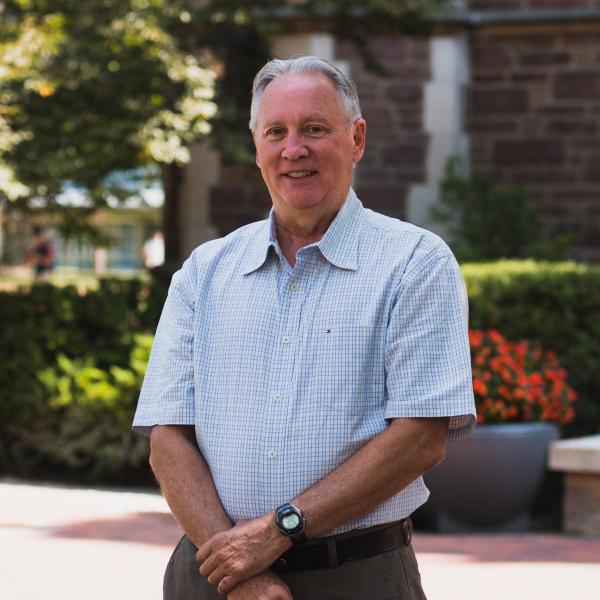
A pathway emerges Biologists describe structure and function of a heme transport and assembly machine
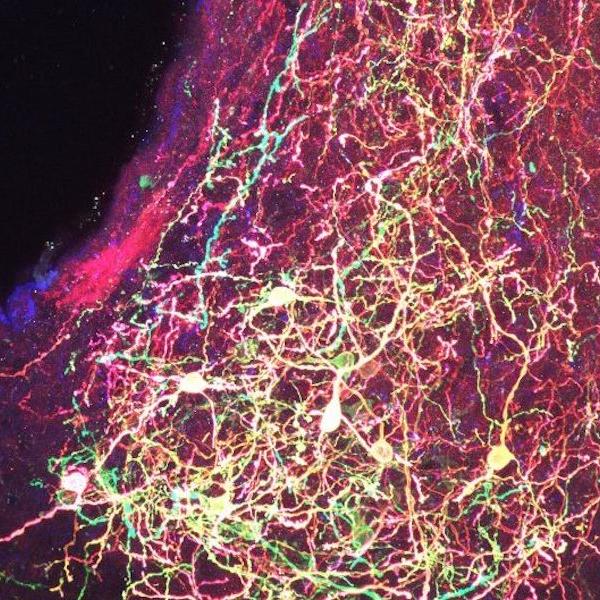
Science research roundup: November and December 2021

Using microbes to make carbon neutral fuel
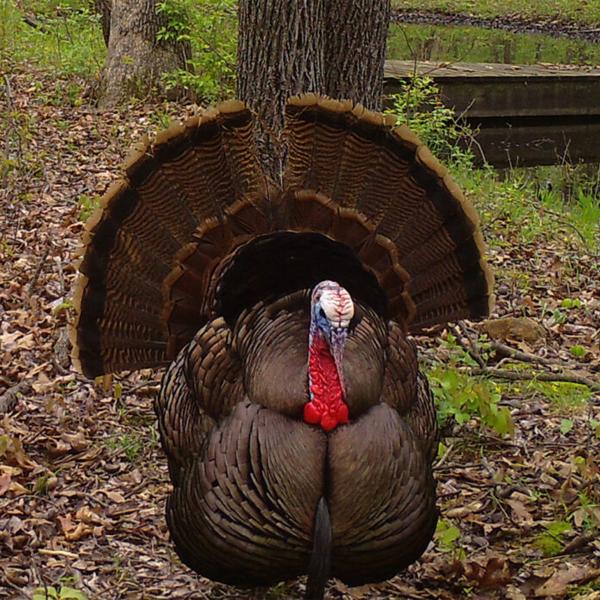
Wild turkeys among us

The arsenal of molecular biology to combat the climate crisis
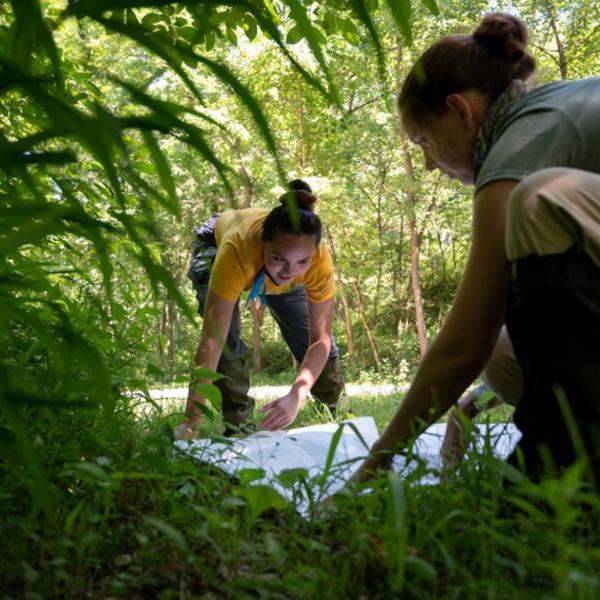
How St. Louis scientists are hunting for the next generation of tick-borne viruses

No, St. Louis is not arriving later at peak fall foliage. A biologist explains why

Why is the North American fall so red, compared with Europe?

Microbial electrosynthesis for sustainable bioproduction

Using microbes to make carbon-neutral fuel

WashU Expert: Time to retire daylight saving time

Islands are cauldrons of evolution: Study explores adaptation in island, mainland anoles
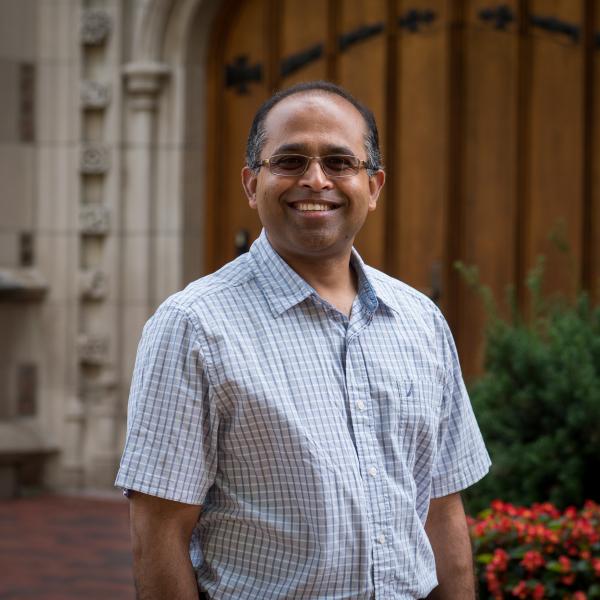
First artificial scaffolds for studying plant cell growth
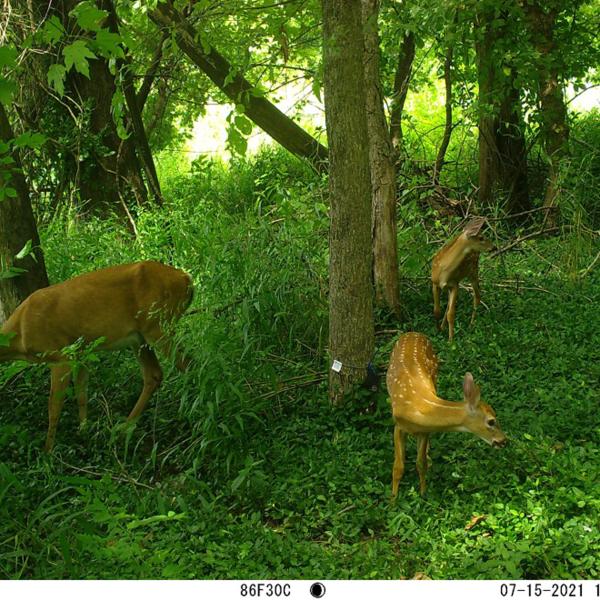
Why do affluent St. Louis areas host more wildlife? Blame the 'luxury effect'
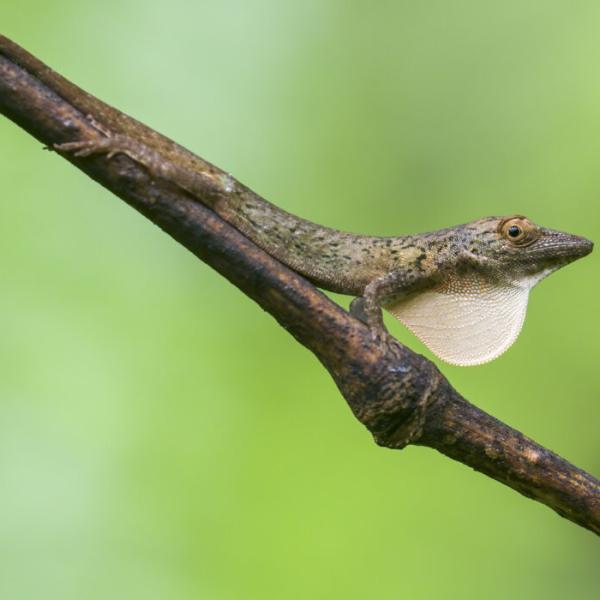
Islands are cauldrons of evolution: Study explores adaptation in island, mainland anoles
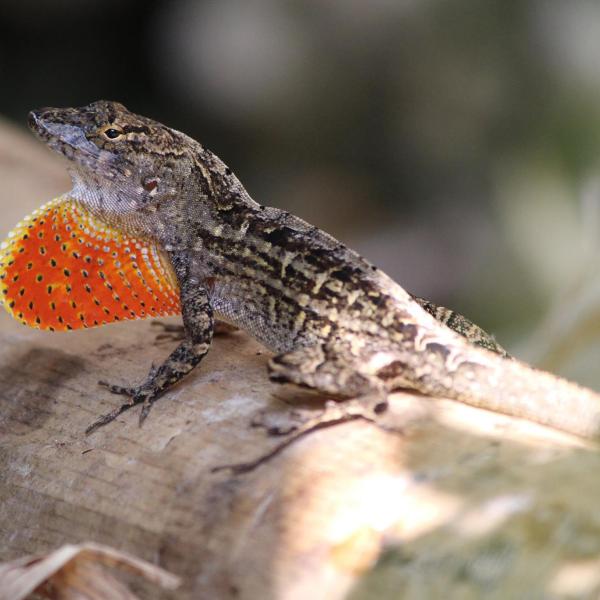
The new-new kids on the block: hybrid lizards
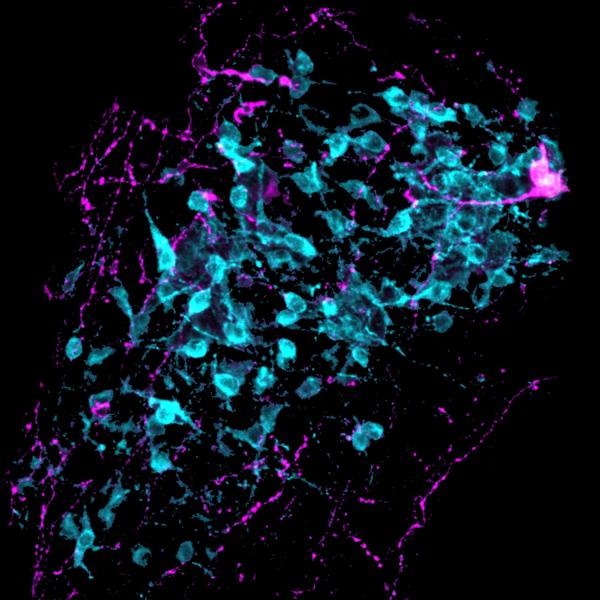
‘Fight or flight’ – unless internal clocks are disrupted, study in mice shows
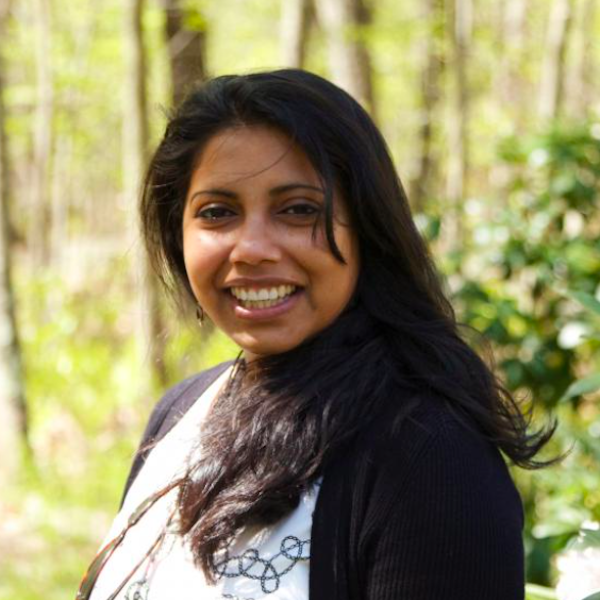
These Bacteria Steal from Iron and Could Be Secretly Helping to Curb Climate Change
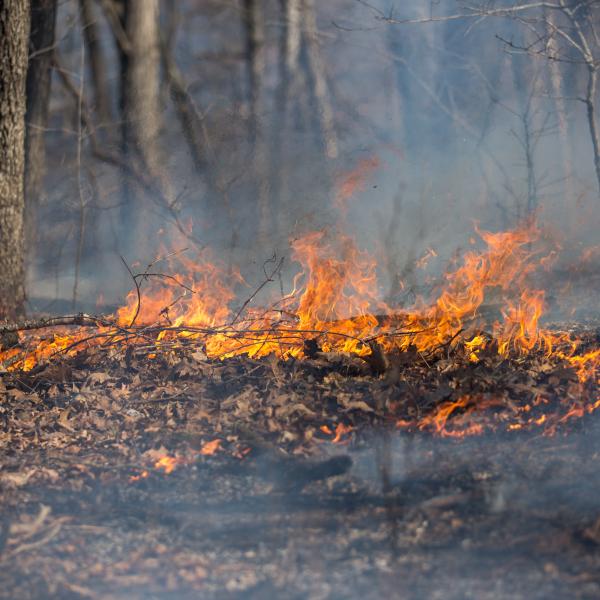
Hot topic: Fire and biodiversity in the Missouri Ozarks

Behold the humble water flea, locked in a battle of mythological proportions

Dr Arpita Bose – Harnessing Microbes to Produce Sustainable Plastics and Biofuels

Missouri Wetlands Could Hold Smallest Weapon For Fighting Climate Change
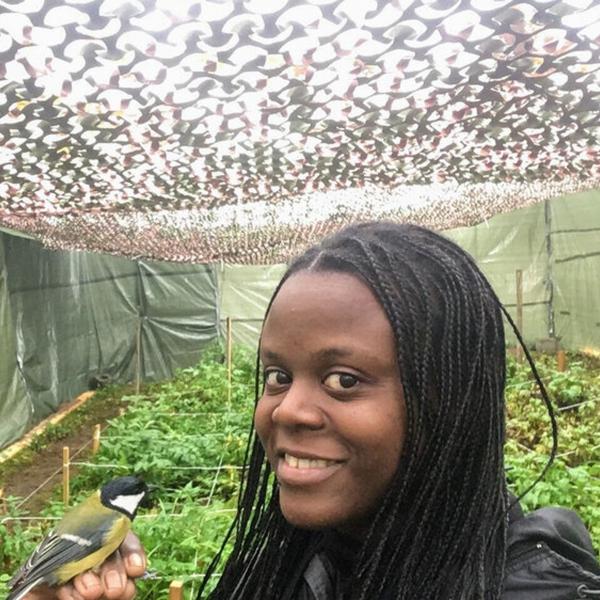
This Wasp Nest of Mine, I’m Gonna Let It Shine

Wash U Biologist Explains How Lizards Evolved For Specialized Life In Trees
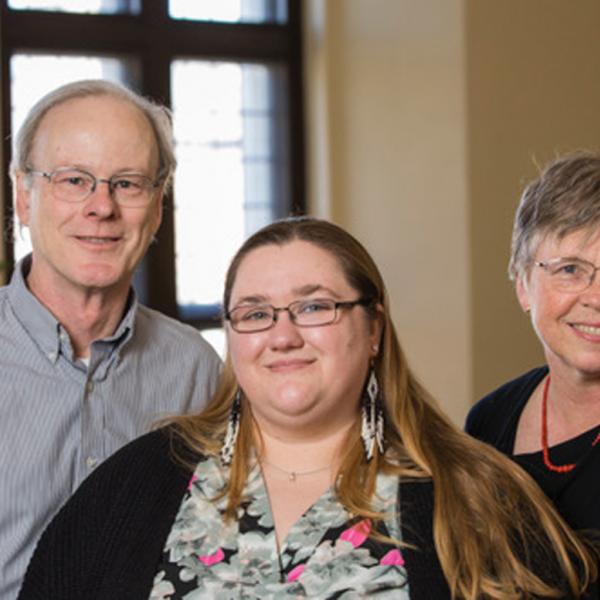
More Fun Than Fun: Plants Also Have Their Social Lives and Family Disputes
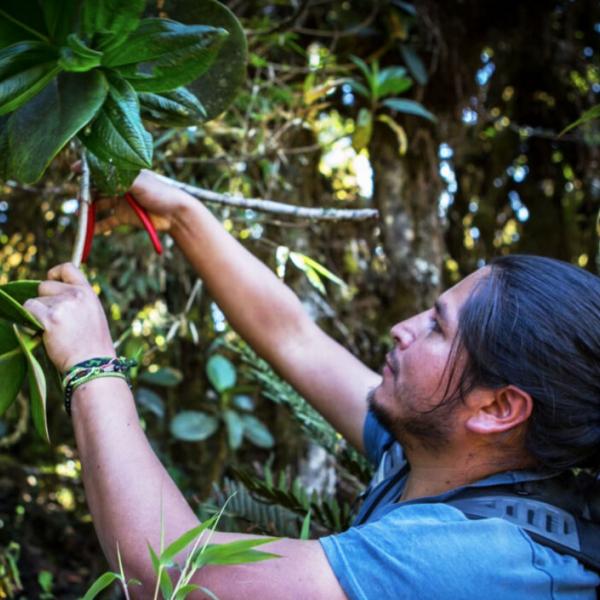
For larger, older trees, it’s all downhill from here
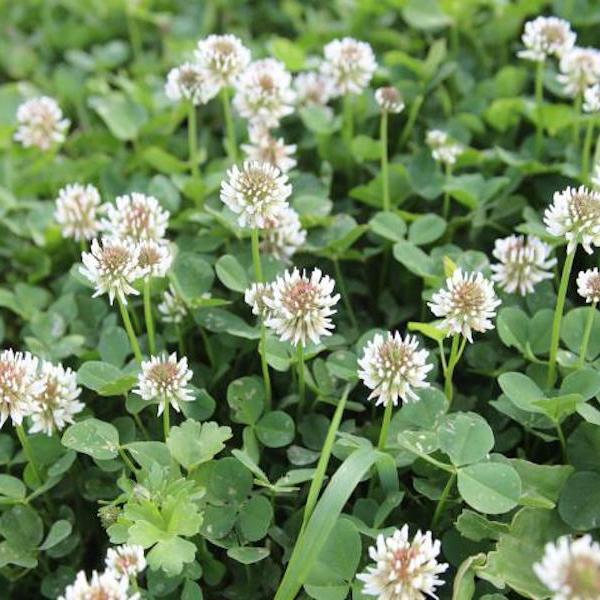
White clover’s toxic tricks traced to its hybridization

This Fish Is The Master Of The Poignant Pause
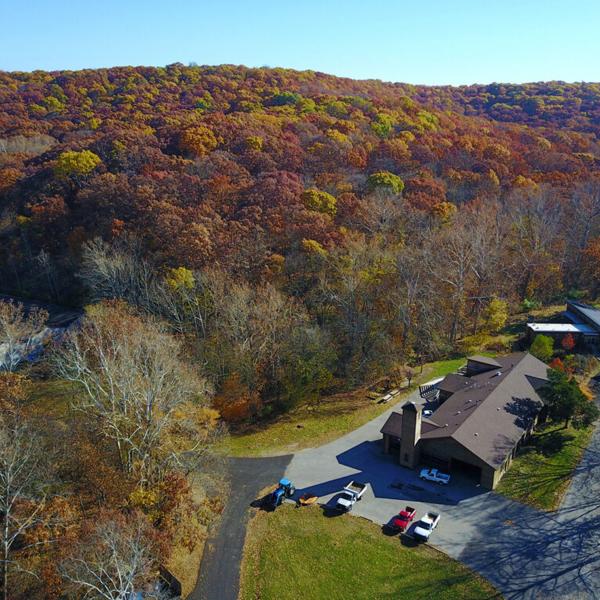
In search of refuge Researchers look at whether Ozark oases at Tyson Research Center — climate change refugia — could help species persist in spite of rising temperatures.
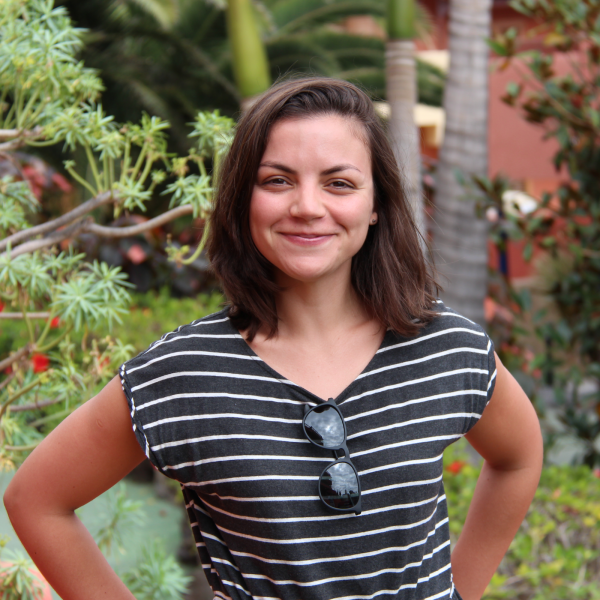
Which Butterflies Might Go Extinct From Climate Change? Ask This Brazilian Scientist!
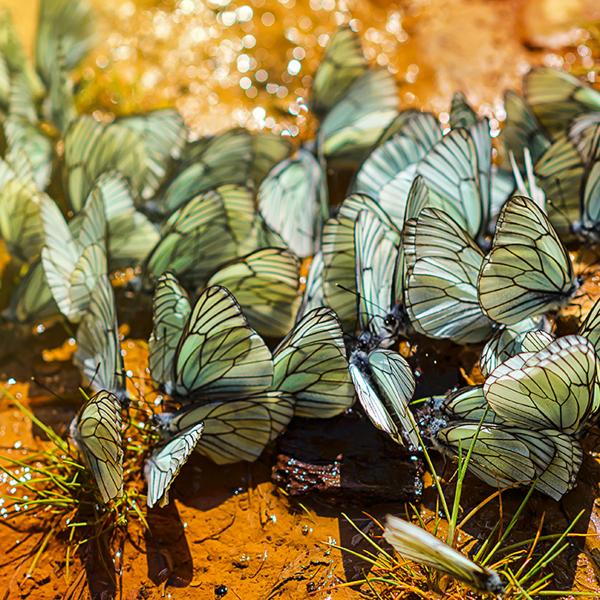
A brief history of the cabbage butterfly’s evolving tastes
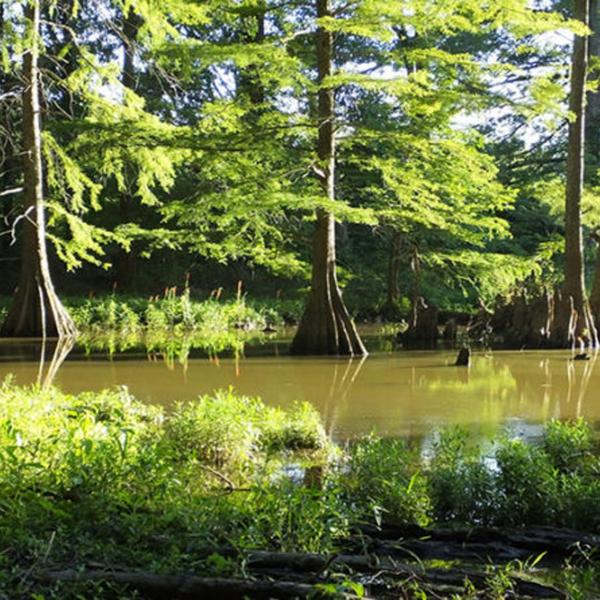
Discovery of CO2-absorbing bacteria in Missouri bolsters wetlands’ importance in combating climate change
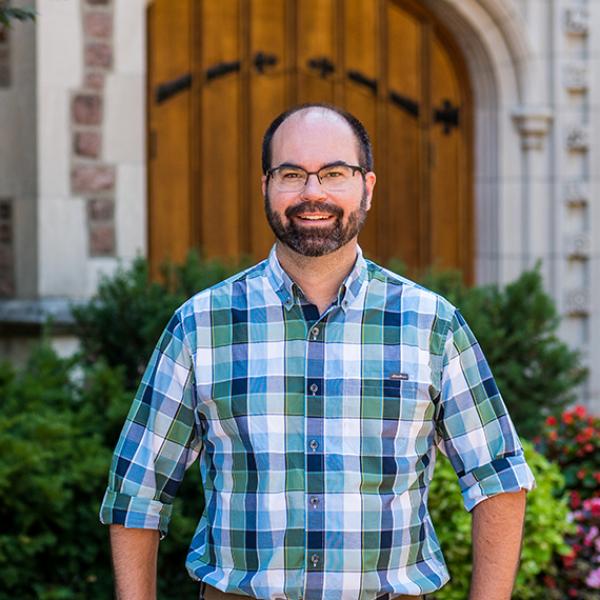
What’s Holding Streptomyces Back from Producing Gene-Encoding Drugs?
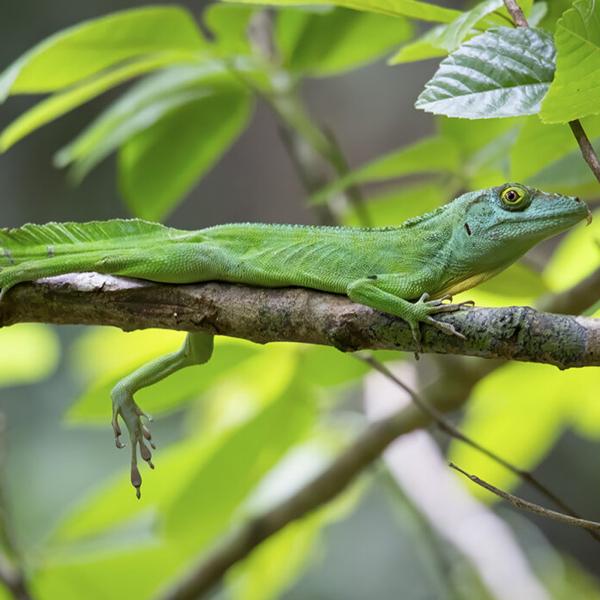
Sticky toes unlock life in the trees
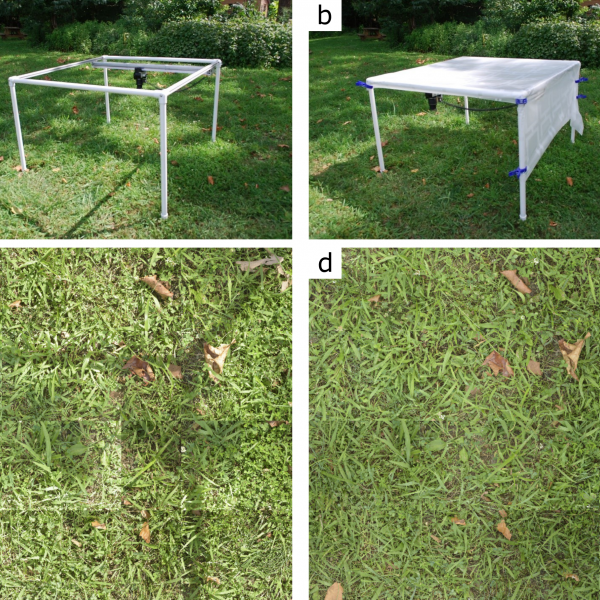
An ecologist and an engineer come together to create Robotany: a portable, low-cost platform for precise automated aerial imaging of field plots

Depth of perception: In plant cells, a conserved mechanism for perceiving mechanical force resides in unexpected location

When stubborn bugs refuse to make drugs

A bubble of air lets some lizards breathe underwater
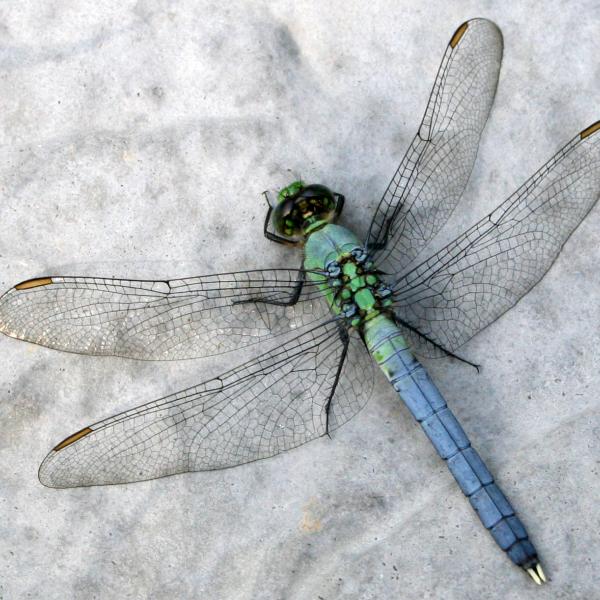
Human activity imperils one of the Earth's great survivalists: dragonflies
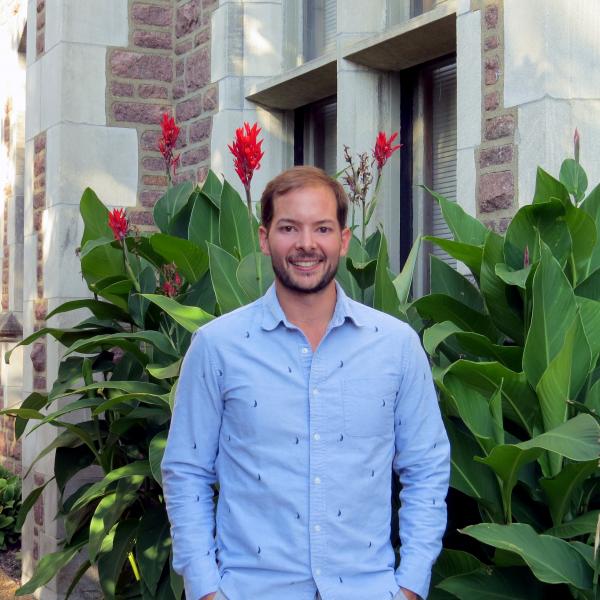
The argument for switching off lights at night

Climate crisis causing male dragonflies to lose wing ‘bling’, study finds
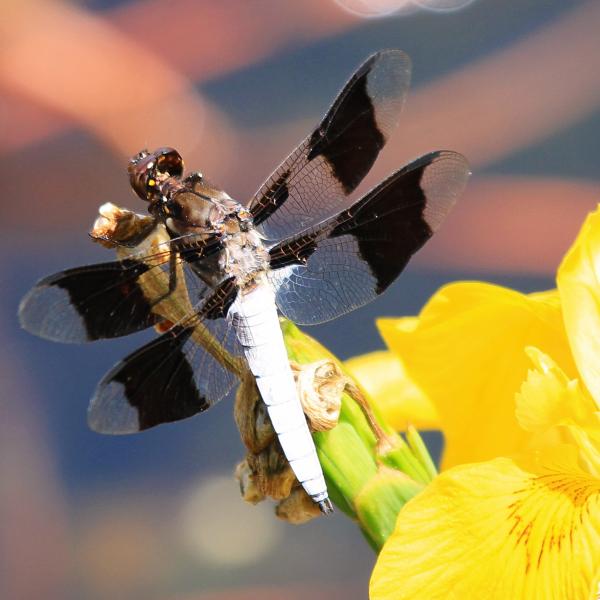
Dragonflies are losing their wing color because of climate change, study shows

From pigeon stalker to squirrel chaser: Elizabeth Carlen studies urban wildlife in St. Louis
At Tyson, a track record of bringing diverse voices into the field

Male dragonflies lose their ‘bling’ in hotter climates: Less pigmentation keeps them cool, but could make it difficult to find a mate

Living Earth Collaborative announces 2021 seed grant recipients
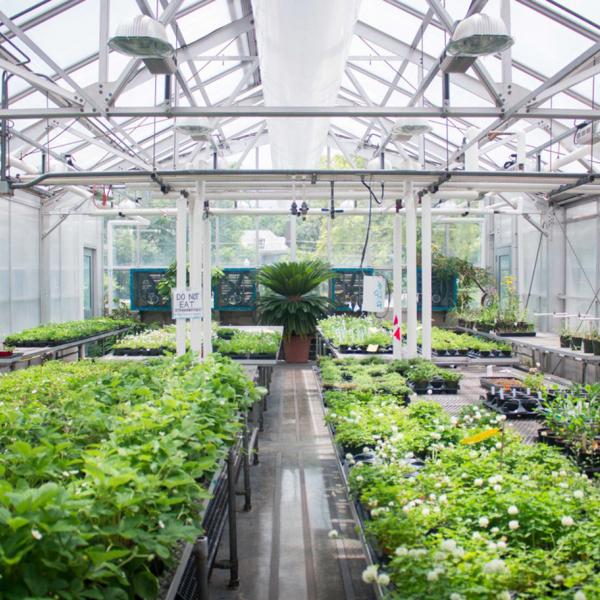
New time lapse videos from Jeanette Goldfarb Plant Growth facility
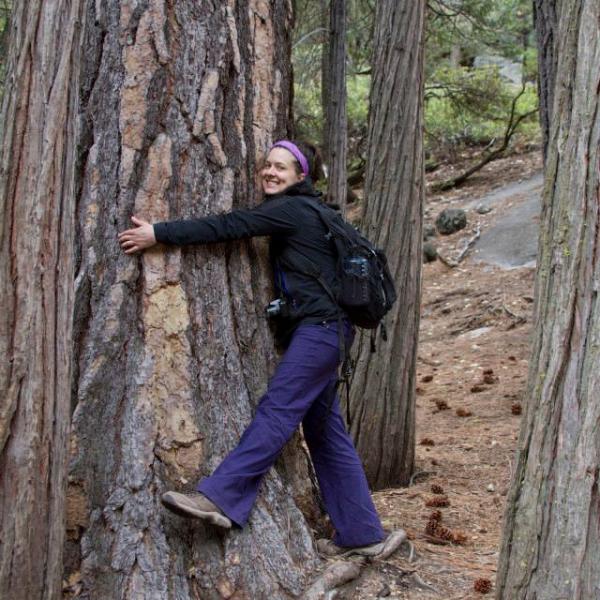
The metamorphosis of a bug girl into a slime mold expert
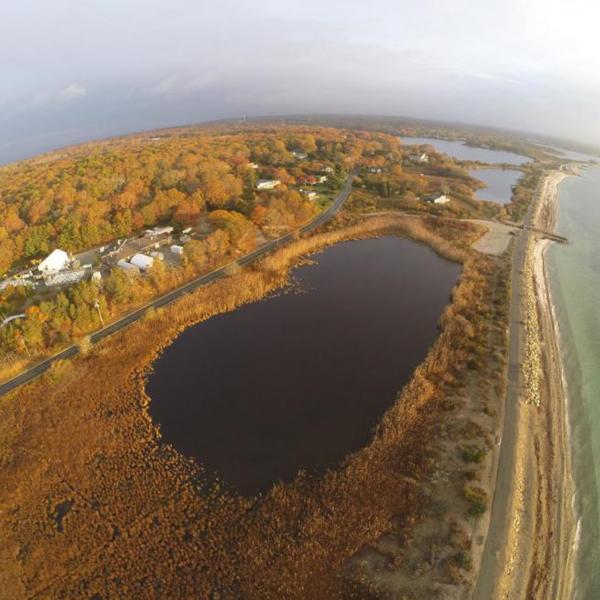
These Bacteria Could Help Fight Climate Change, A 'Serendipitous' Finding

Electricity-eating bacteria could help oceans absorb more carbon, study finds
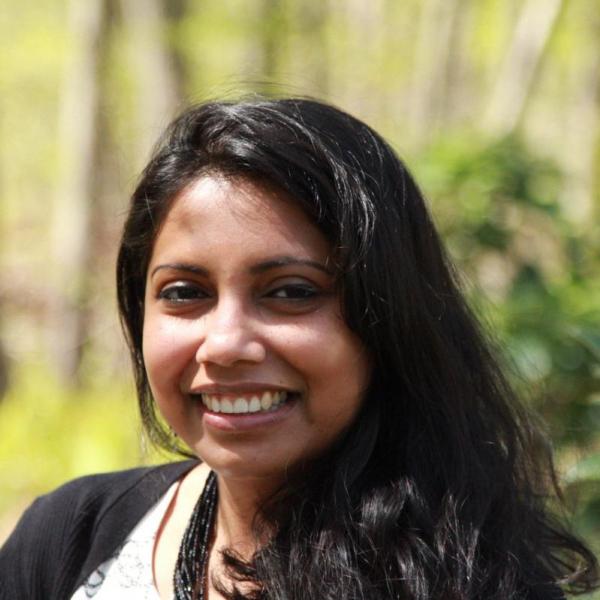
Arpita Bose: Finding collaborative solutions in surprising places

Fish Use Dramatic Pauses Too, Wash U Professor Finds
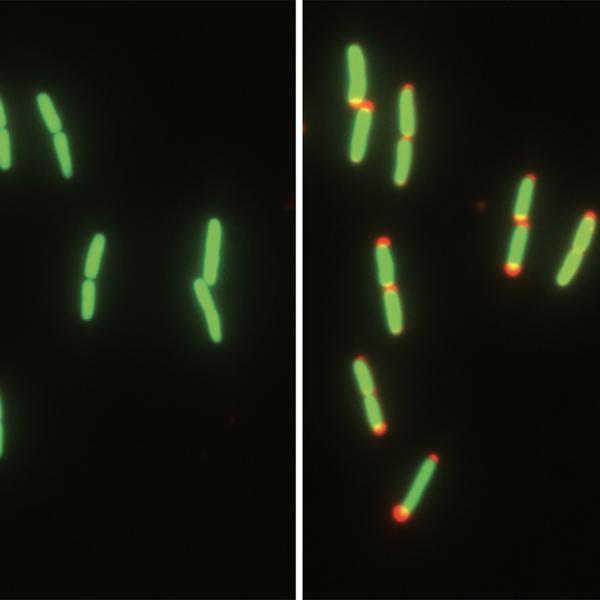
Shrinking to survive: Bacteria adapt to a lifestyle in flux

If I never knew you: Australian reptiles highlight urgent need for taxonomic research in the fight against biodiversity loss
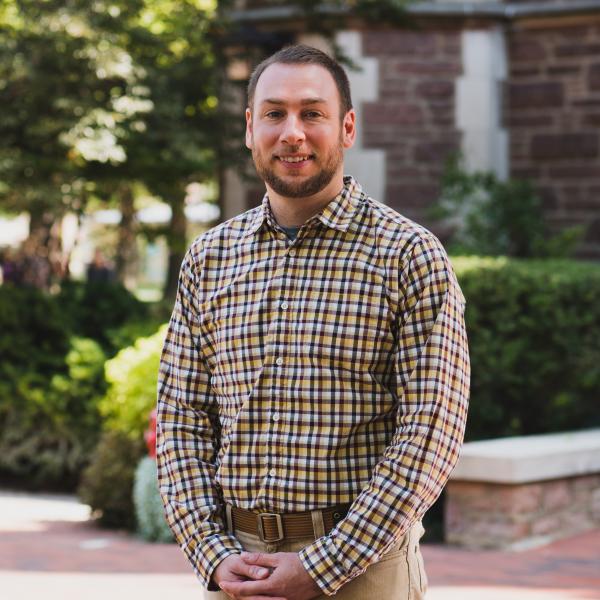
Spotlight Series: Jonathan Myers & the Tyson Research Center FDP of the Ozark Highlands

Tiny Electricity Eating Marine Microbes with a Big Job - Carbon Sequestration In Marine Wetlands

Where Did Watermelon Come From?

A ‘jolt’ for ocean carbon sequestration: Electricity-eating bacteria in marine sediments may play role in combating climate change
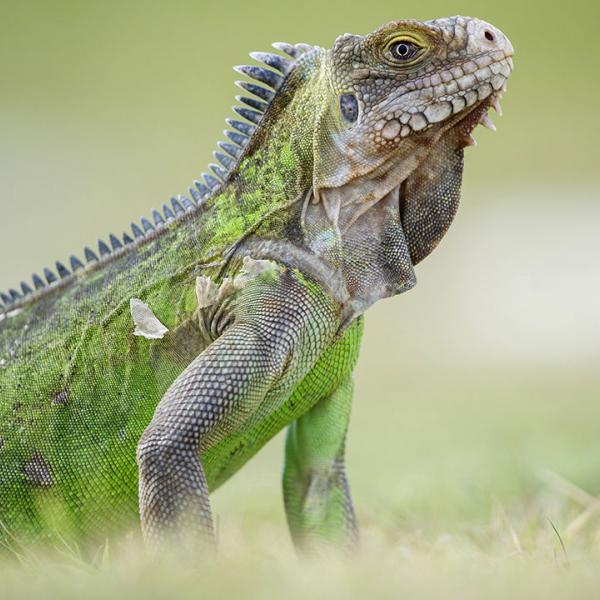
More than half of Caribbean lizards and snakes disappeared after Europeans arrived
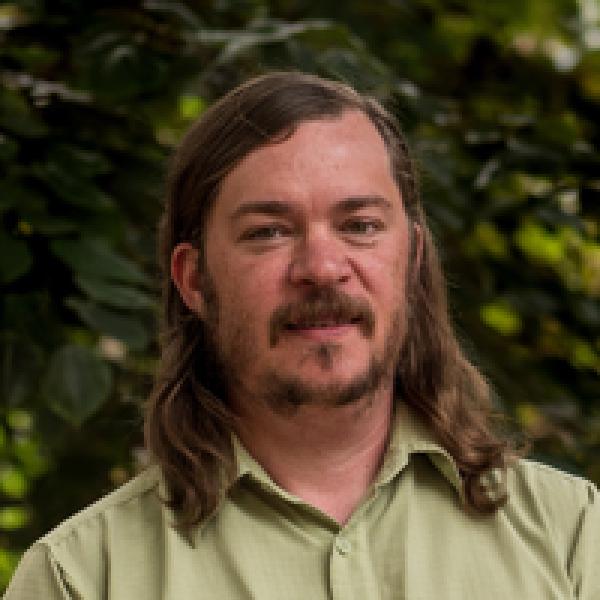
Can Electric Fish Talk Like Obama?

Electric fish — and humans — pause before communicating key points

A seedy slice of history: Watermelons actually came from northeast Africa

Made in the shade or fun in the sun: New insights into how phytochromes help plants sense and react to light, temperature

Can scientists help insects survive their fatal attraction to light at night?

Heme is not just for Impossible Burgers

Brood X cicadas emerge in a rapidly changing world
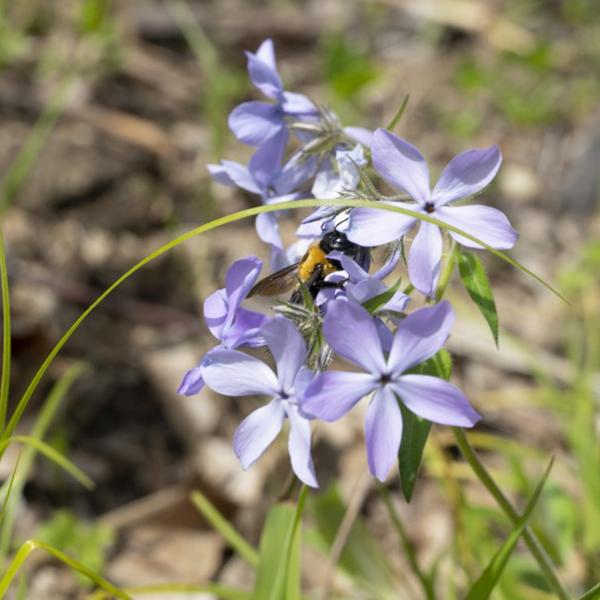
Climate Change Is Resetting The Clock For Missouri Wildflowers. Will It Affect Their Survival?

Meacham, Bose receive university’s first DEPSCoR grant since 1996

Biology undergrad Zi'Onay Walker receives ABmR sponsorship

Bio 500 Research Spotlight: Kristen Reikersdorfer on the Hengen Lab
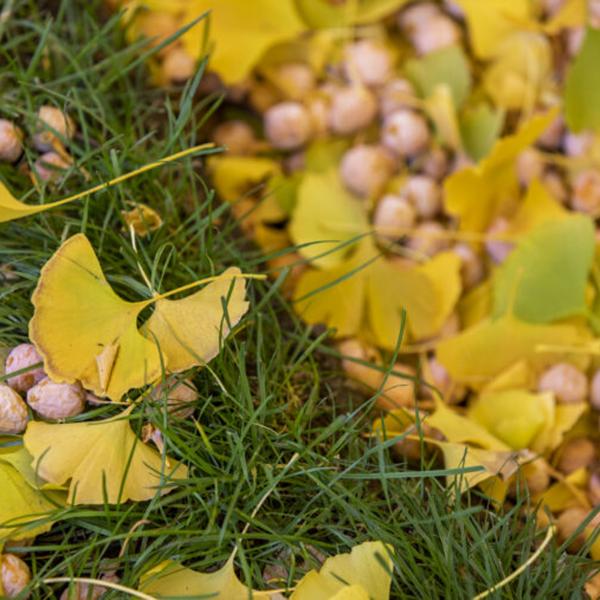
Plant sex chromosomes defy evolutionary models

Beehives Are Held Together by Their Mutual Gut Microbes

Mountain high: Andean forests have high potential to store carbon under climate change

Scene Rooted in St. Louis: The Ethnobotanical Work of Professor Memory Elvin-Lewis
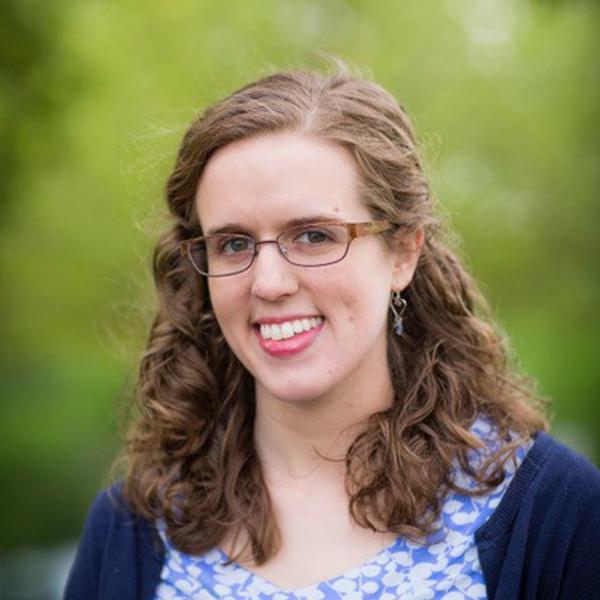
A love of microbiology leads Postdoc Sarah Anderson to the Levin Lab
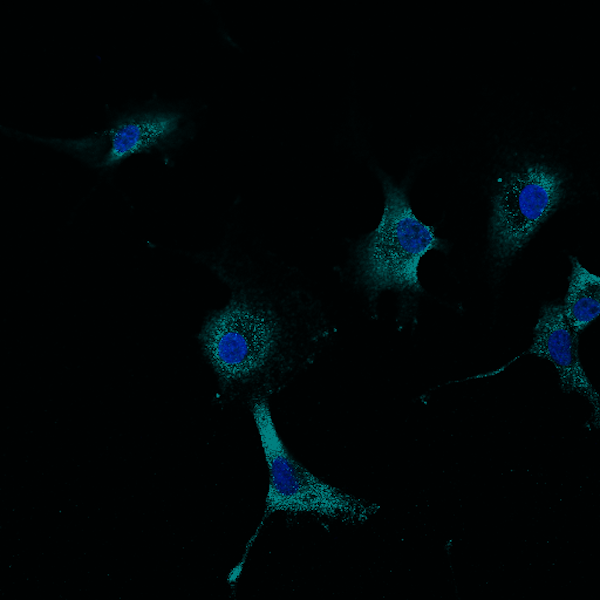
The body’s daily clock may influence cancer treatment success
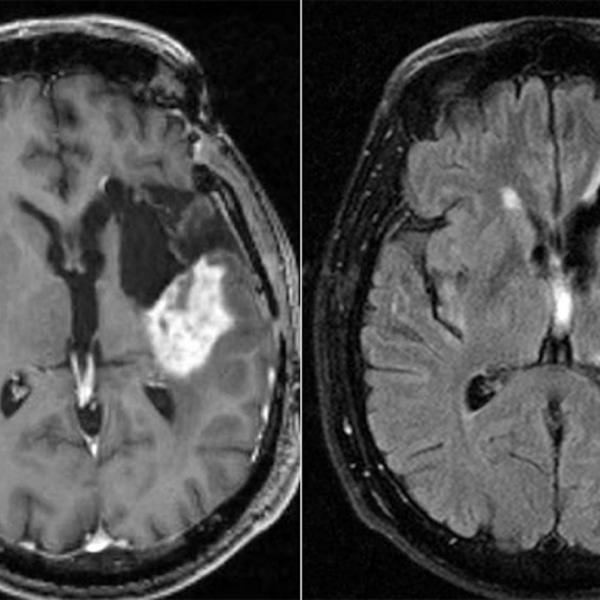
Chemo for glioblastoma may work better in morning than evening
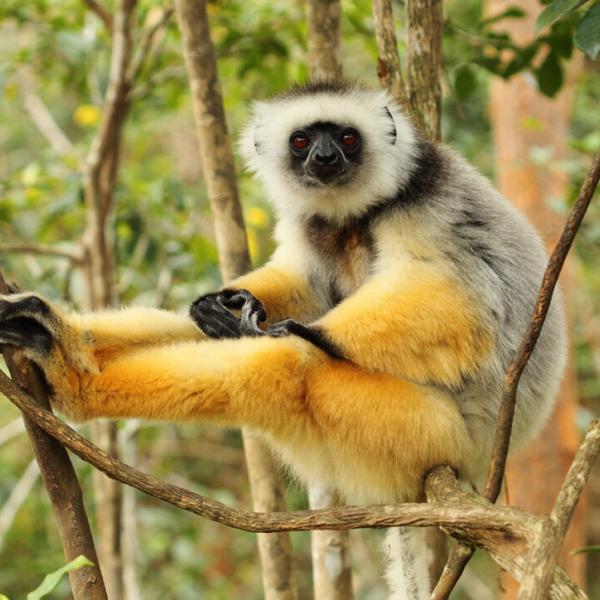
A tale of two forests could reveal path forward for saving endangered lemurs
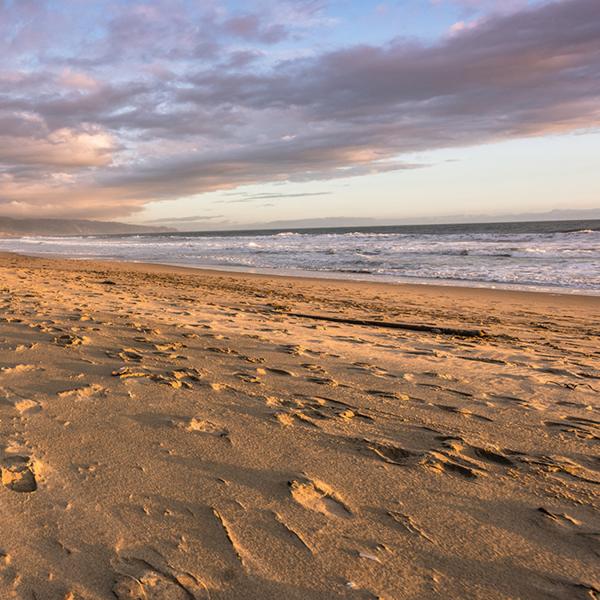
Coastal lupine faces specific extinction threat from climate change
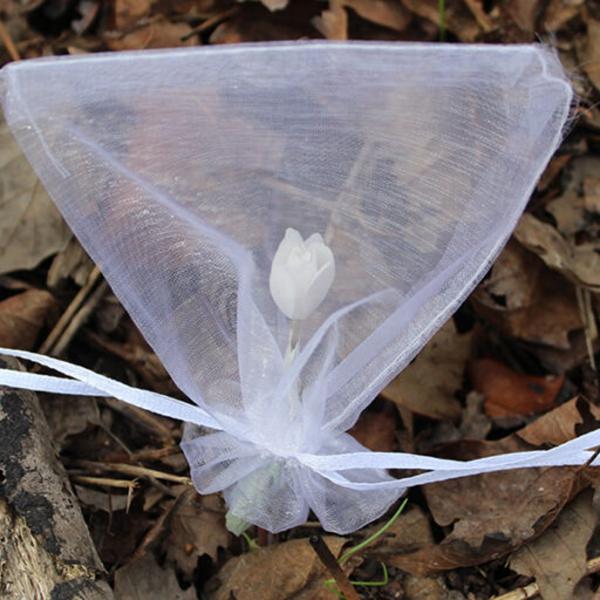
Yes, spring flowers are blooming earlier. It might confuse bees
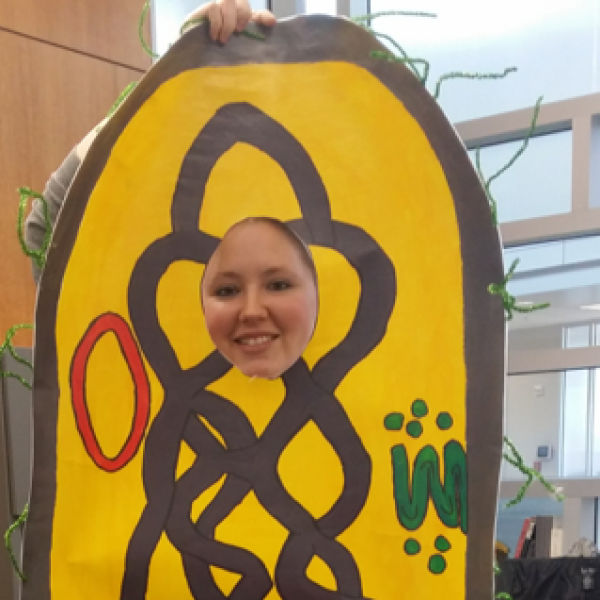
Sarah Beagle joins Levin lab to ask how microbes adapt to environmental changes
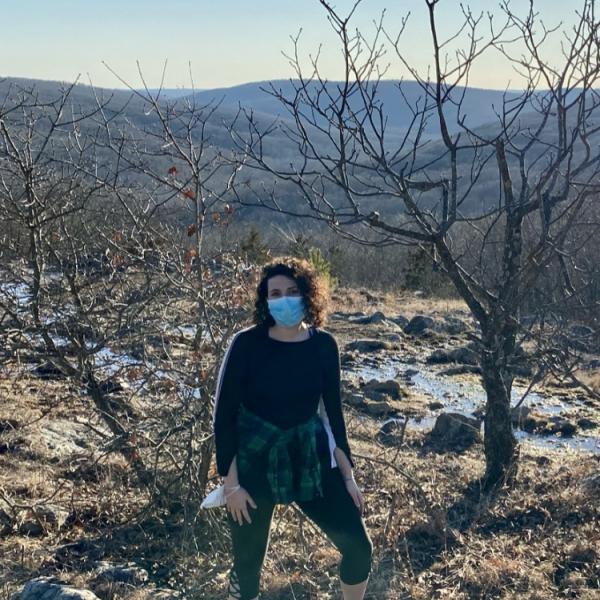
Bio 500 Research Spotlight: Michelle Pollowitz on the Penczykowski Lab
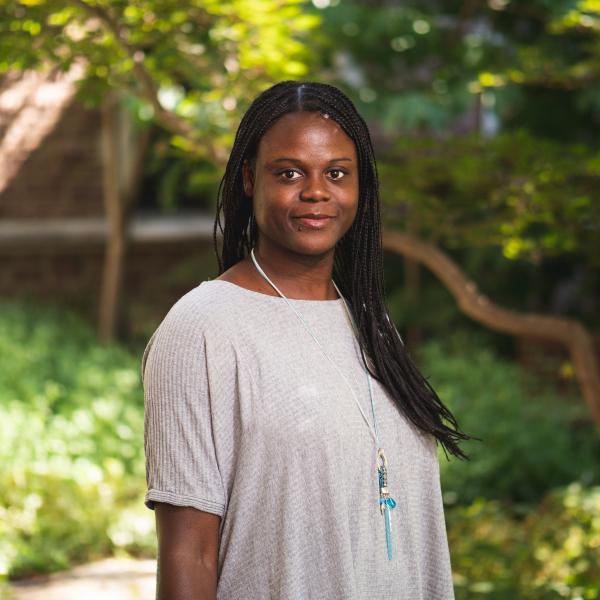
Diversity in nature and academia

Rooted in St. Louis: The WU greenhouse, where plants never die
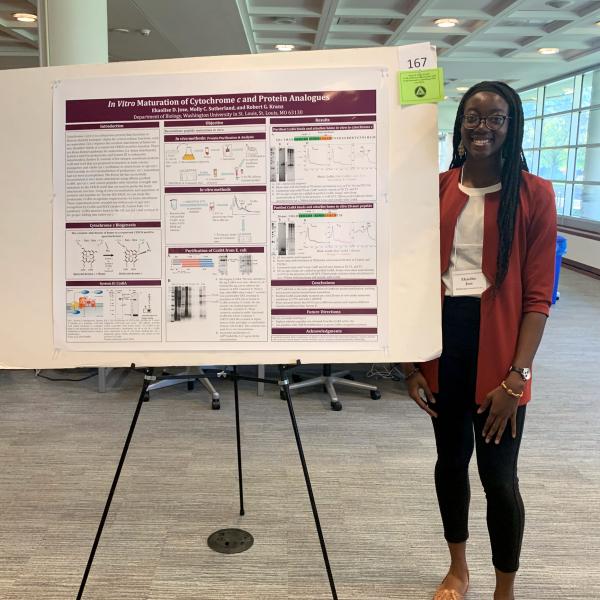
Bio 500 Spotlight on the Kranz Lab by Eka Jose and Ethan Lowder

Bio 500 Spotlight on the Herzog Lab by Ellie Sapiro
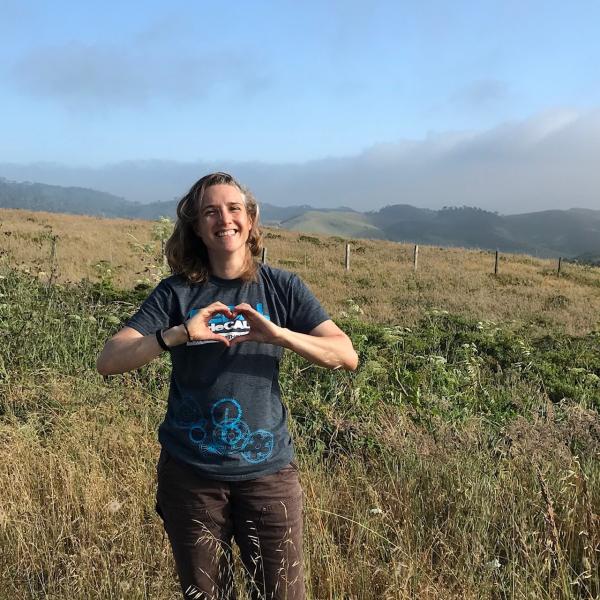
Eleanor Pardini talks about childhood, environmental research and public service

Building a better green workhorse
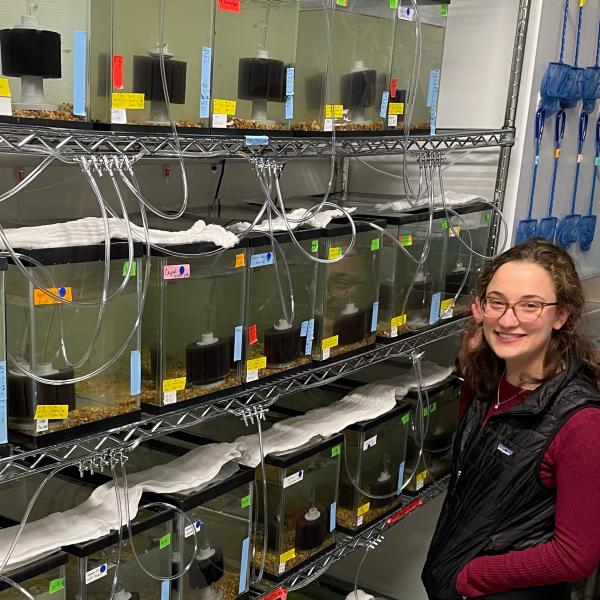
Bio 500 Spotlight on the Gordon/López-Sepulcre Lab by Shayna Rosenbloom
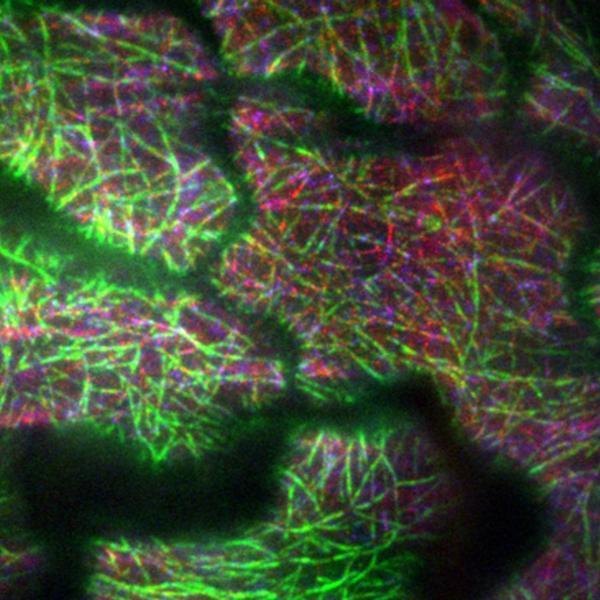
Biologist Dixit awarded $2M to study dynamics of intracellular scaffolds
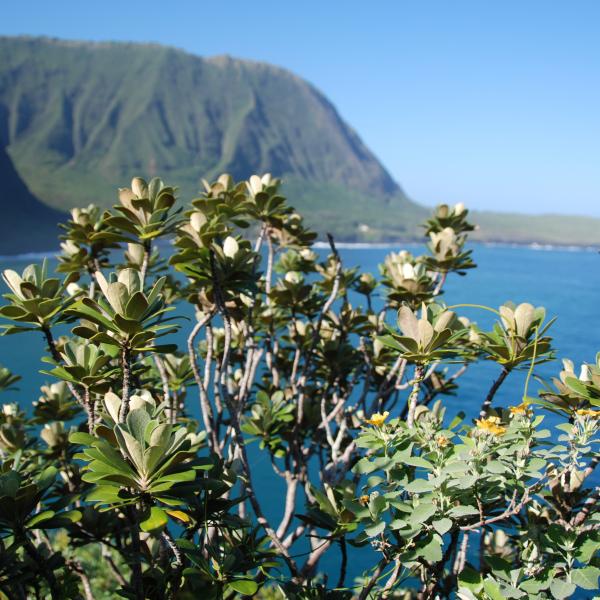
Michael Landis: Evolutionary radiations along the Hawaiian conveyor belt

Orange is the new ‘block’: Structure reveals key features that help block excess light absorption during photosynthesis
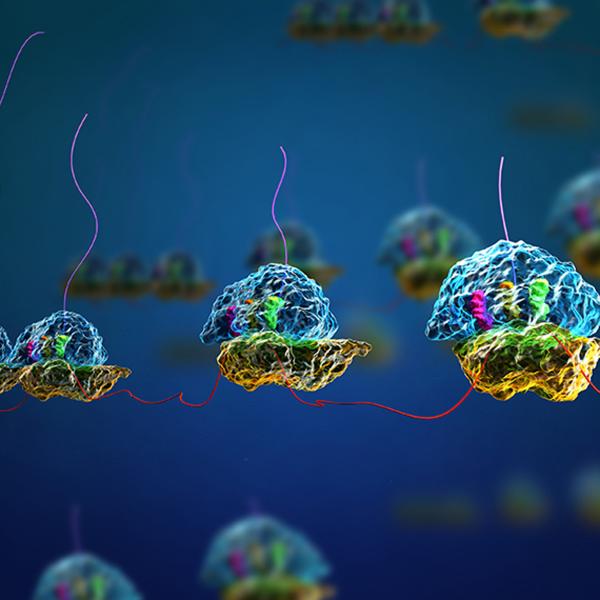
Seeking to avoid ‘full lockdown,’ cells monitor ribosome collisions
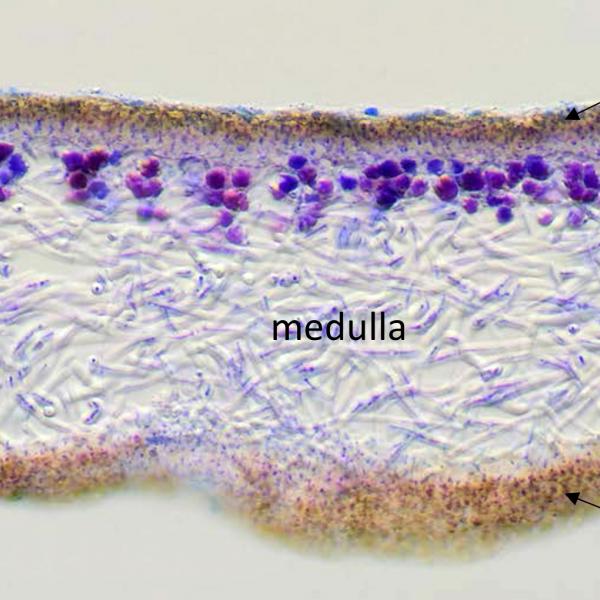
American Society for Cell Biology member profile: Ursula Goodenough
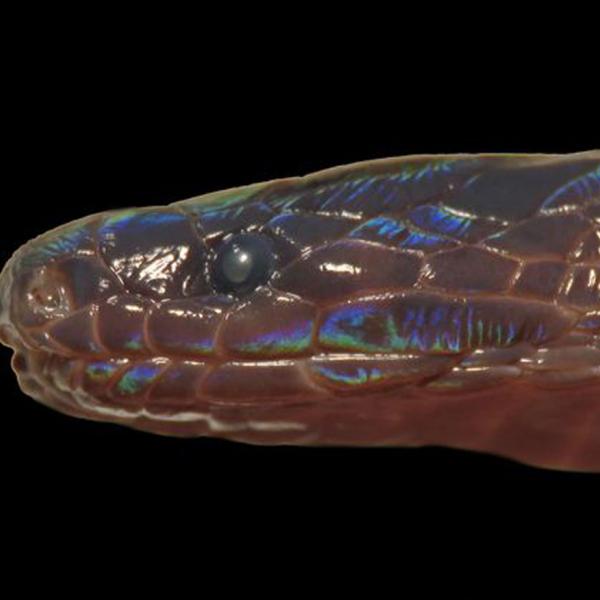
Rare Iridescent Snake Discovered in Vietnam

Discovery against all odds: Rita Levi-Montalcini
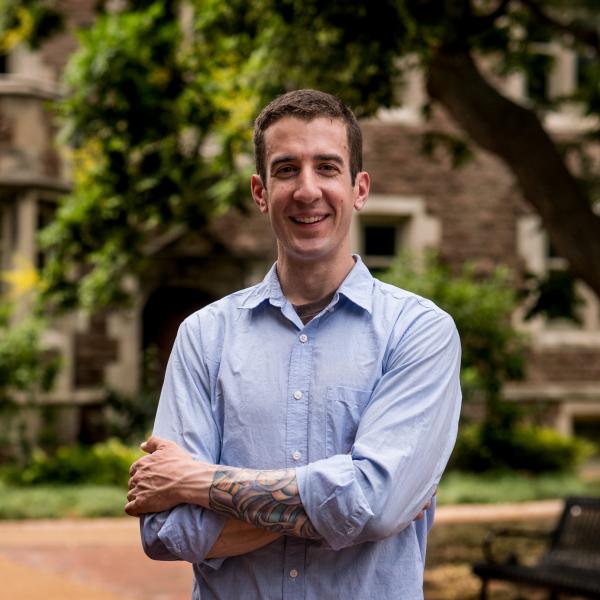
From mountain biking to mice brains
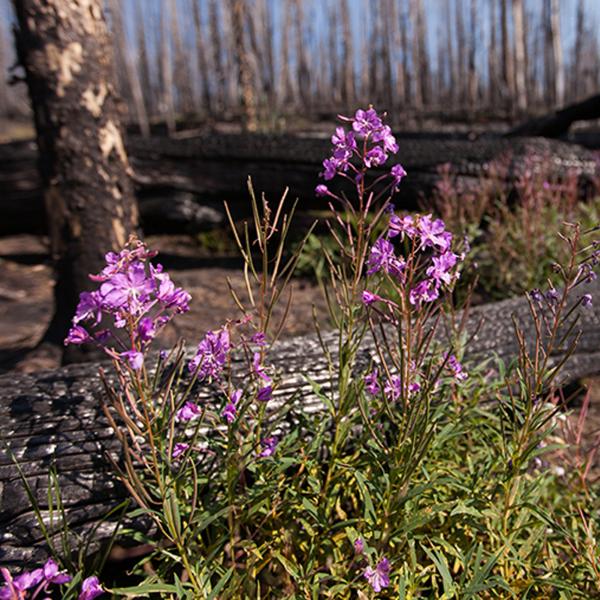
In fire-prone West, plants need their pollinators — and vice versa
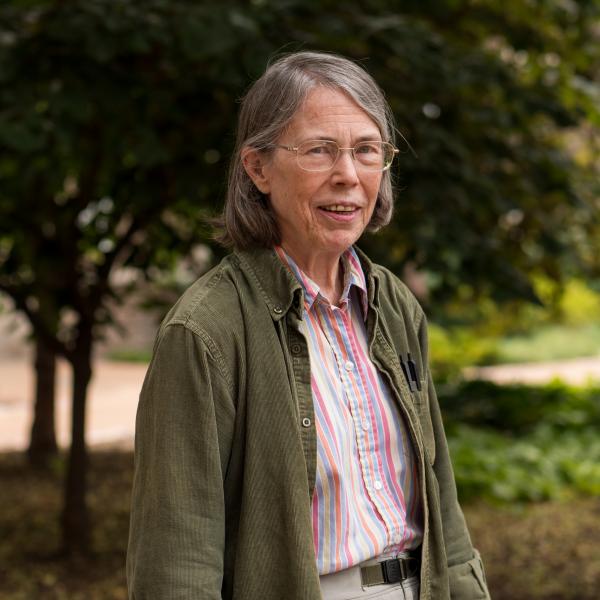
The future of STEM education: engaging our undergraduates in doing science

Wash U Professor Erik Herzog Explains Why Daylight Saving Time Is Bad For Us
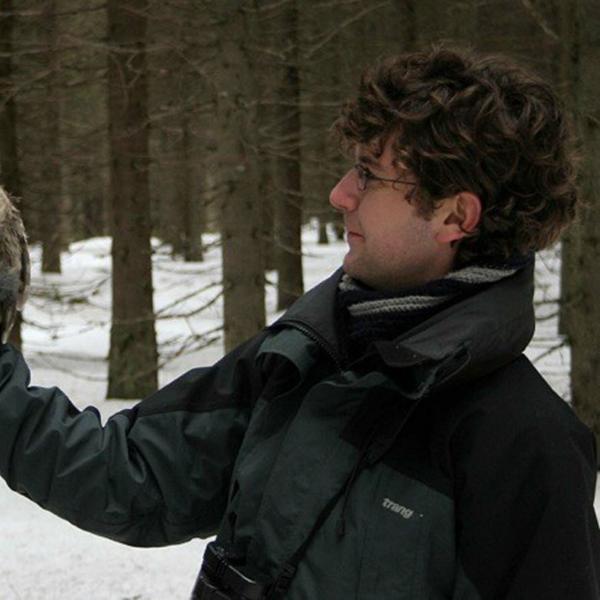
Andrés López-Sepulcre on guppies and eco-evolutionary theory
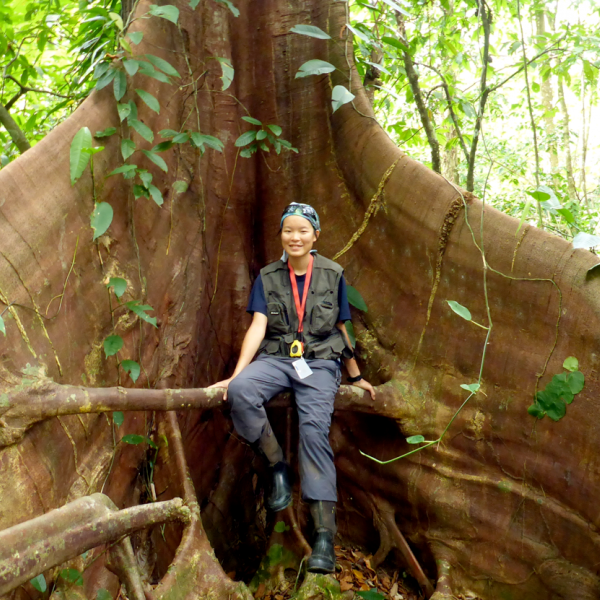
From strawberry poison dart frogs to Trinidadian guppies

Rising higher than ever – where the electricity eating microbes and hunters are now
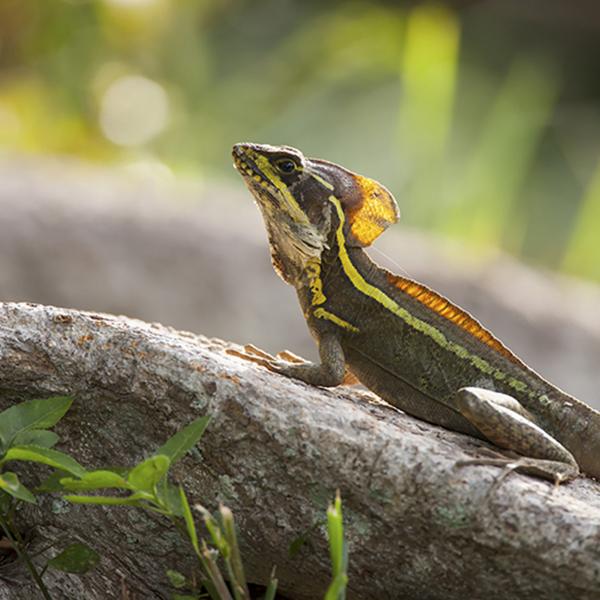
What cold lizards in Miami can tell us about climate change resilience

Micro-climates may help save plant species as global temperatures rise

‘Honey bee, it’s me’ Study: Gut bacteria is key to bee ID
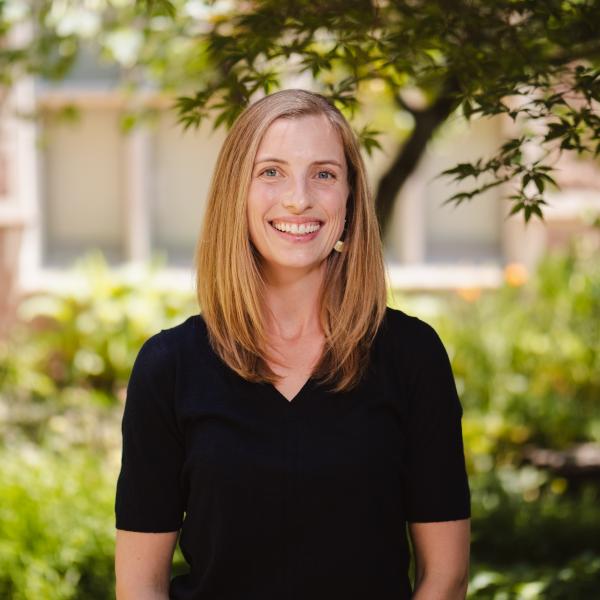
Sicker livestock may increase climate woes Vicious cycle: More parasites means higher emissions of potent greenhouse gas
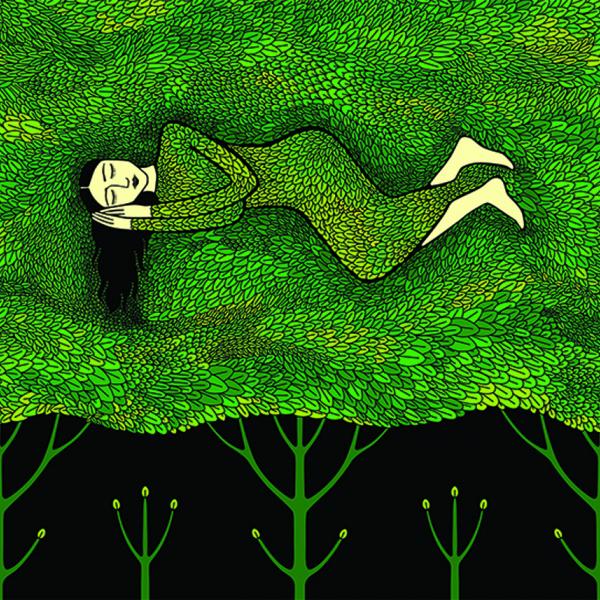
Hengen awarded $1.8M to study sleep’s contribution to brain function
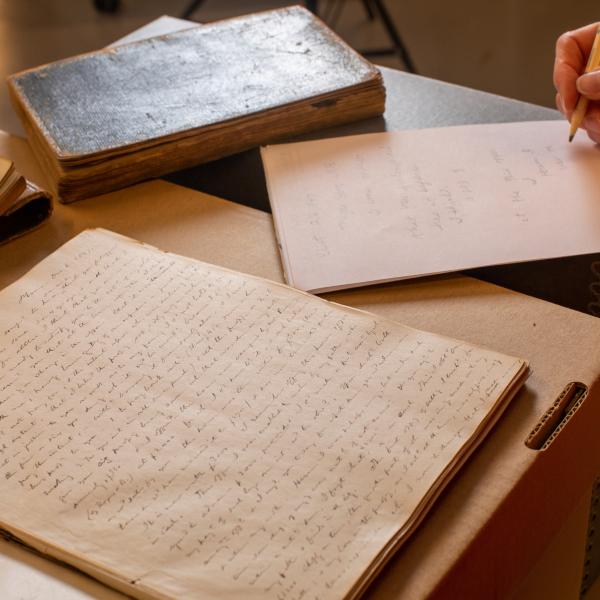
Undergraduate research is for everyone
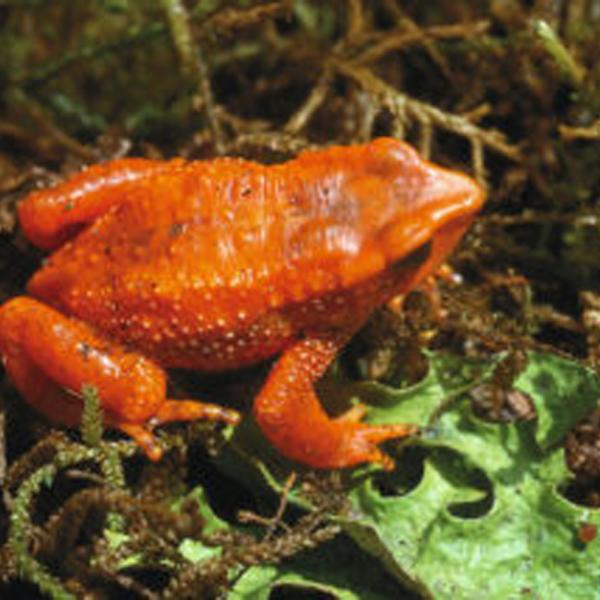
Living Earth Collaborative announces 2020 seed grant recipients
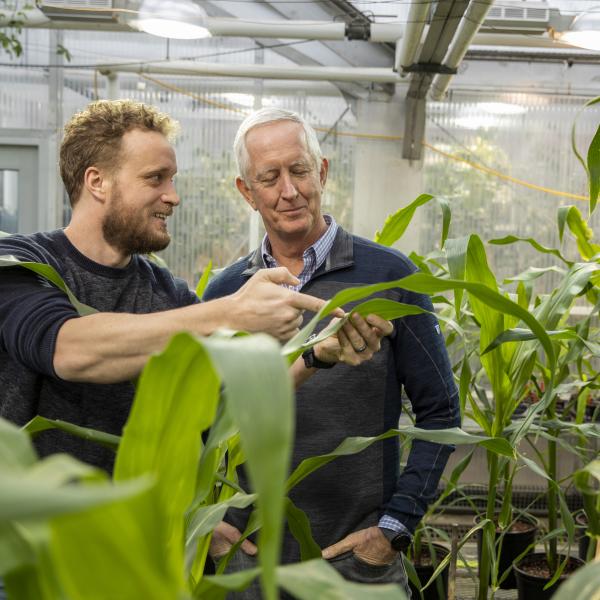
Plants without cellular recycling systems get creative in the dark

Ancient Python Lays Eggs, Apparently Without Male Help

Early infection makes plants more vulnerable to later infection

Arpita Bose: Creating plastics from electricity with “Biobatteries”
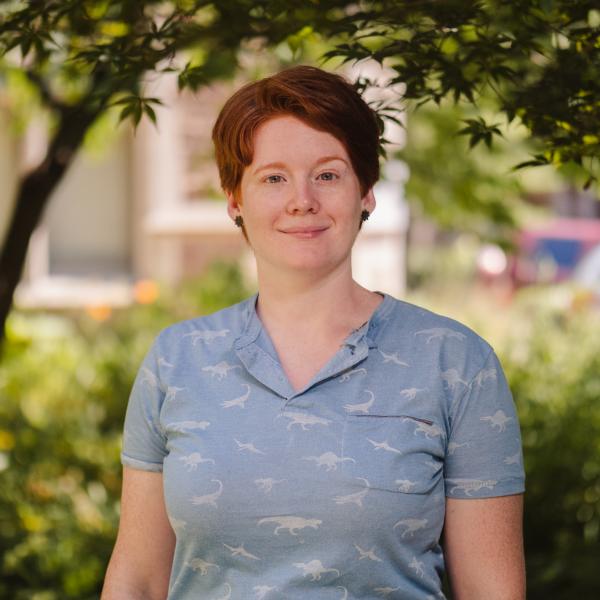
Going below the surface at Tyson Research Center
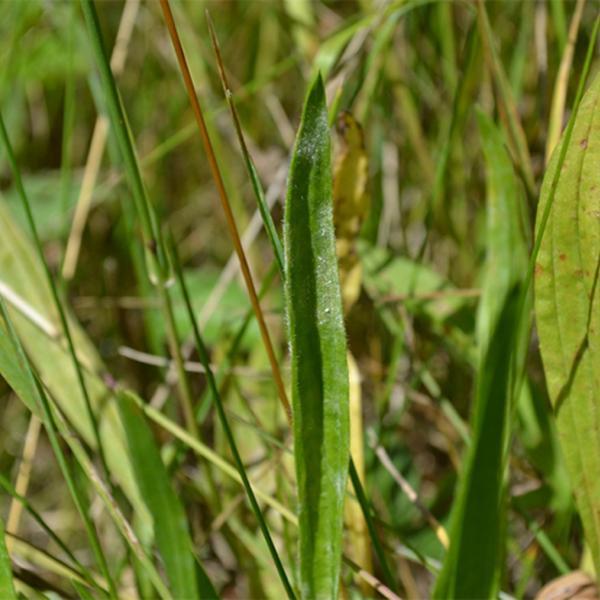
Once infected, twice infected
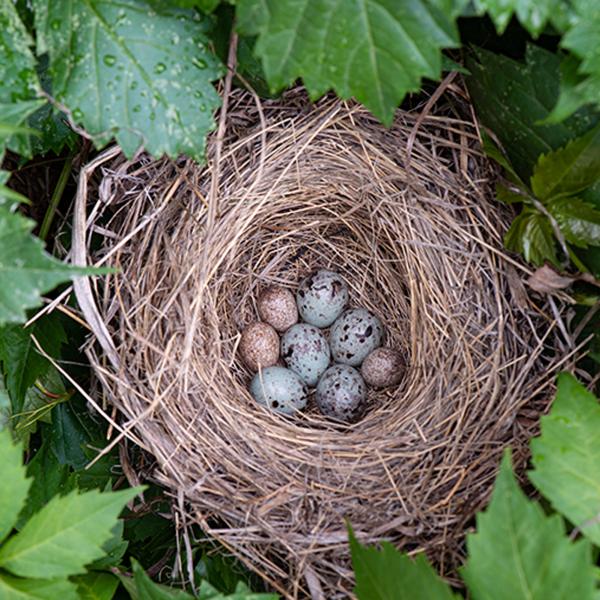
An Avian Dilemma — How Birds Are Hijacking Others' Nests To Raise Their Young

Meet the hedge fund managers of avian world: Faced with uncertainty, brood parasites literally lay eggs in more baskets

Resilience: a summer 2020 case study
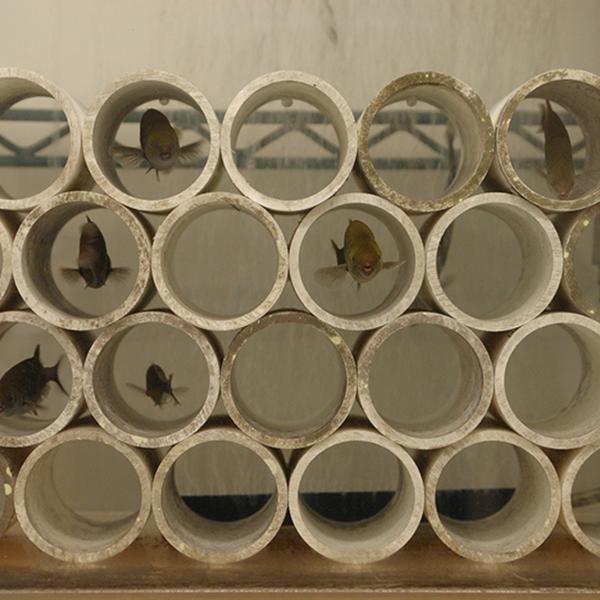
Zeroing out their own zap: Time-shifted inhibition helps electric fish ignore their own signals
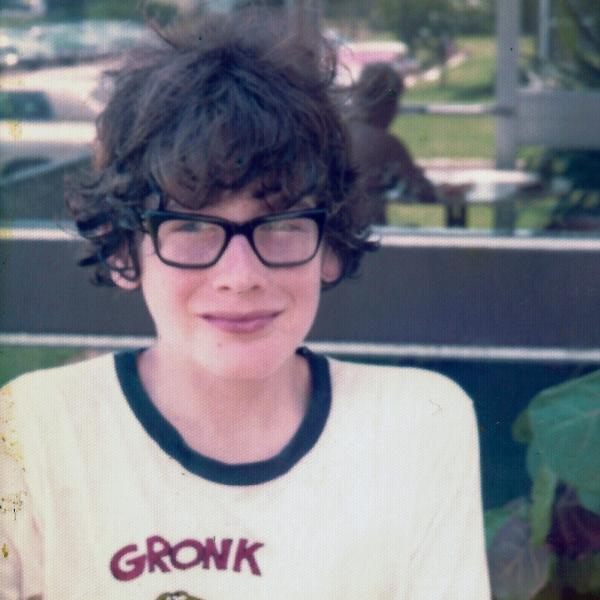
Meet Lizard Man, a reptile-loving biologist tackling some of the biggest questions in evolution
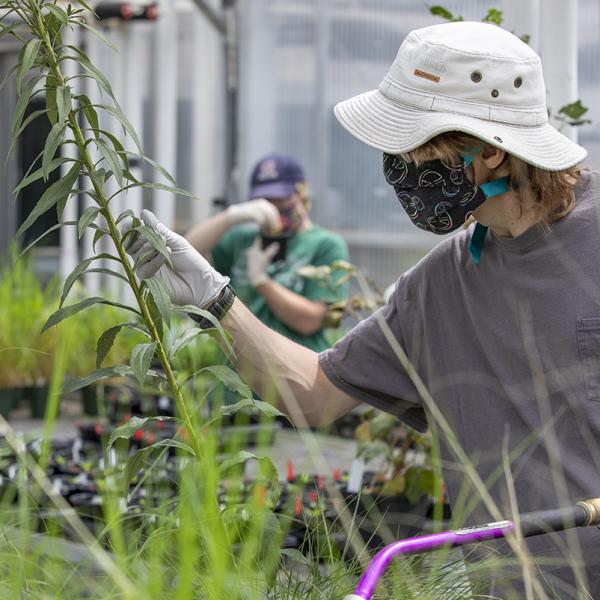
Jeanette Goldfarb Plant Growth Facility Updates
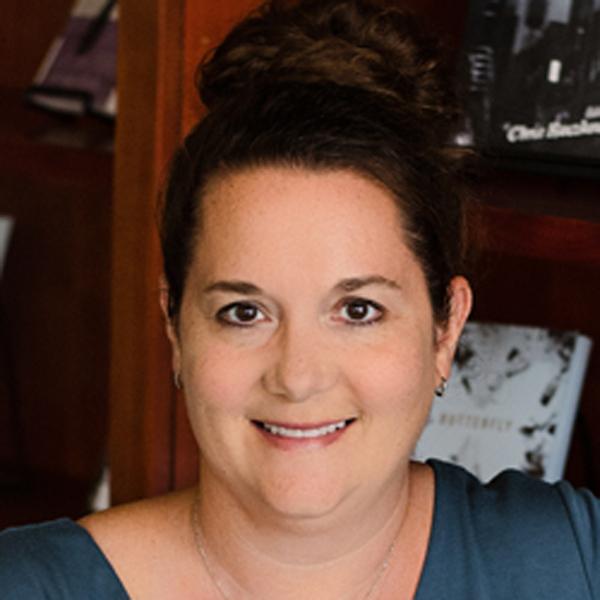
Olin Library Updates
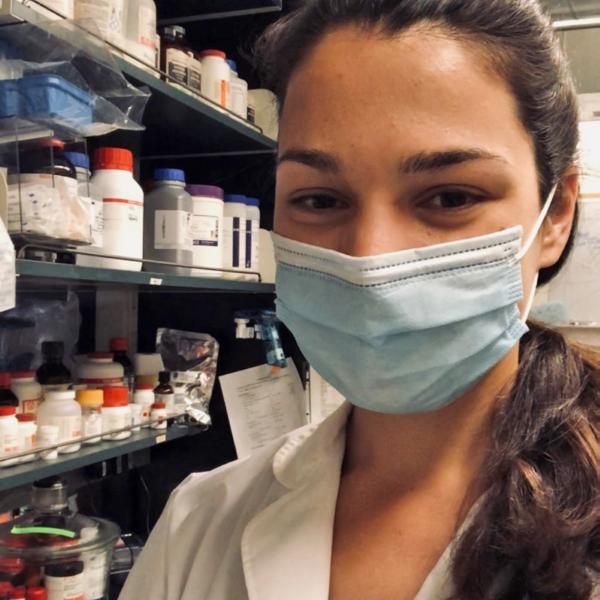
The events of the COVID-19 pandemic according to a 4th-year grad student
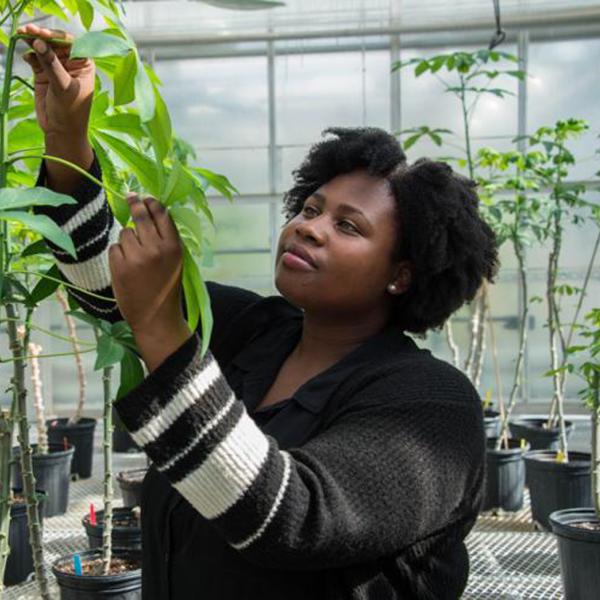
Whether cultivating roses or studying cassava, Black botanists are in the spotlight this week
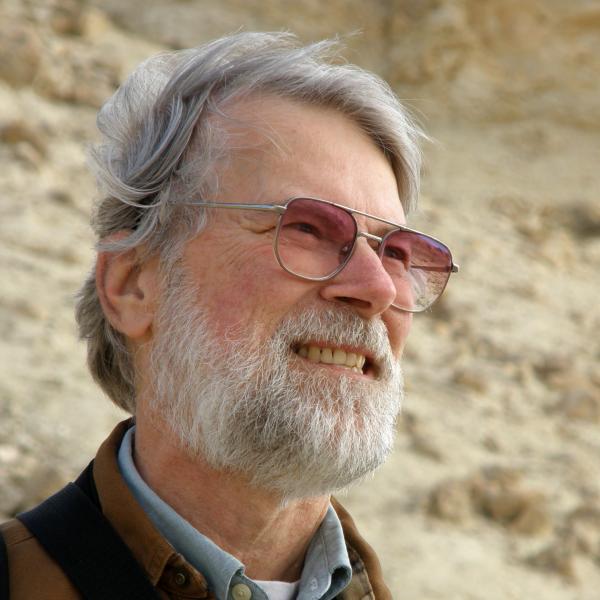
Alan Templeton interviewed on St. Louis on the Air

Bruce Carlson promoted to professor of biology
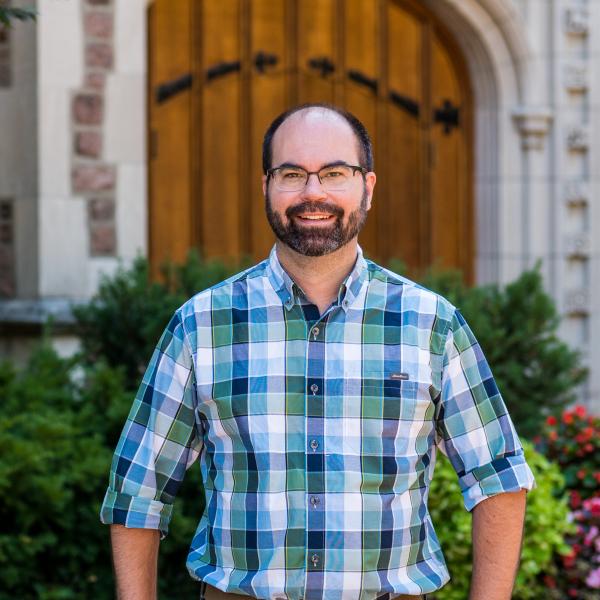
Revolution Medicines Reports New Application of Tri-Complex Modality for “Undruggable” Protein Targets and Announces License to Ginkgo Bioworks to Explore Potential Use Against Novel Coronavirus

An ion channel senses cell swelling and helps cells to choose a response
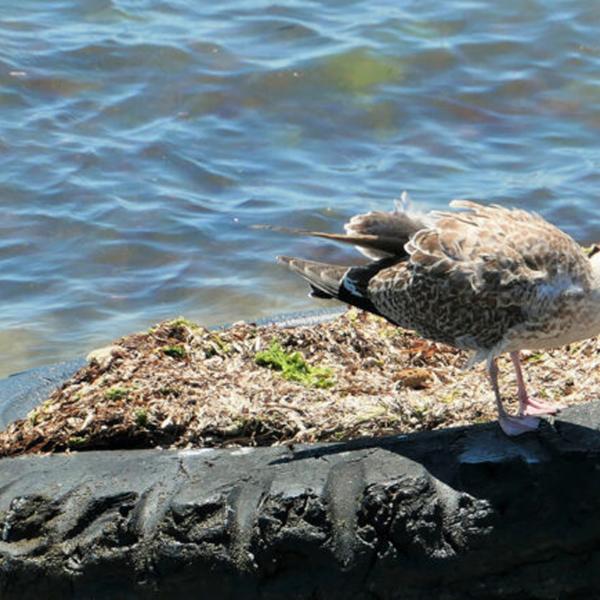
WashU Expert: ‘Extinction crisis even worse than realized’
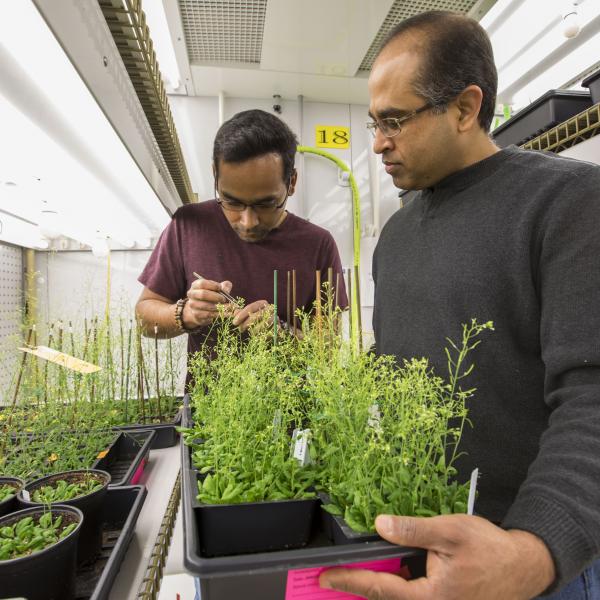
How to build better highways in plants
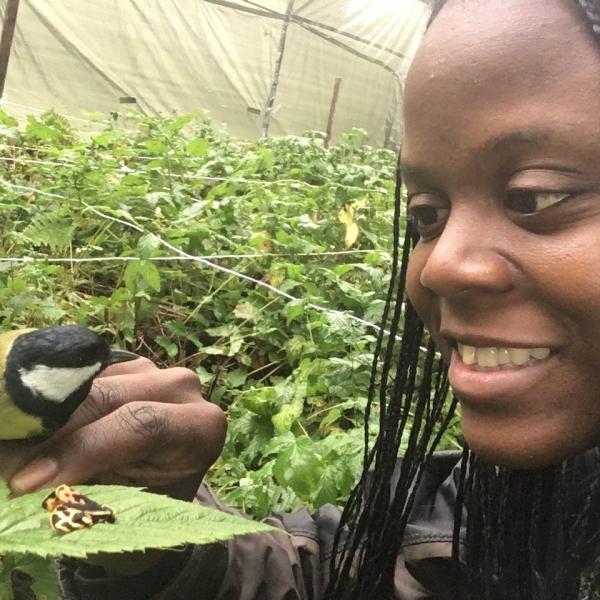
New Profs in the Age of COVID19 - @swannegordon
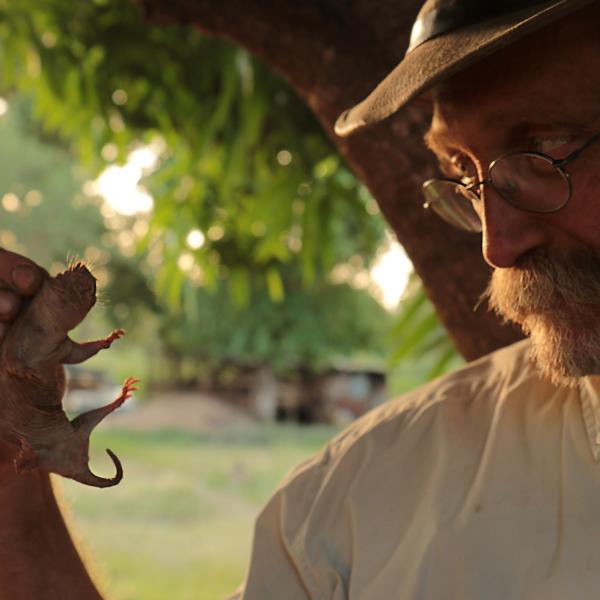
The mystery of the great naked mole-rat migration
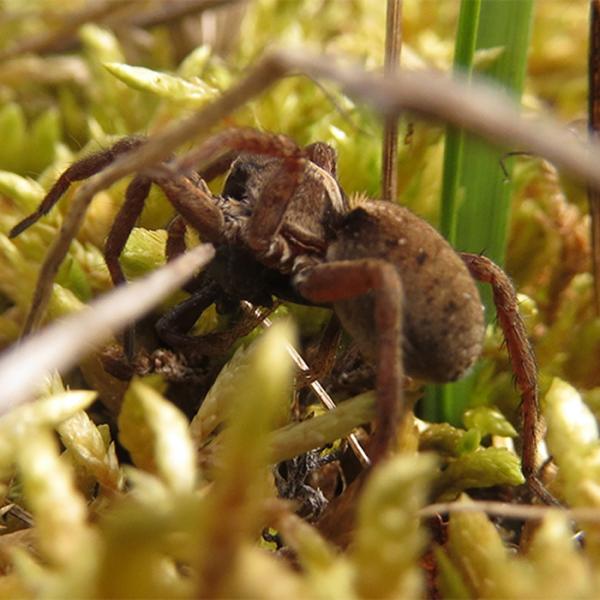
Wolf spiders may turn to cannibalism in a warming Arctic
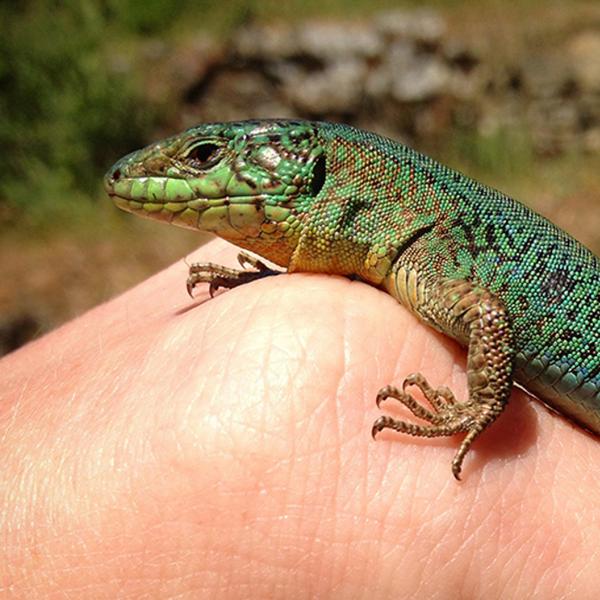
Lizards develop new ‘love language’ Animal chemical signals shift after only four generations
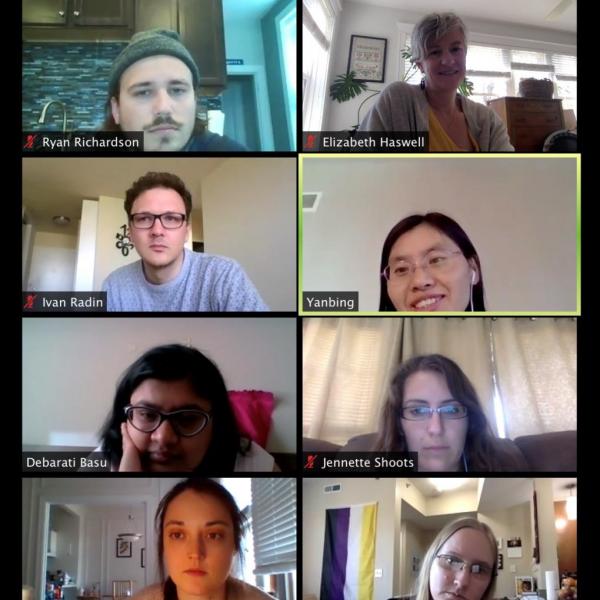
With on-campus lab work halted, researchers forge ahead
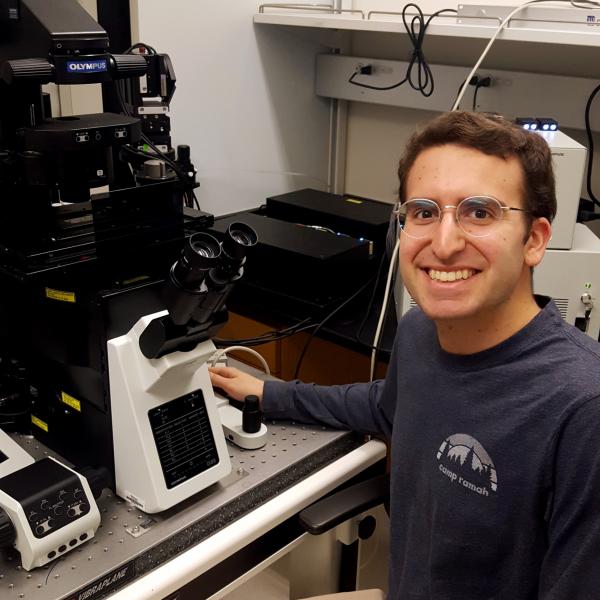
Biology undergrad Ethan Weiner talks about Bio 500 research in the Haswell Lab

$1.2M grant to study evolution of Central American lizards
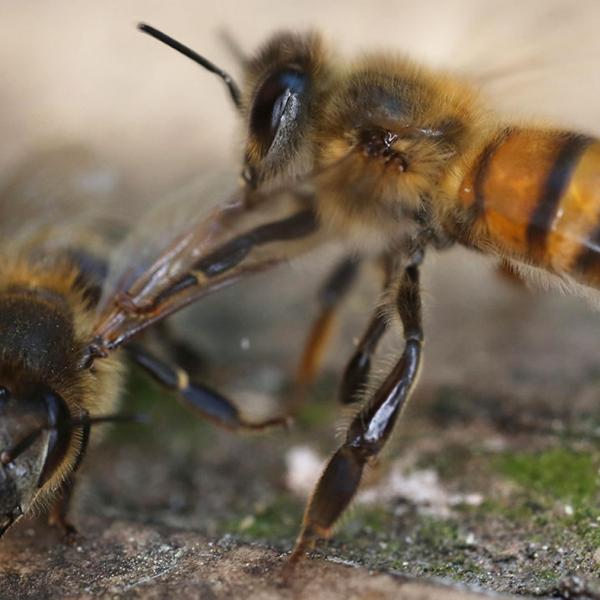
How ‘undertaker’ bees recognize dead comrades
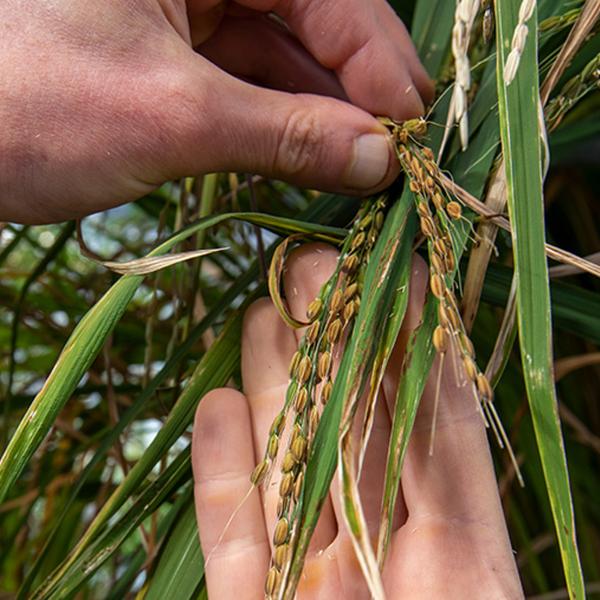
Weedy rice is unintended legacy of Green Revolution
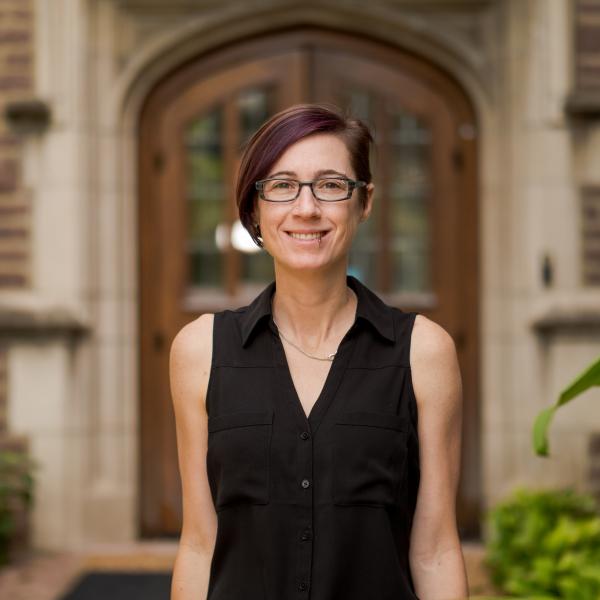
Hot time in the city: Urban lizards evolve heat tolerance
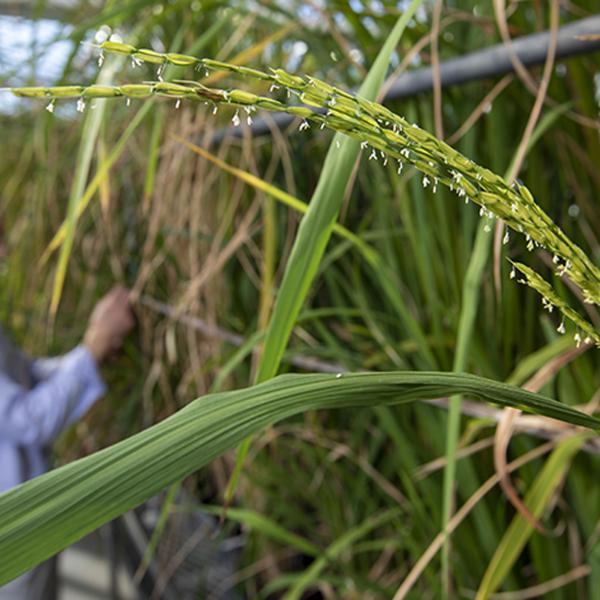
Rice, know thy enemy: NSF grants $2.6M to study weedy invader
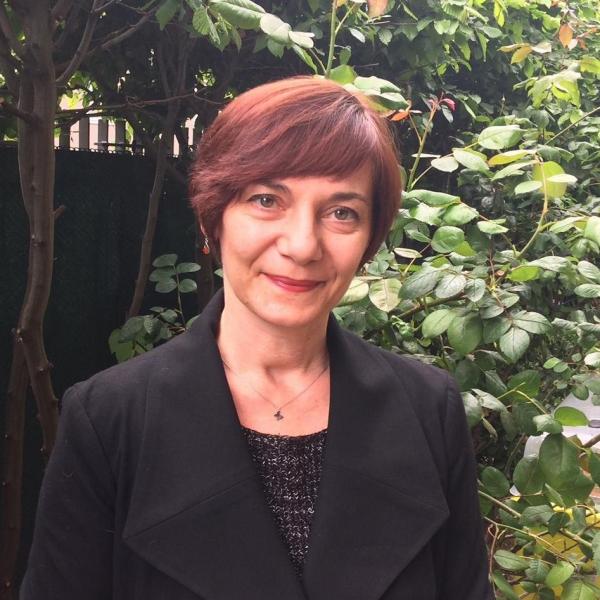
Patrizia d’Ettorre joins the WashU biology department as Clark Way Harrison Visiting Professor
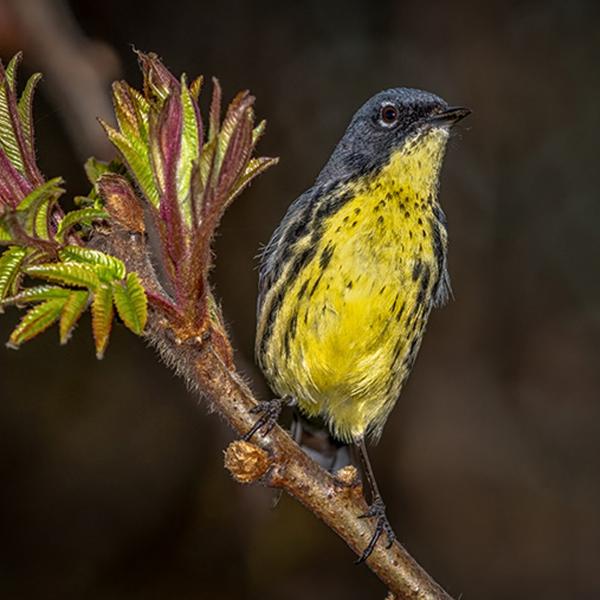
Birds of a feather better not together: 'Homogenization’ threatens ecosystems at larger geographic scales
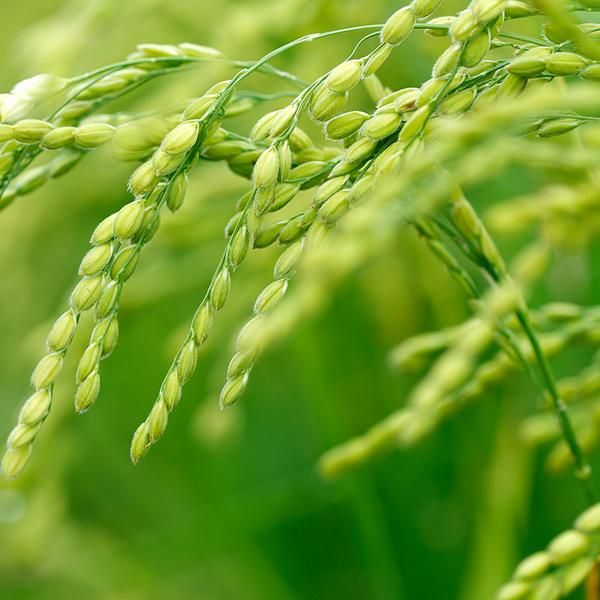
Genomics Reveals How Humans Can Inadvertently Drive Plant Mimicry

New grant awards in the Biology Department
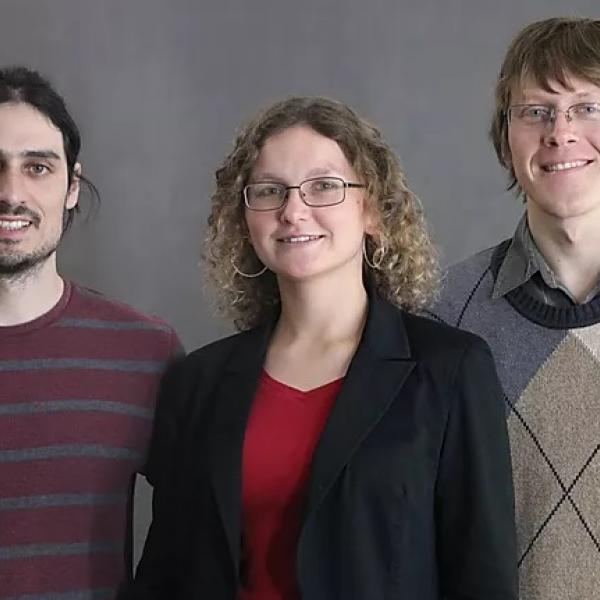
Arts & Sciences students, alumni among finalists for Skandalaris award

Naked mole rats migrate above ground with no help from the moon
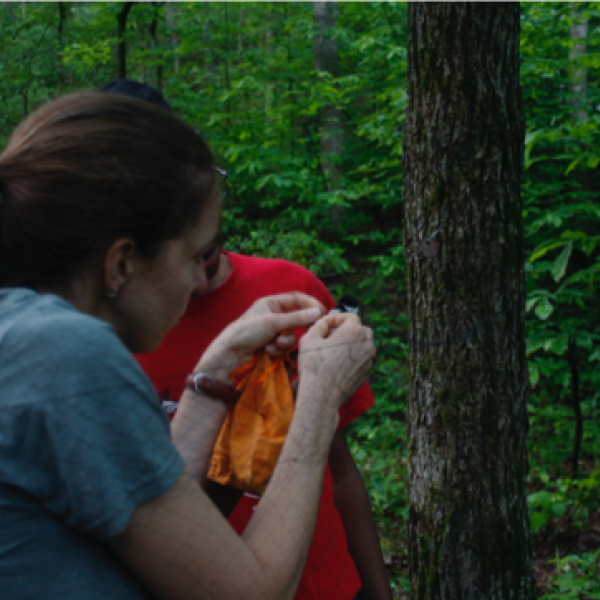
A bird’s-eye view of global health
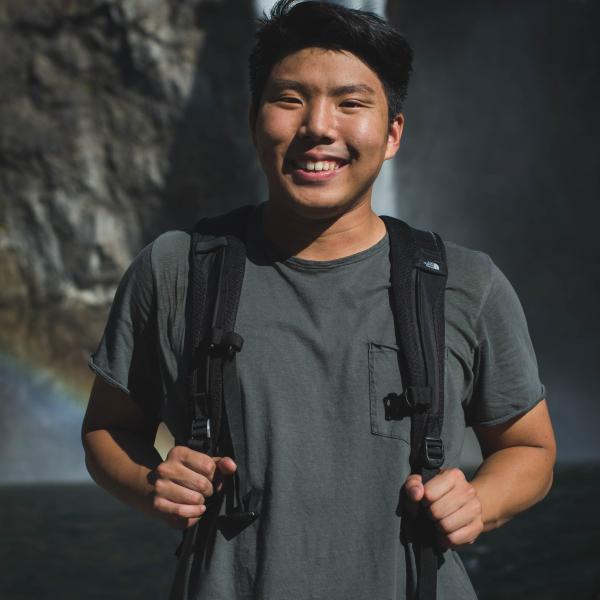
Course Spotlight: Student Experience with Bio 472 Behavioral Ecology

Faculty Spotlight: Michael Landis, Assistant Professor of Biology

St. Louis Wildlife Project Captures The Day-To-Day Of Region’s Wild Animals

New Biology Faculty Member Michael Landis
Haswell Lab continues legacy of Quatrano Lab’s moss research at Wash U

The Clock Inside-Erik Herzog on NPR's Science Friday
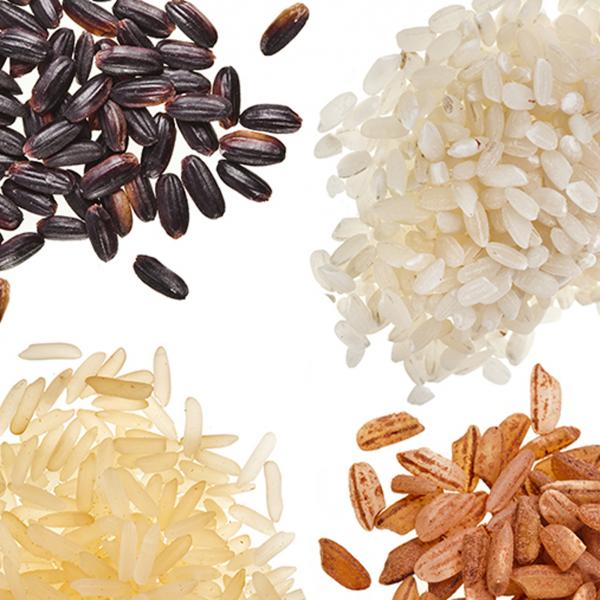
Grain traits traced to ‘dark matter’ of rice genome

And then there was light Arts & Sciences researchers provide new insights on the photoconversion mechanism of phytochromes

Four ways to curb light pollution, save bugs Insects have experienced global declines. Flipping the switch can help.

Faculty Spotlight: Swanne Gordon, Assistant Professor of Biology

Straight from the source: Arts & Sciences researchers discover novel process microbes use to harvest electrons

Getting to know Tyson's plant disease research team

This year, let’s make standard time permanent

Dr. Elizabeth Haswell: Researching How Plant Cells Sense and Respond to Internal Forces-#524 of People Behind the Science Podcast

This Strange Rule Is What Makes the Human Brain So Powerful

Why Spraying Saltwater On Roads Could Save Missouri Money And Reduce Runoff
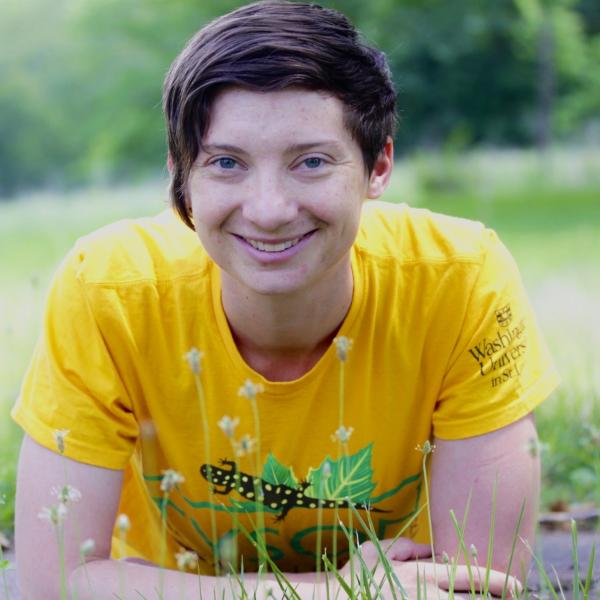
New England winters are on the decline due to climate change, study says

These Microbes ‘Eat’ Electrons for Energy
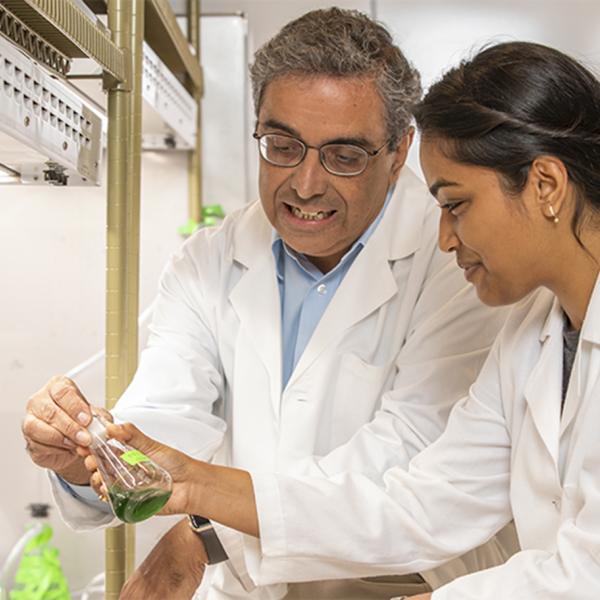
NSF funds research on nitrogen fixation

Brain tunes itself to criticality, maximizing information processing

Brave new world Simple changes in intensity of weather events "could be lethal," researcher says
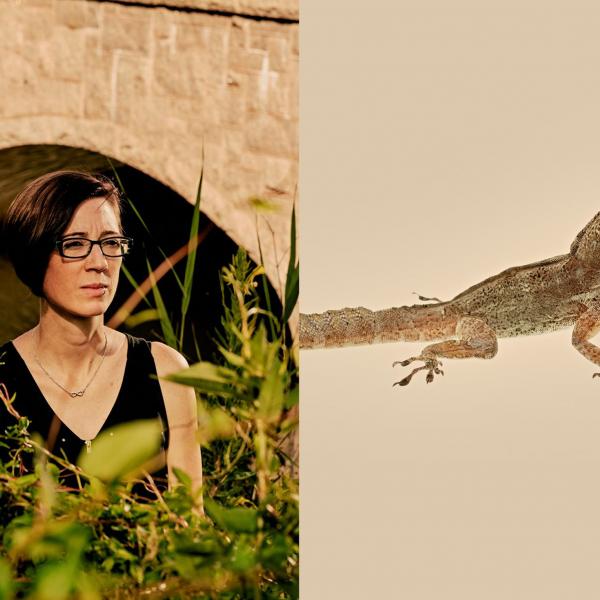
How Cities Reshape the Evolutionary Path of Urban Wildlife
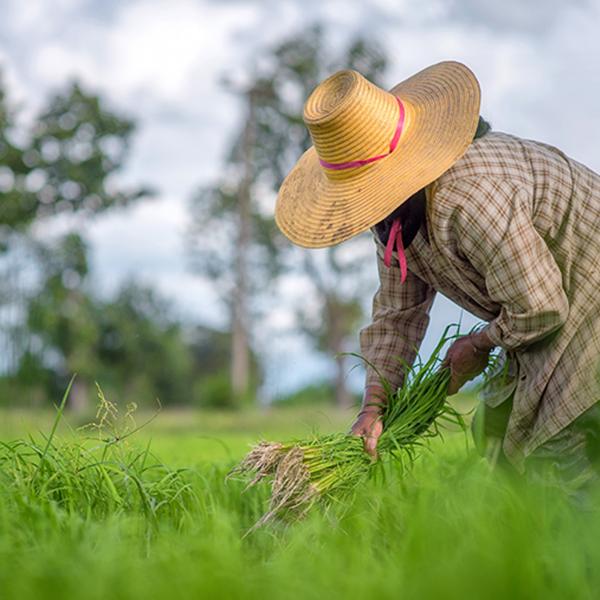
Hiding in plain sight: Early rice farmers unwittingly selected for weedy imposters, Arts & Sciences biologists find

Can we kill superbugs before they kill us?

Science Research Roundup August 2019

U.S. Mosquitoes Are Laying 'Time Capsule' Eggs That Can Outlast Colder Winters

Mosquitoes push northern limits with time-capsule eggs to survive winters
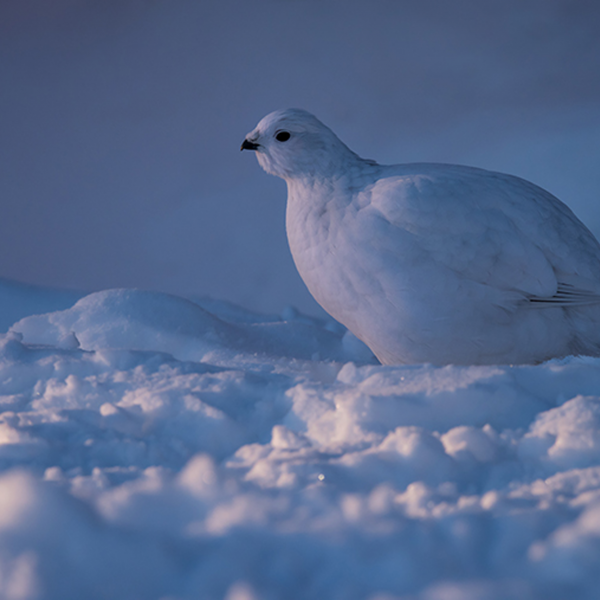
Big brains or big guts: Choose one Alternate ecological strategies help birds survive unpredictable conditions
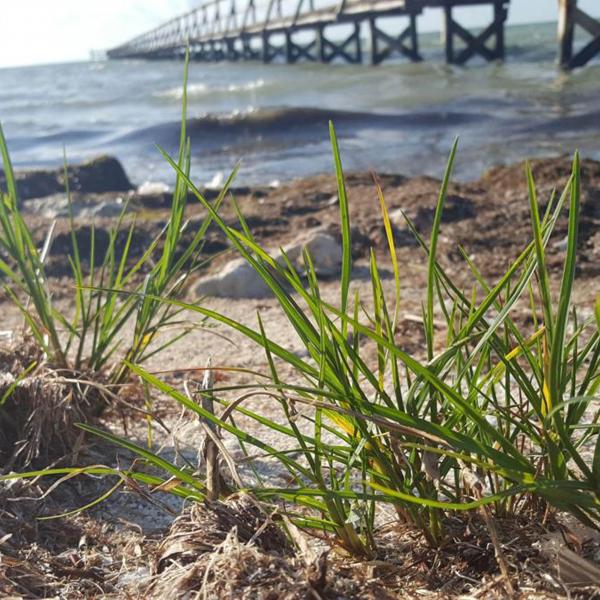
Missouri researchers study golf course grass to address agricultural challenges

In Defense Of Naked Mole Rats And What We Can Learn From Them

WashU Expert: Proposed changes will stamp out ‘countless species’

Caught on camera Wildlife of greater St. Louis area comes into focus in new biodiversity project
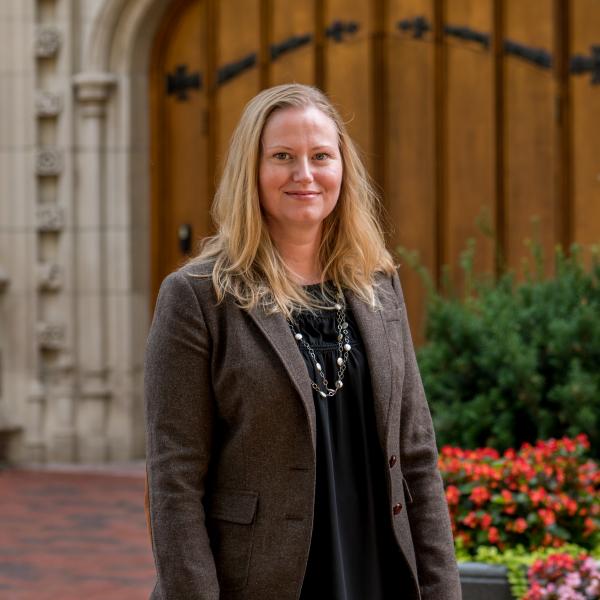
Sticky proteins help plants know when — and where — to grow New research uncovers a mechanism that keeps hormone auxin in its place
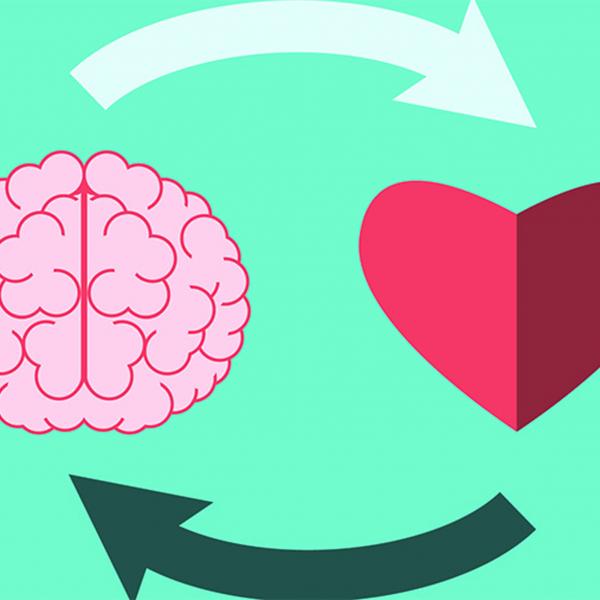
Rethinking seizures associated with cardiac disease: Fly study suggests neuronal gene malfunction, not oxygen deprivation, is behind long QT seizures
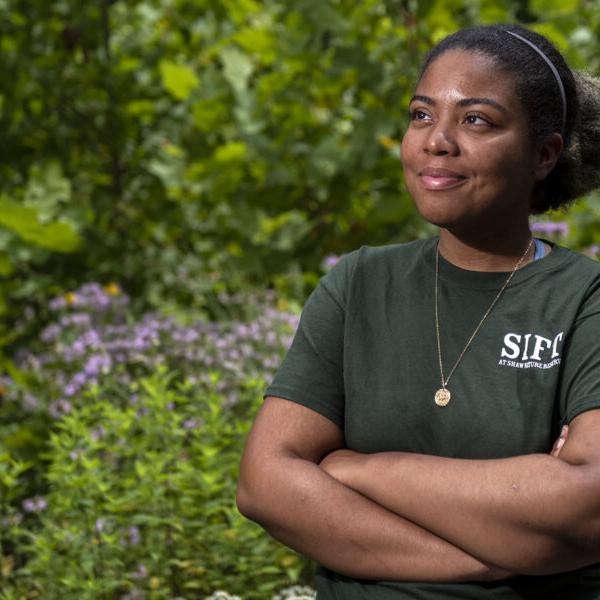
Interning local: Universal experience, valuable skills Undergraduates find meaningful summer work in our own backyard

Strange Evolution: the Weird Future of Life on Earth

‘Antibacterial’ Chemical in Consumer Products Causes More Harm by Making Bacteria Stronger

Putting the brakes on lateral root development: Arts & Sciences research could help plants better cope with distinct soil conditions and environments
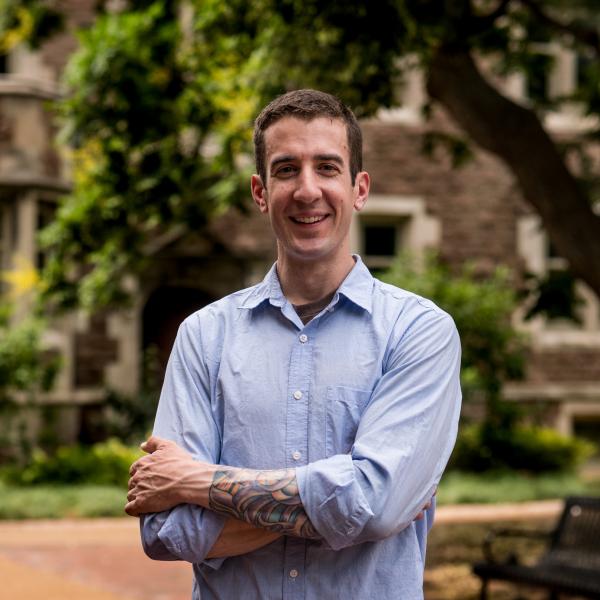
Neural Networks and Variance, the Implications for Disease-Futuretech Podcast featuring Keith Hengen
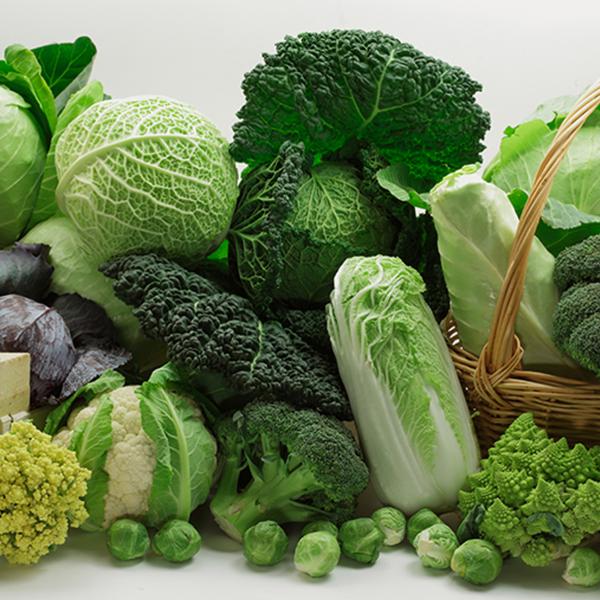
Mustering a milder mustard Scientists reveal protein responsible for a bitter taste. But will it help us to eat our greens?
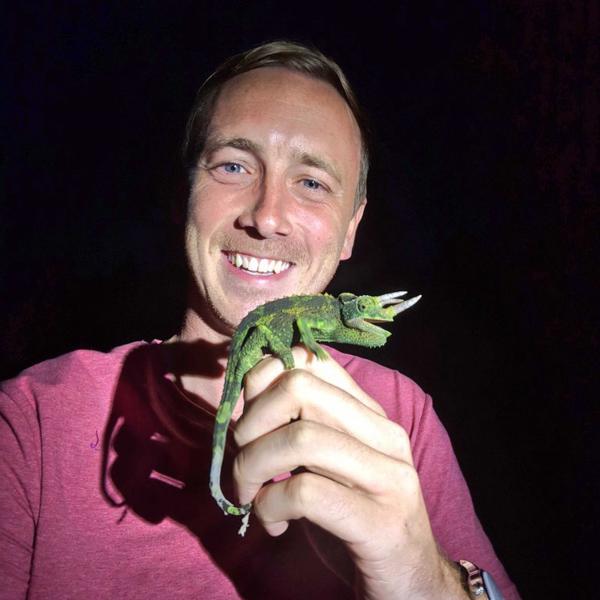
James Stroud of Losos Lab: Tropical Ecology Field Research
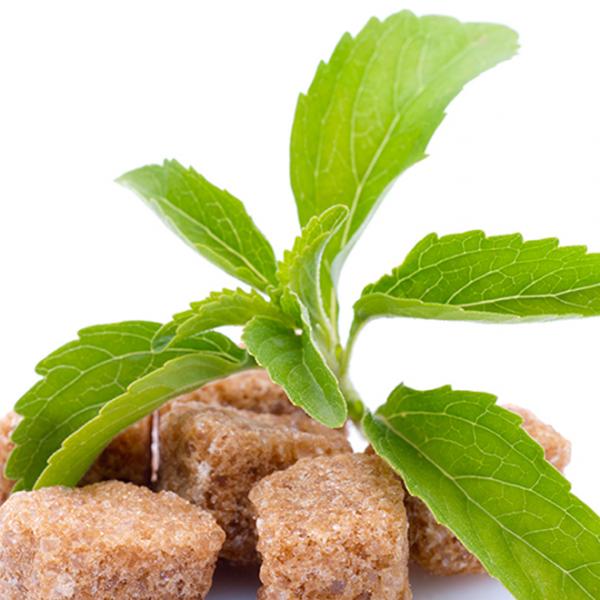
Dear Scientists: Please Make a Version of Stevia That Isn’t Gross

Bison overlooked in domestication of grain crops

Mosquitoes are out in force across St. Louis, but some species pose bigger risks than others
Gearing up for the Midwestern Collegiate Climate Summit

Structuring sweetness: What makes Stevia so sweet? The molecular madness that makes an herb 200 times sweeter than sugar

Petra Anne Levin: Current Biology
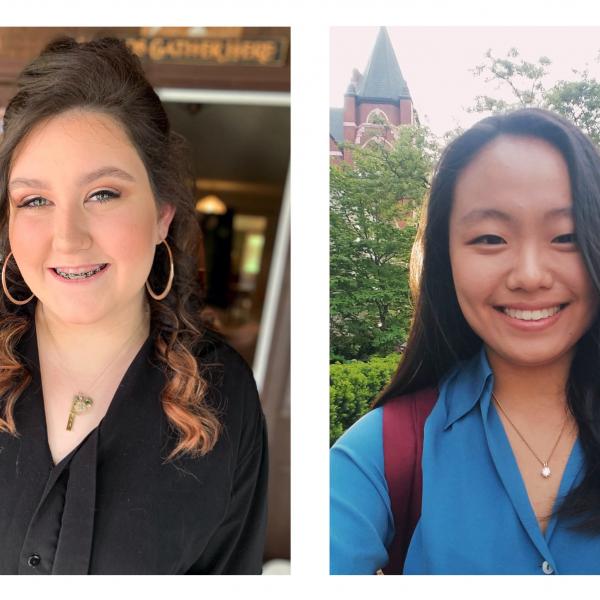
Two students will join the Bose Lab this summer through US Army funding

A tale of two skeeters Tyson Research Center biologists discover something positive about an invasive mosquito species
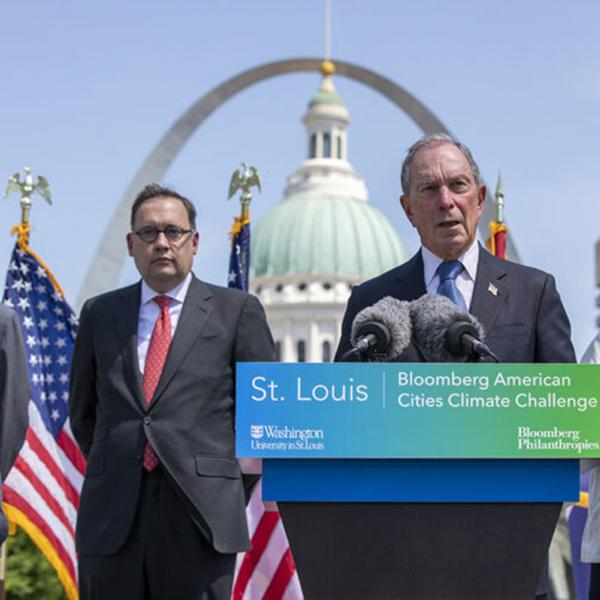
Michael Bloomberg announces Midwestern Collegiate Climate Summit

Mather wins Harrison D. Stalker Award
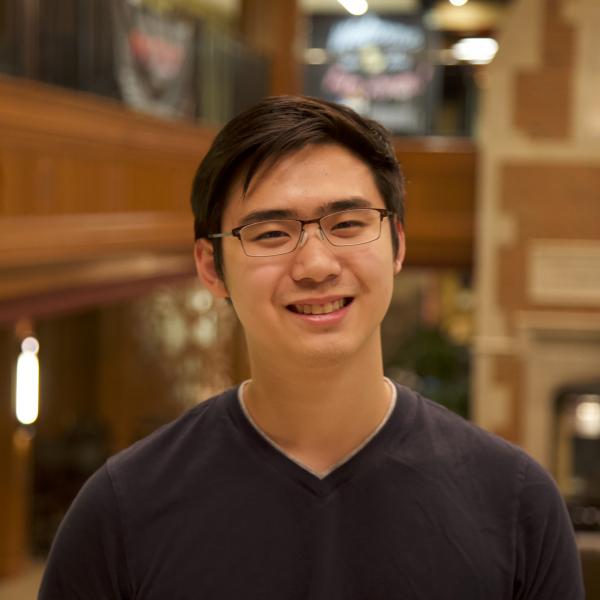
Hsu wins Spector Prize
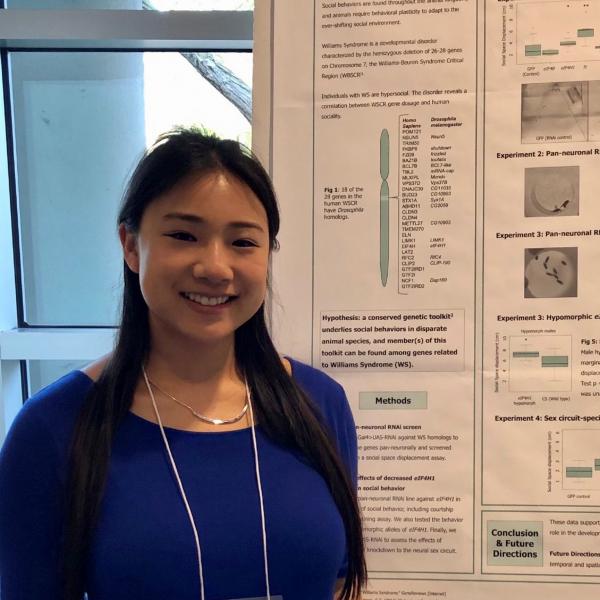
Chin wins Quatrano Prize
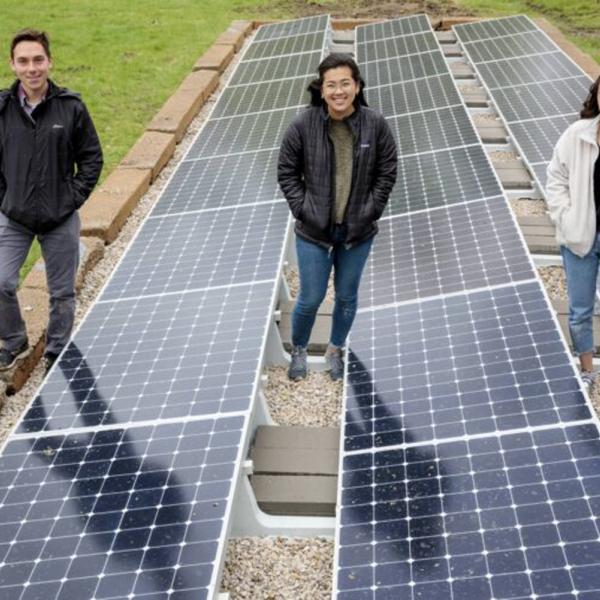
Expanding solar power at Tyson Research Center: Three McKelvey School of Engineering students design sustainable power system for Tyson

Can Wearing ‘Well Fashion’ Really Improve Your Health?

Pregnancy shifts the daily schedule forward: New study finds both schedule, activity level changes in normal full-term pregnancies
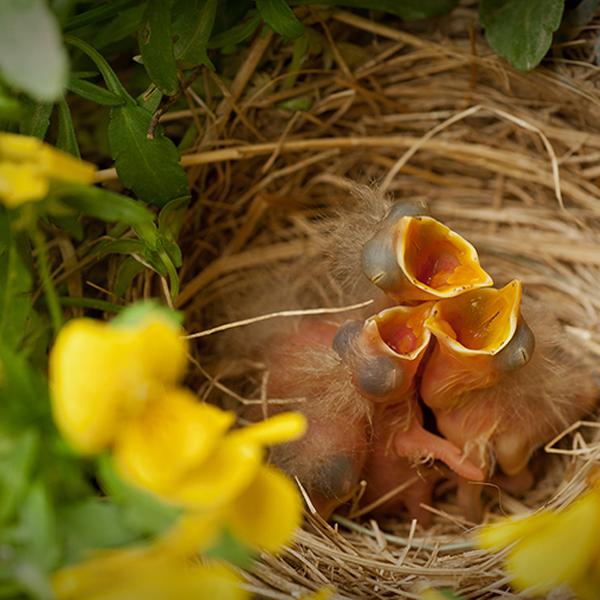
The kids are alright: Family quarrels in seeds reveal the ways parents and offspring sometimes evolve in conflicting directions
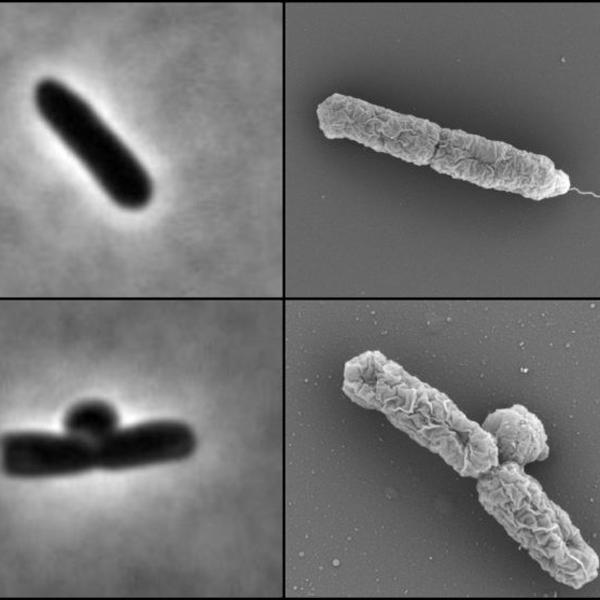
Specialist enzymes make E. coli antibiotic resistant at low pH
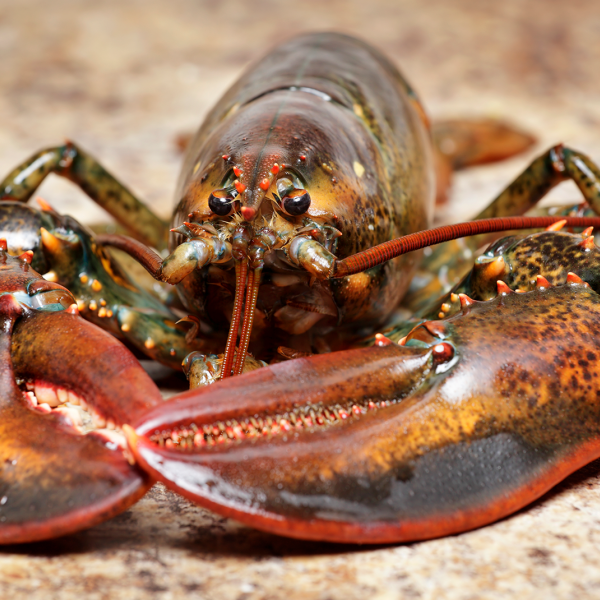
Warming pushes lobsters and other species to seek cooler homes

Tidying up: A new way to direct trash to autophagy Researchers find new way to clean up cells; discovery could aid attack on human disease

Creating sustainable bioplastics from electricity-eating microbes
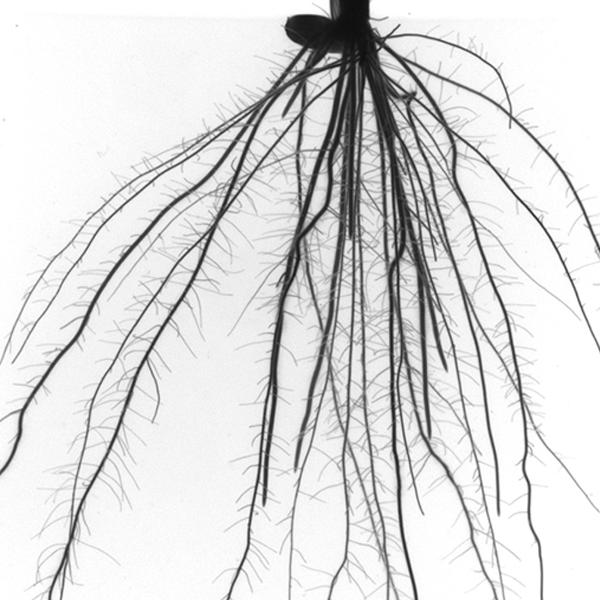
Rusted root: Weedy rice repeatedly evolves ‘cheater’ root traits
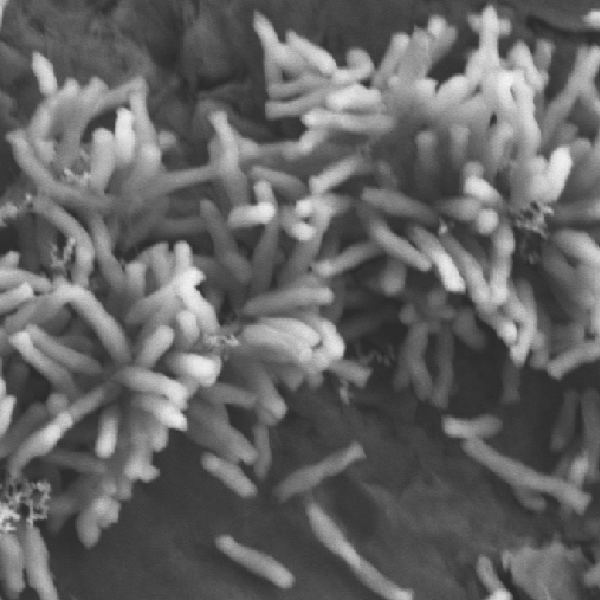
Study shows how electricity-eating microbes use electrons to fix carbon dioxide

Bose Lab publishes new paper in Nature Communications

Sinking really low – the story of a microbe, electricity and carbon dioxide

Washington People: Erik Herzog

Blodgett awarded CAREER grant to study biosynthetic silence
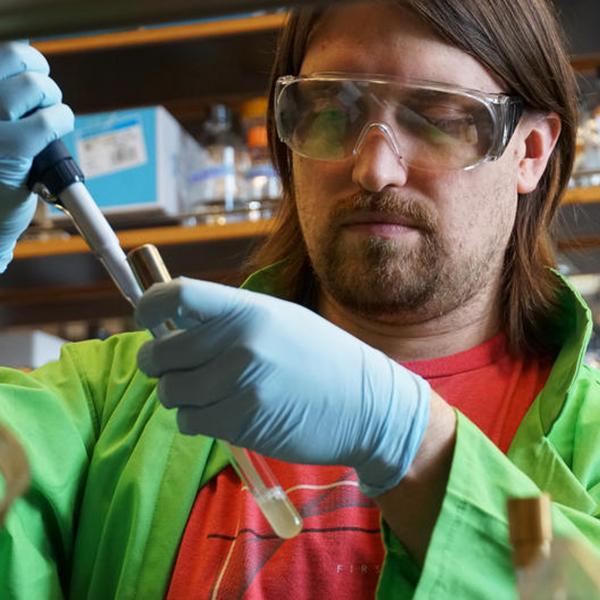
Germ-Killing Chemical Shields Bacteria From Antibiotics

WashU Expert: The eternal sunshine of perennial ‘wintertime’: Abandoning daylight saving time makes public health sense

Bose receives US Army grant

Blodgett receives CAREER grant from NSF

Chemical added to consumer products impairs response to antibiotic treatment: Triclosan added to toothpaste, mouthwash to kill bacteria inadvertently makes such cells stronger
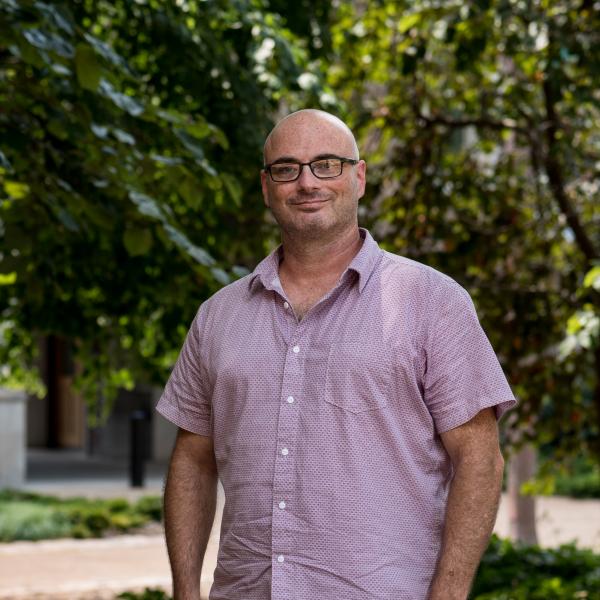
Earning a bee’s wings: In hives, graduating to forager a requirement for social membership
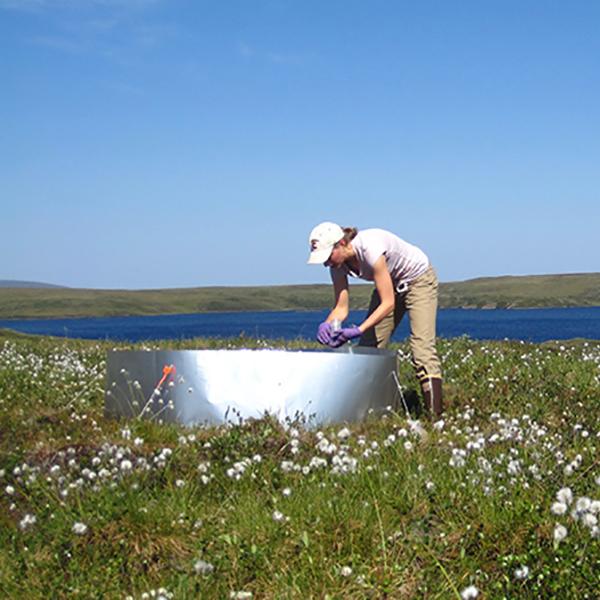
Arctic Wolf Spider’s Changing Diet May Help Keep Arctic Cool & Lessen Some Impacts of Global Warming

Tamed Conflict: How evolutionary biologists attempt to make sense of the existence of organisms from first principles
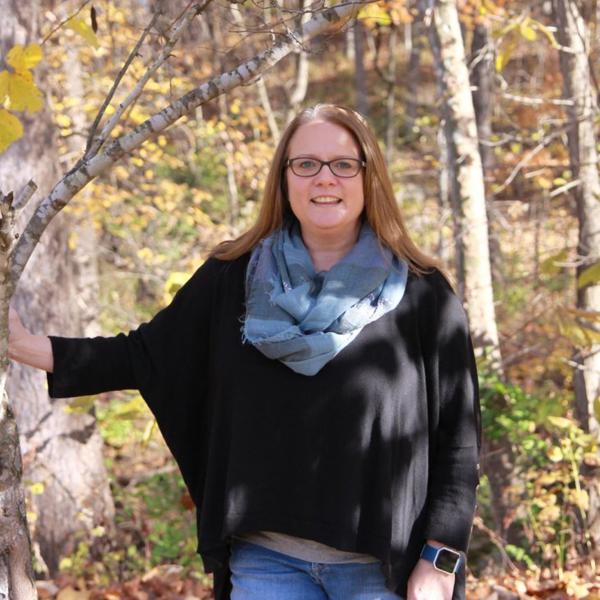
WashU Expert: Mosquitoes and ticks do better in extreme cold than we do
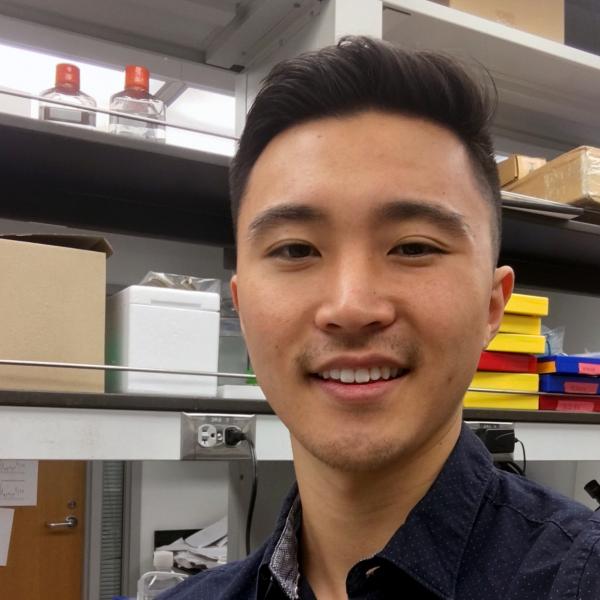
Bio 500 Research Spotlight: Samuel Kim on the Kummer Lab
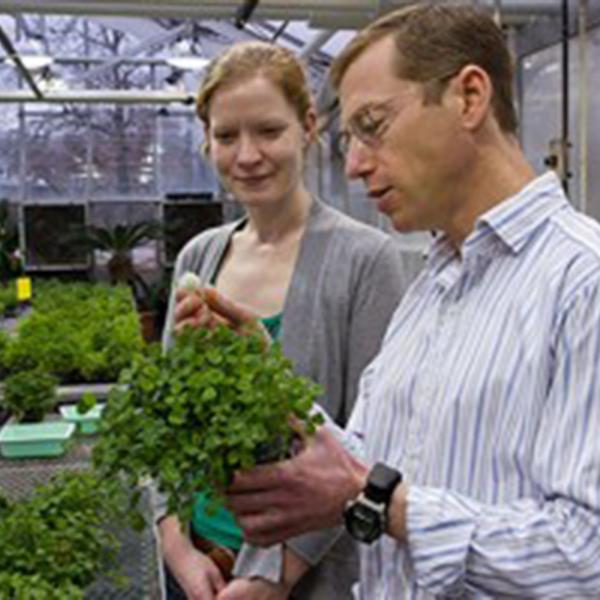
Purple reigns

Biology Professor Highlights Active Learning in Science Education
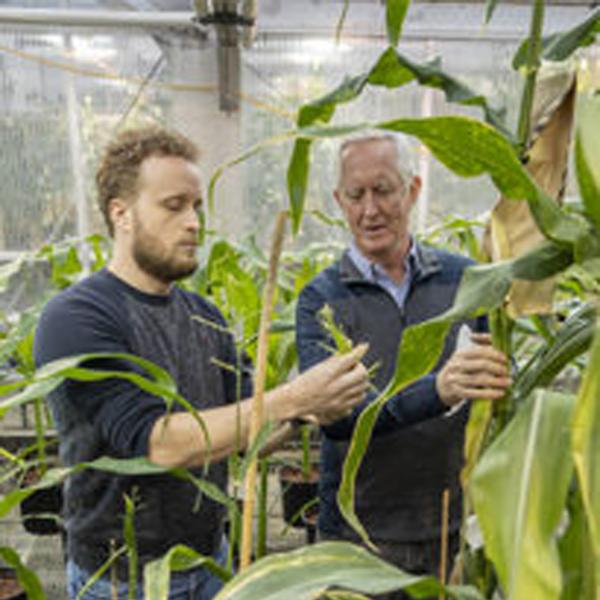
Plant’s recycling system important in sickness and in health
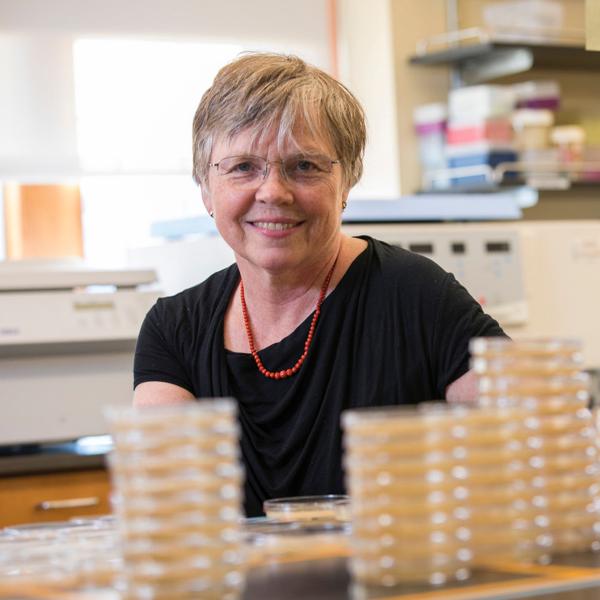
Should Evolution Treat Our Microbes as Part of Us?
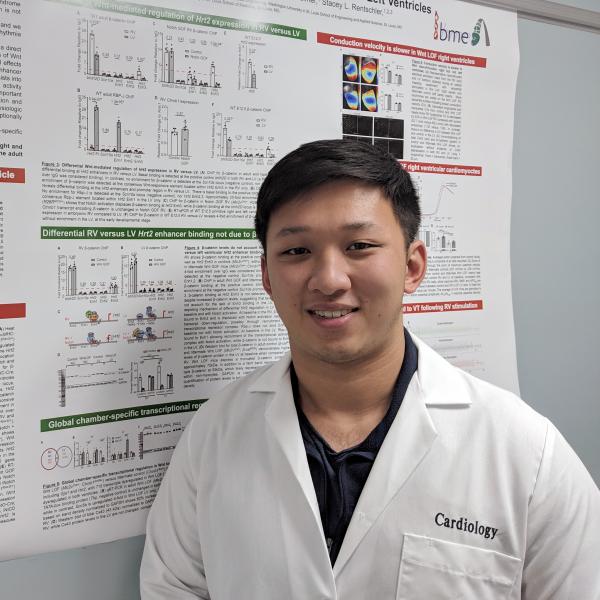
Bio 500 Research Spotlight: Kevin Yin on the Rentschler Lab
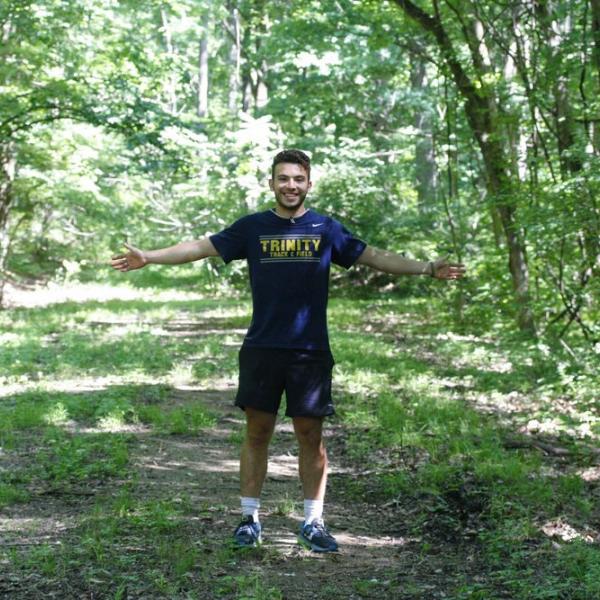
Getting to know the humans of Tyson

New maps hint at how electric fish got their big brains
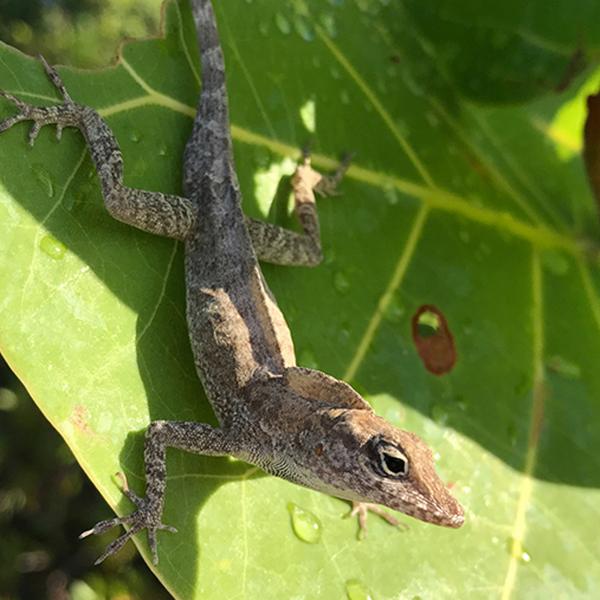
Replaying the tape of life: Is it possible?
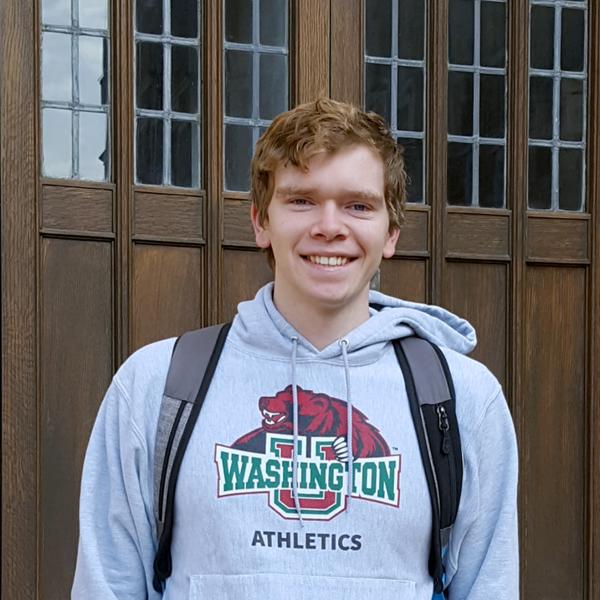
Bio 500 Research Spotlight: Benjamin French on the Elgin Lab

Erik Herzog on Daylight Savings Time
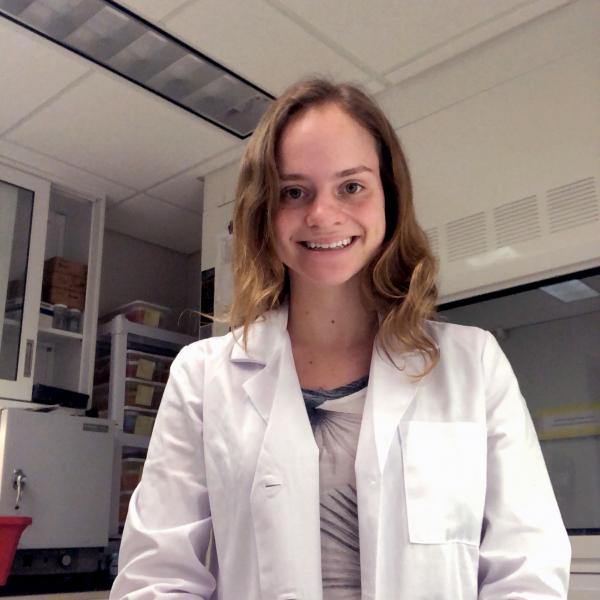
Bio 500 Research Spotlight: Hannah White on the Perlmutter Lab

Richard D. Vierstra receives NIH grant

Dr. Himadri Pakrasi receives U.S. Department of Energy grant

Monkey DNA may solve mysteries, help conservation

Faculty Spotlight: Joseph Jez, Biology Chair

Interview with undergrad Daniel Berkovich about the American Society of Plant Biologists SURF
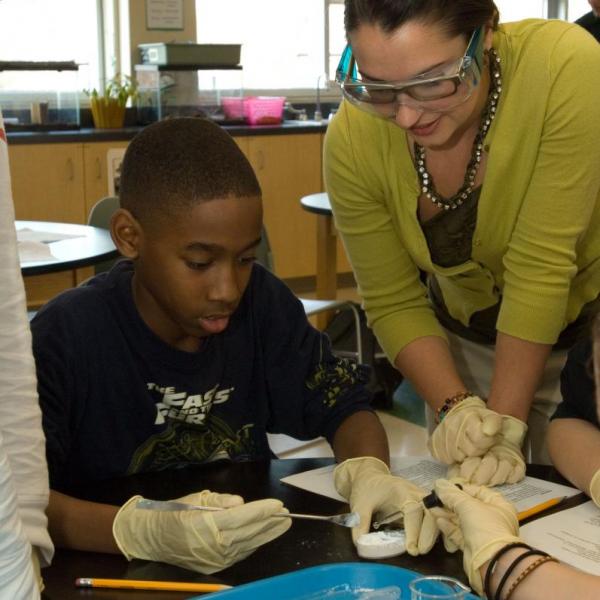
Sunsetting of PARC
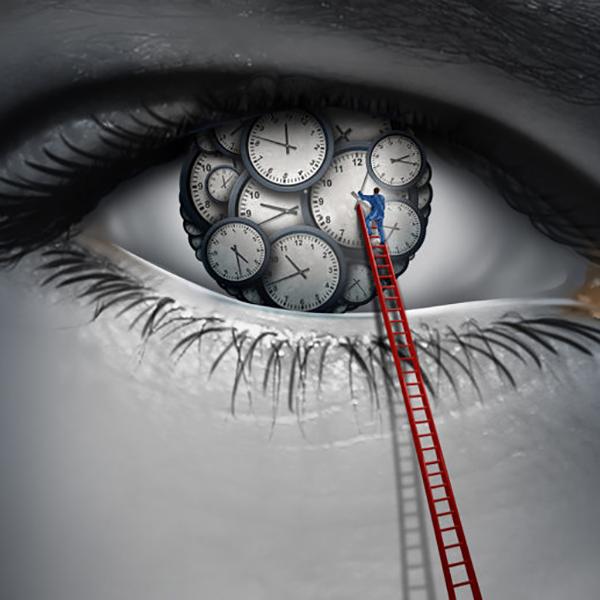
In sync: How cells make connections could impact circadian rhythm
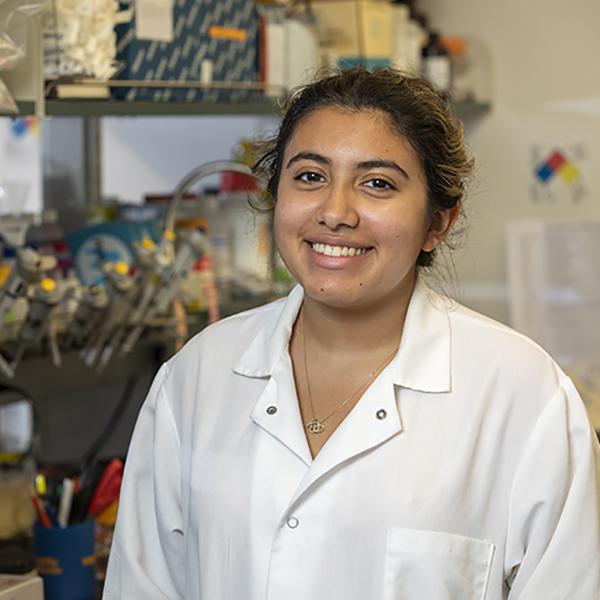
A path to diversity in neuroscience
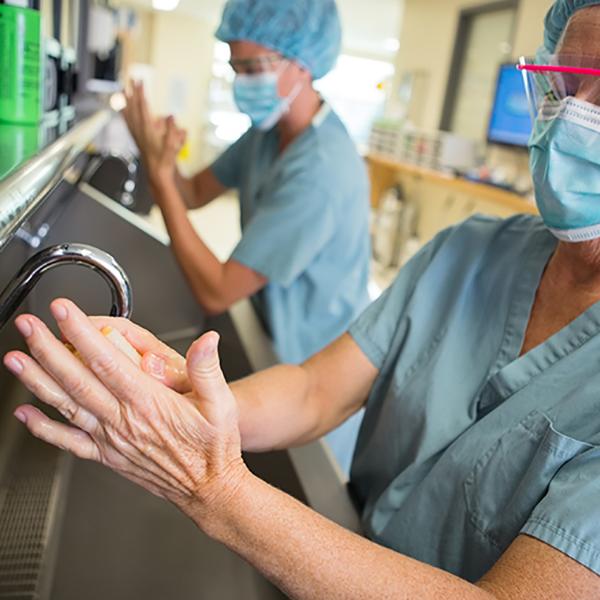
Bacteria in a changing environment

Jez Lab receives NSF grant to collaborate with Maeda Lab at UW-Madison

Leggy lizards don’t survive the storm

Warming alters predator-prey interactions in the Arctic
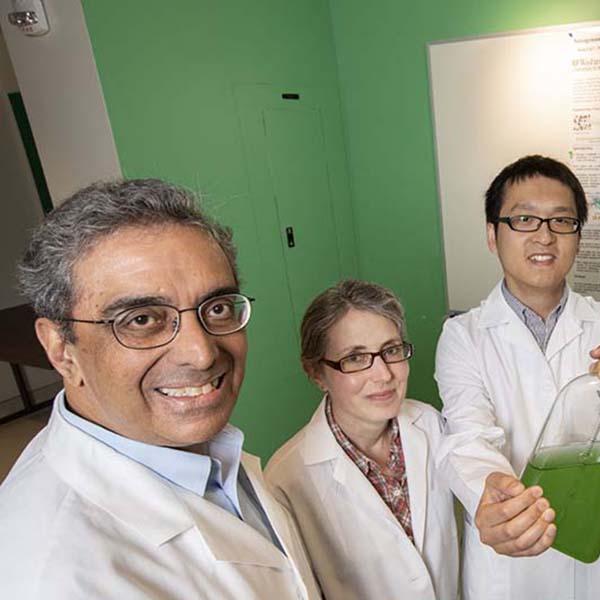
Researchers engineer bacteria that create fertilizer out of thin air
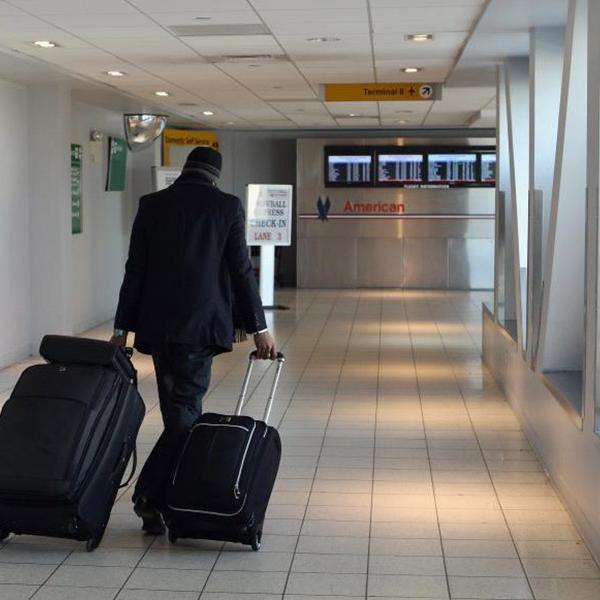
Jet Lag: trips across time zones may get a bit easier

VIP neurons hold master key to jet lag response

A New Species in Forest Park
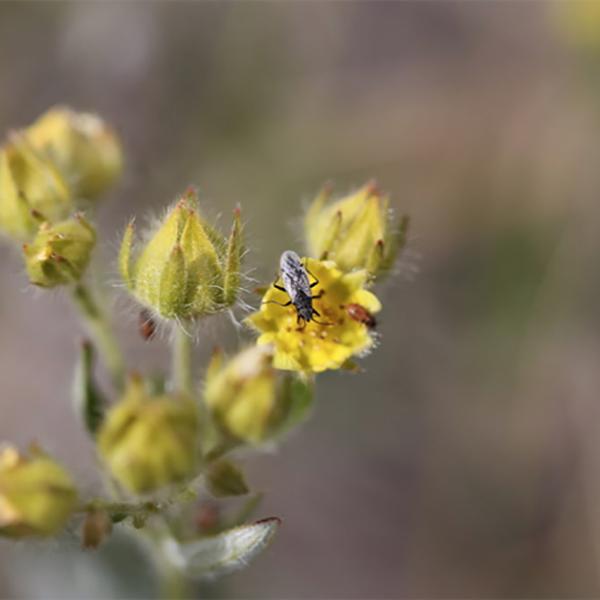
Bugged out by climate change
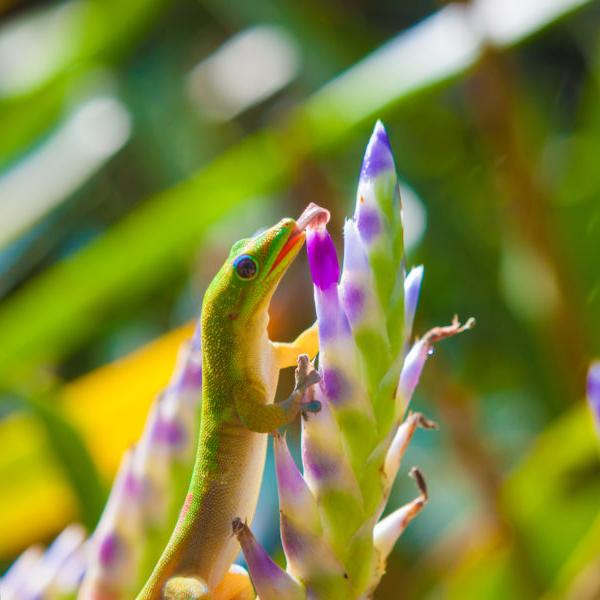
Sustaining life on Earth
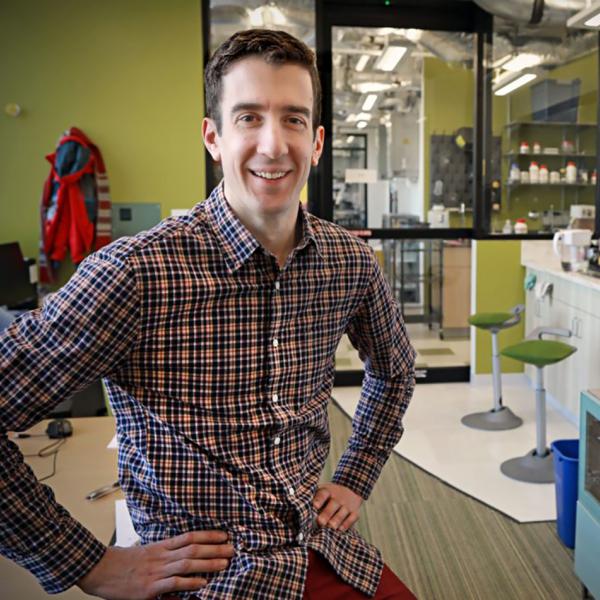
WashU Spaces: Keith Hengen
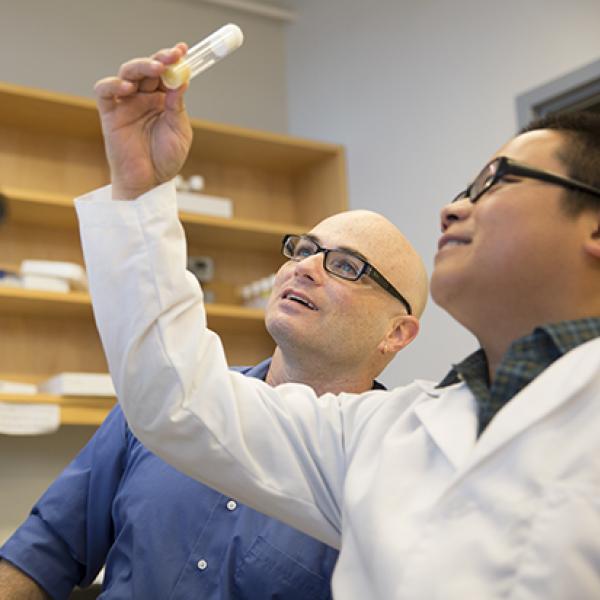
Yehuda Ben-Shahar awarded $770,000 by the National Science Foundation

Making Drugs From Bugs

Is Daylight Saving Time necessary? And, why ‘springing ahead’ is harder than ‘falling back’
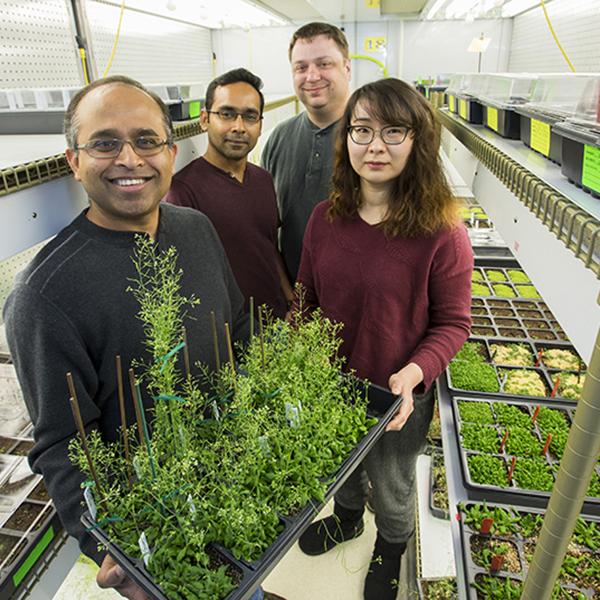
Keeping plant-cell motors on track

(Daylight Saving) Time is not on your side
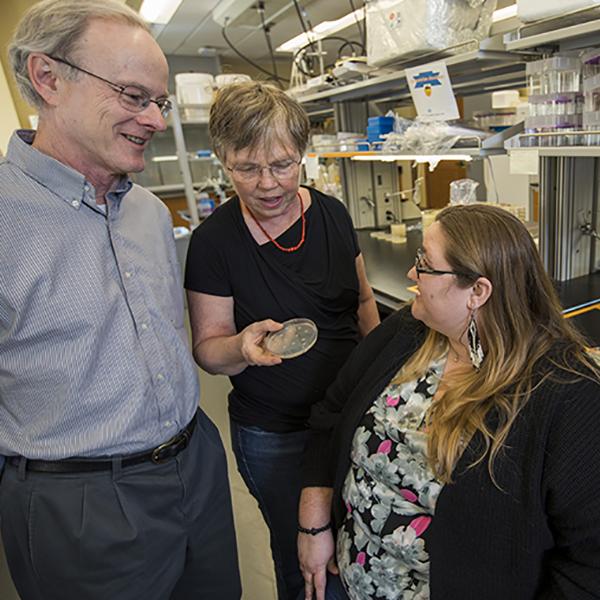
Arms races and cooperation among amoebae in the wild
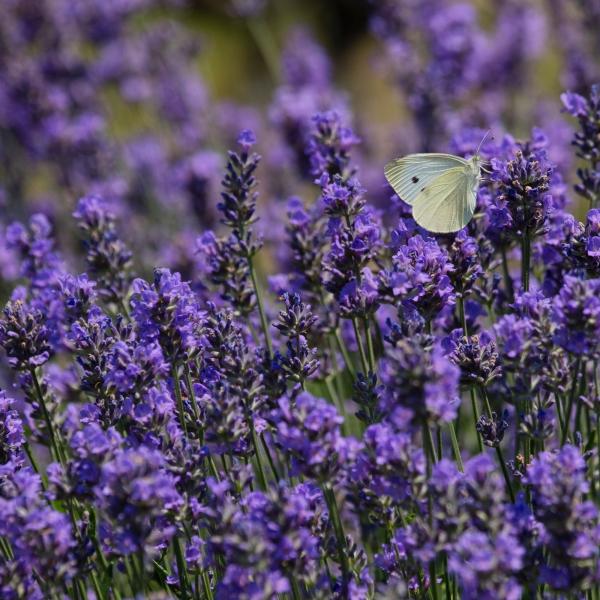
The Secret Lives of Plants
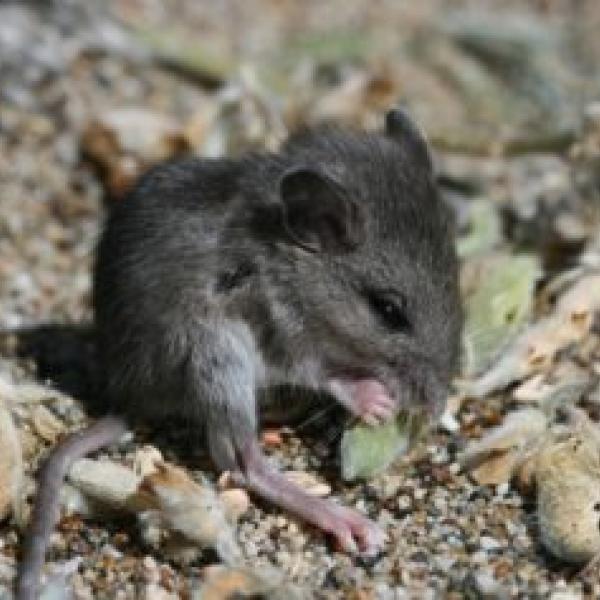
Large-scale removal of beachgrass leads to new life for endangered coastal lupine
Could tiny green creatures provide clues for how to create a more sustainable future?
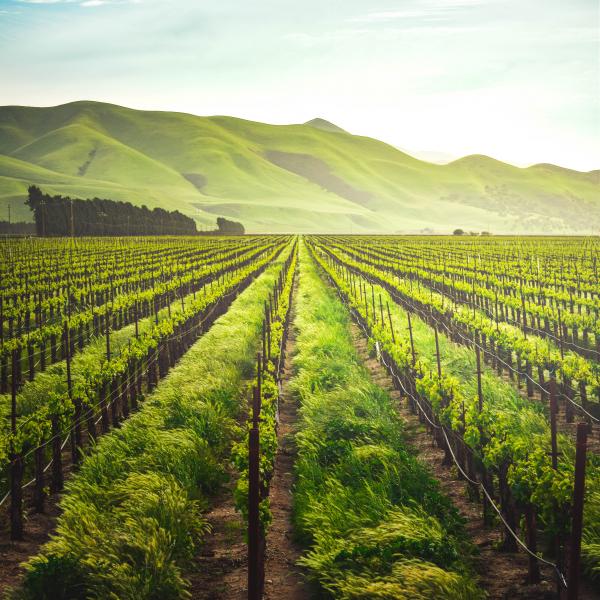
Becoming a biotech explorer
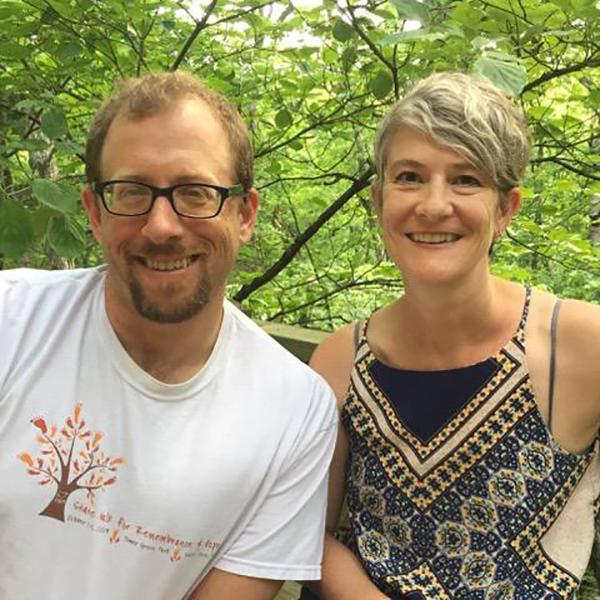
2 St. Louis plant scientists dig deep into the struggles of research

Arpita Bose receives a $40,000 collaboration initiation grant
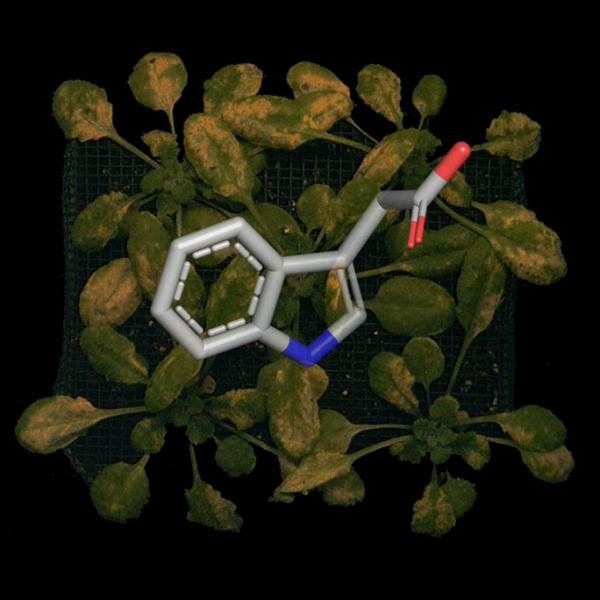
Plotting the path of plant pathogens
newsletters
Explore our department's BIOrhythms and Biologue newsletters.
